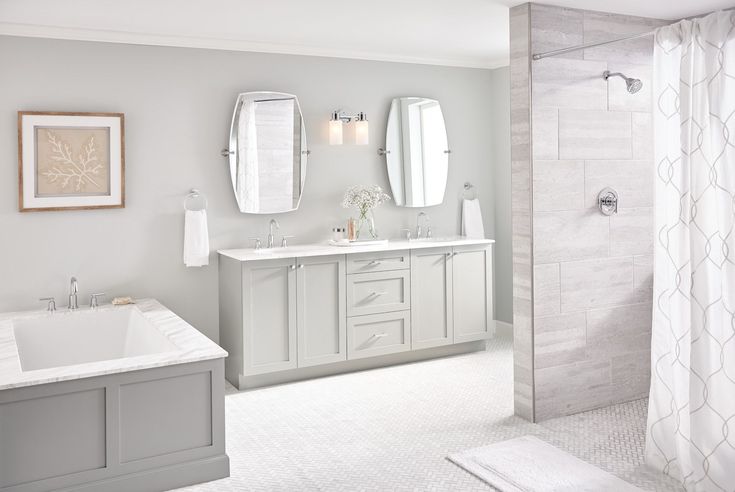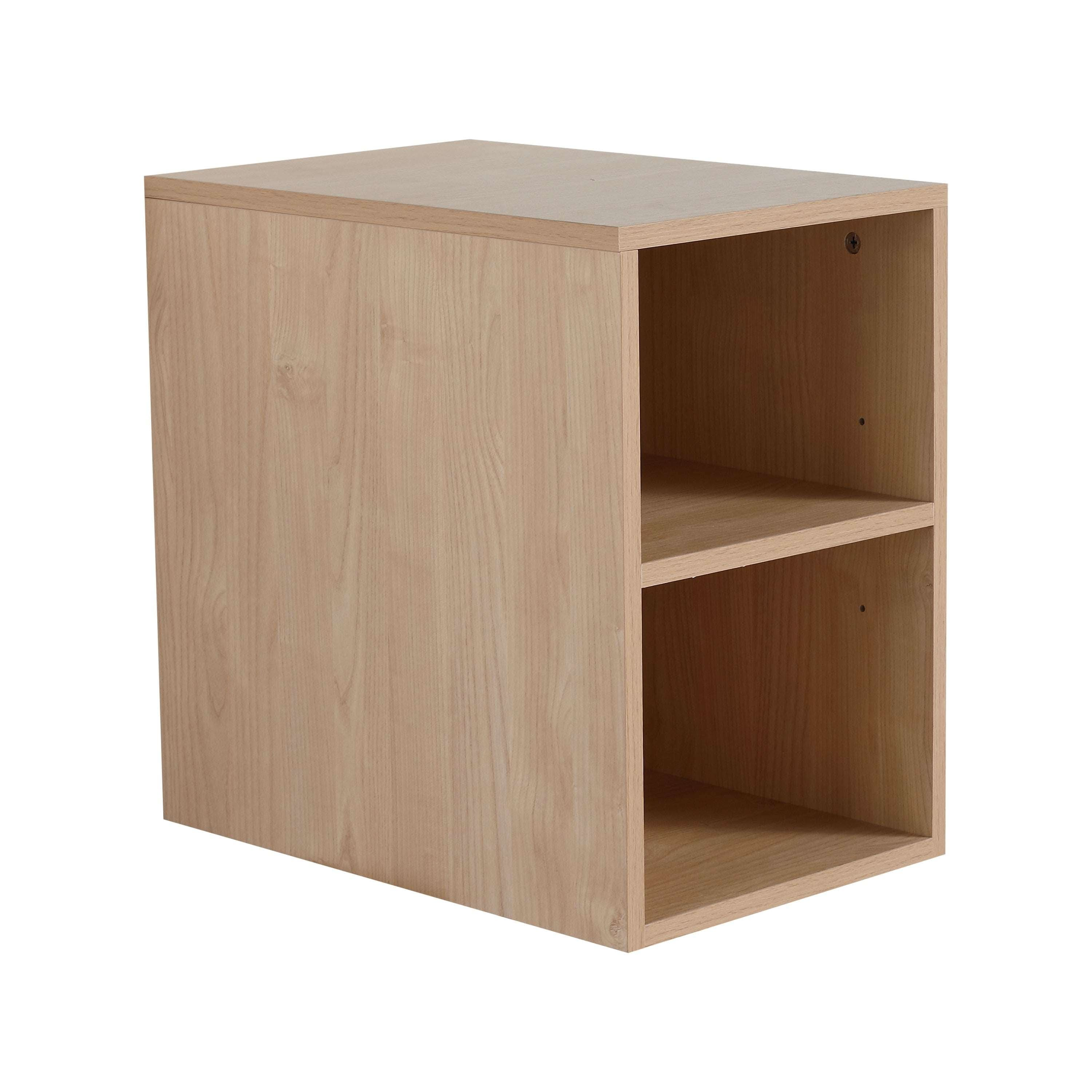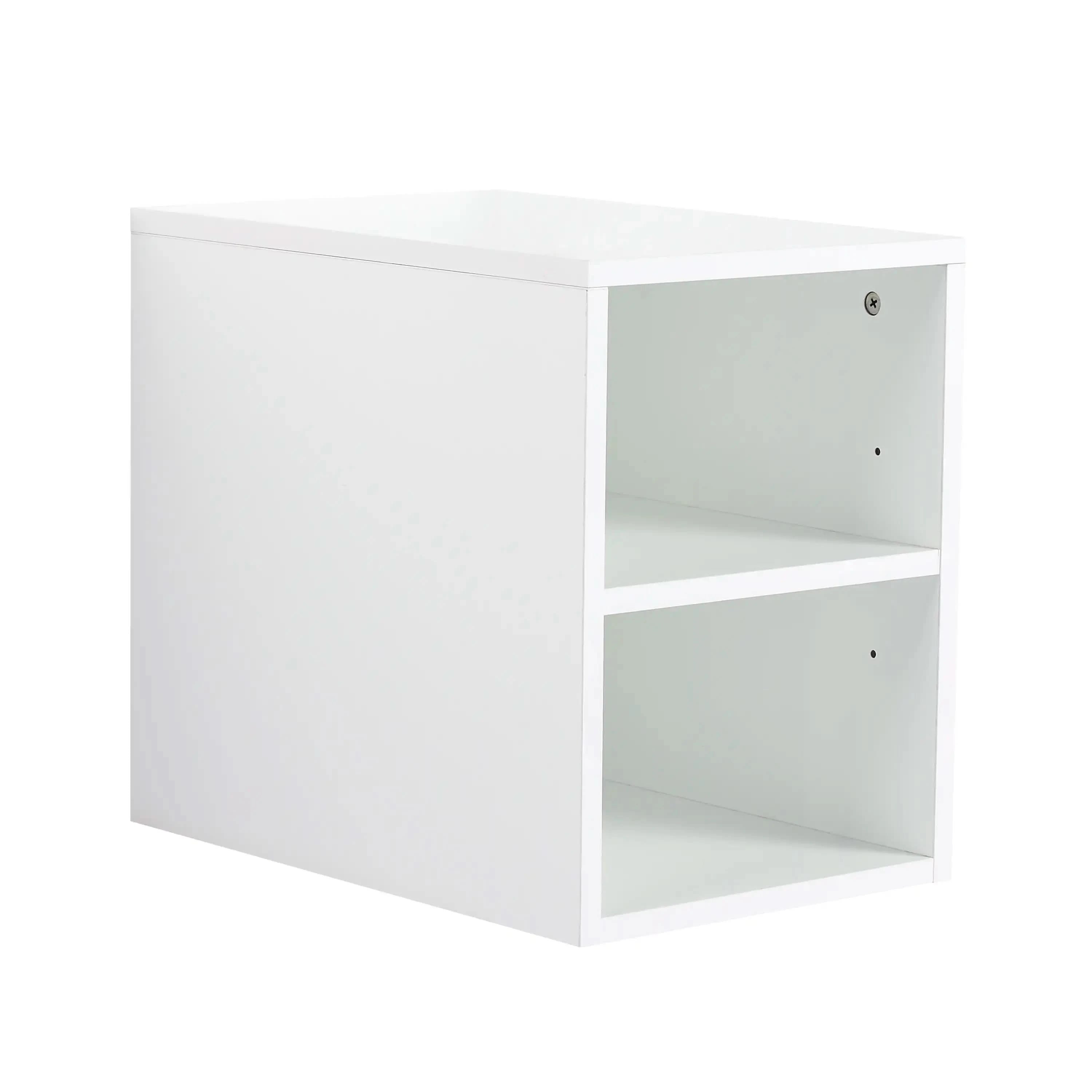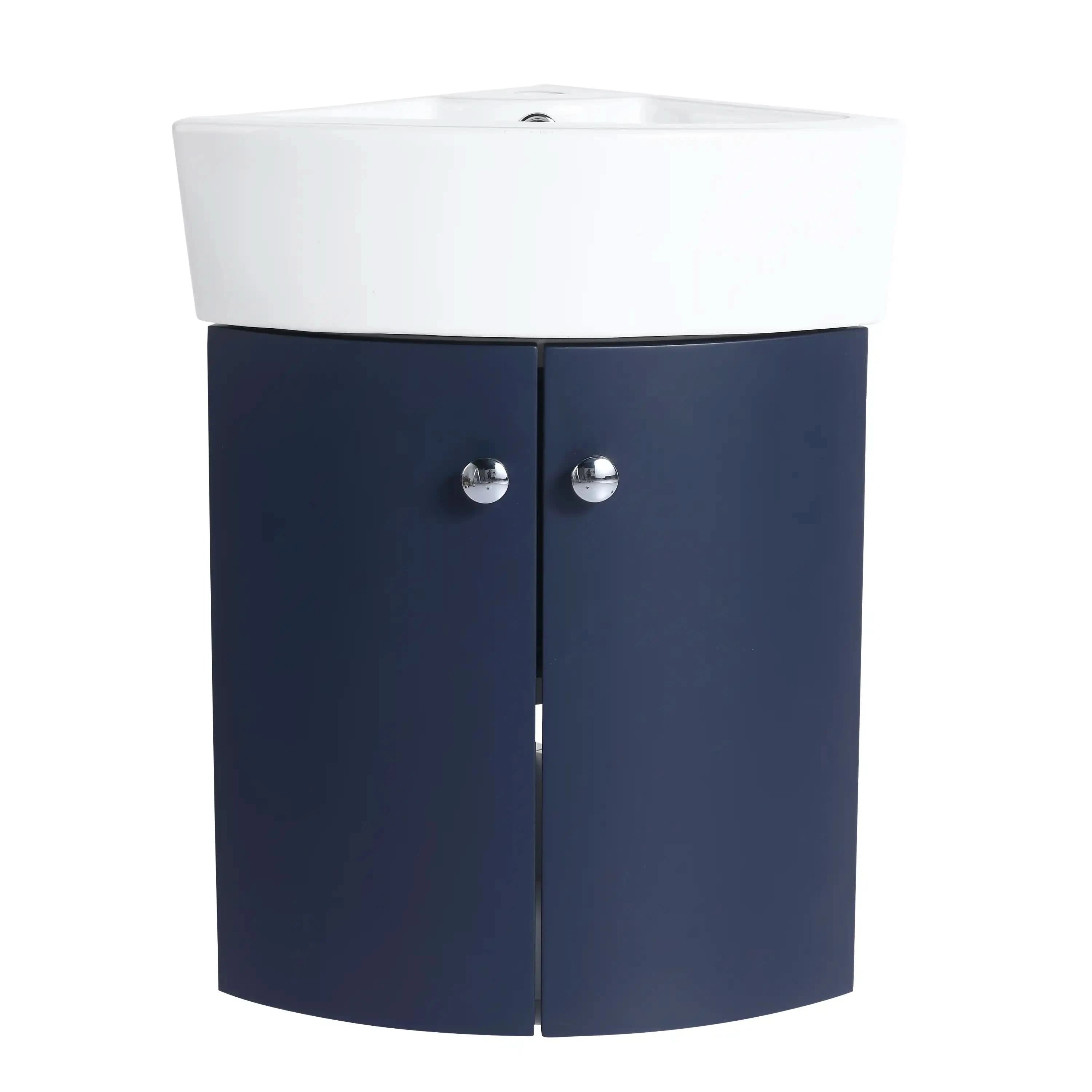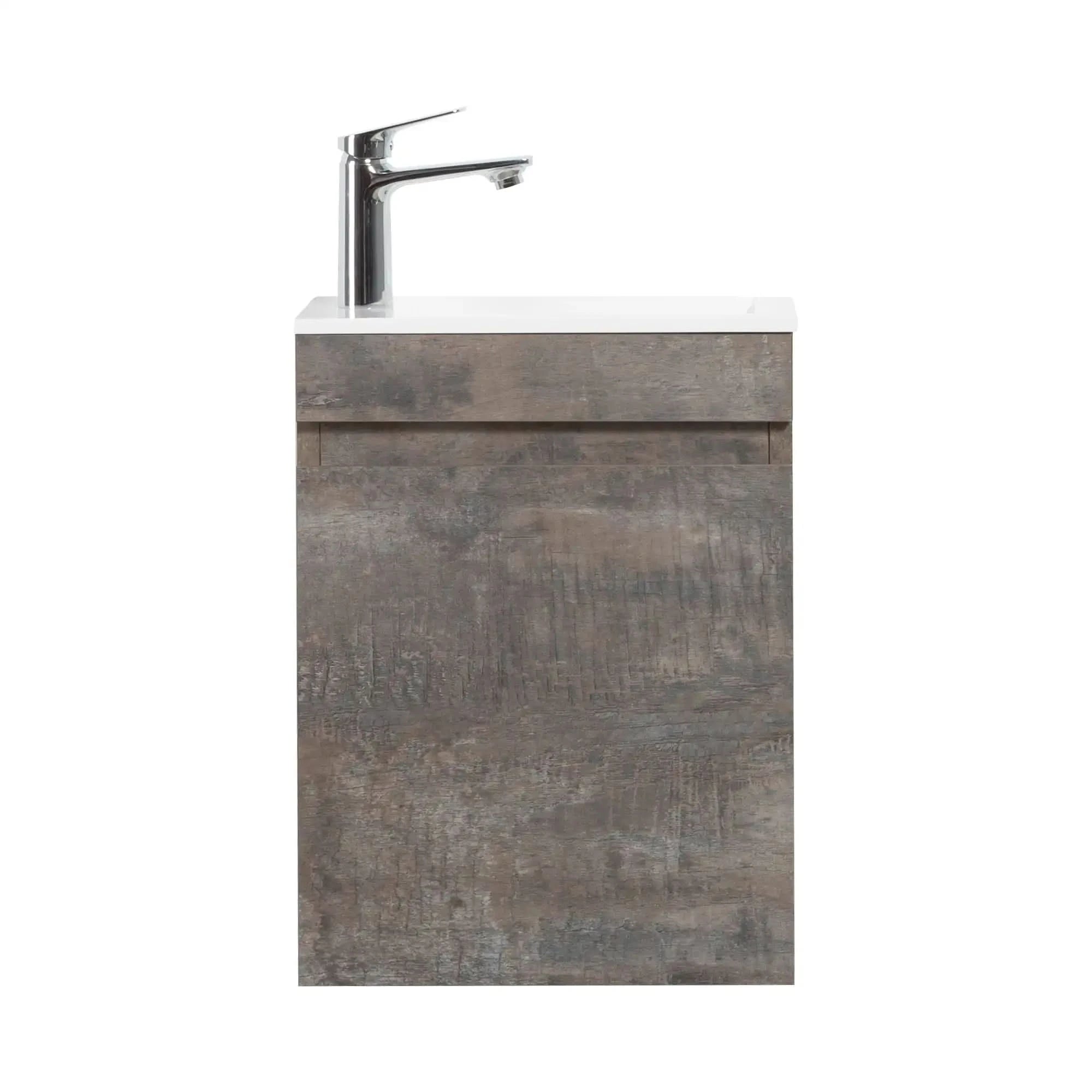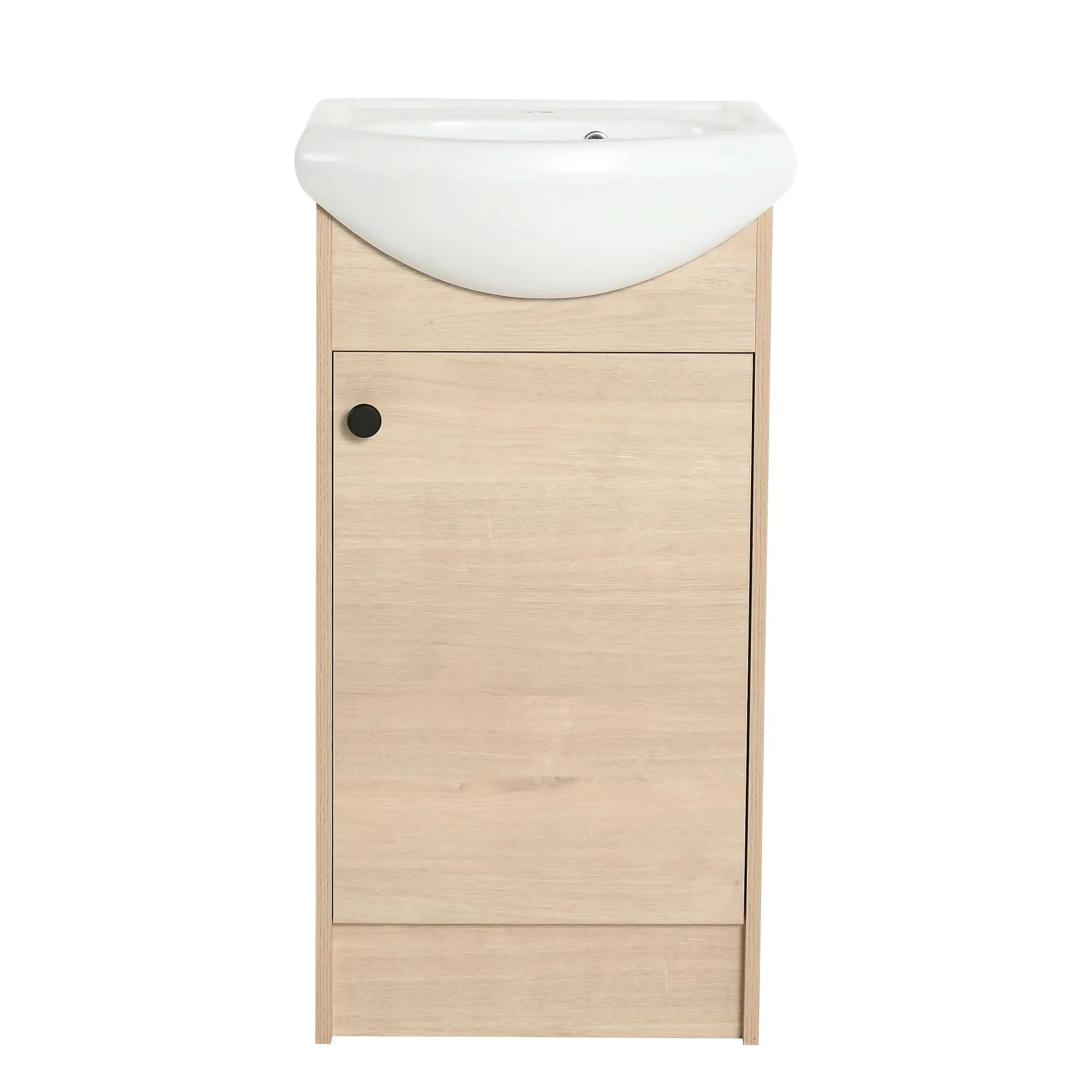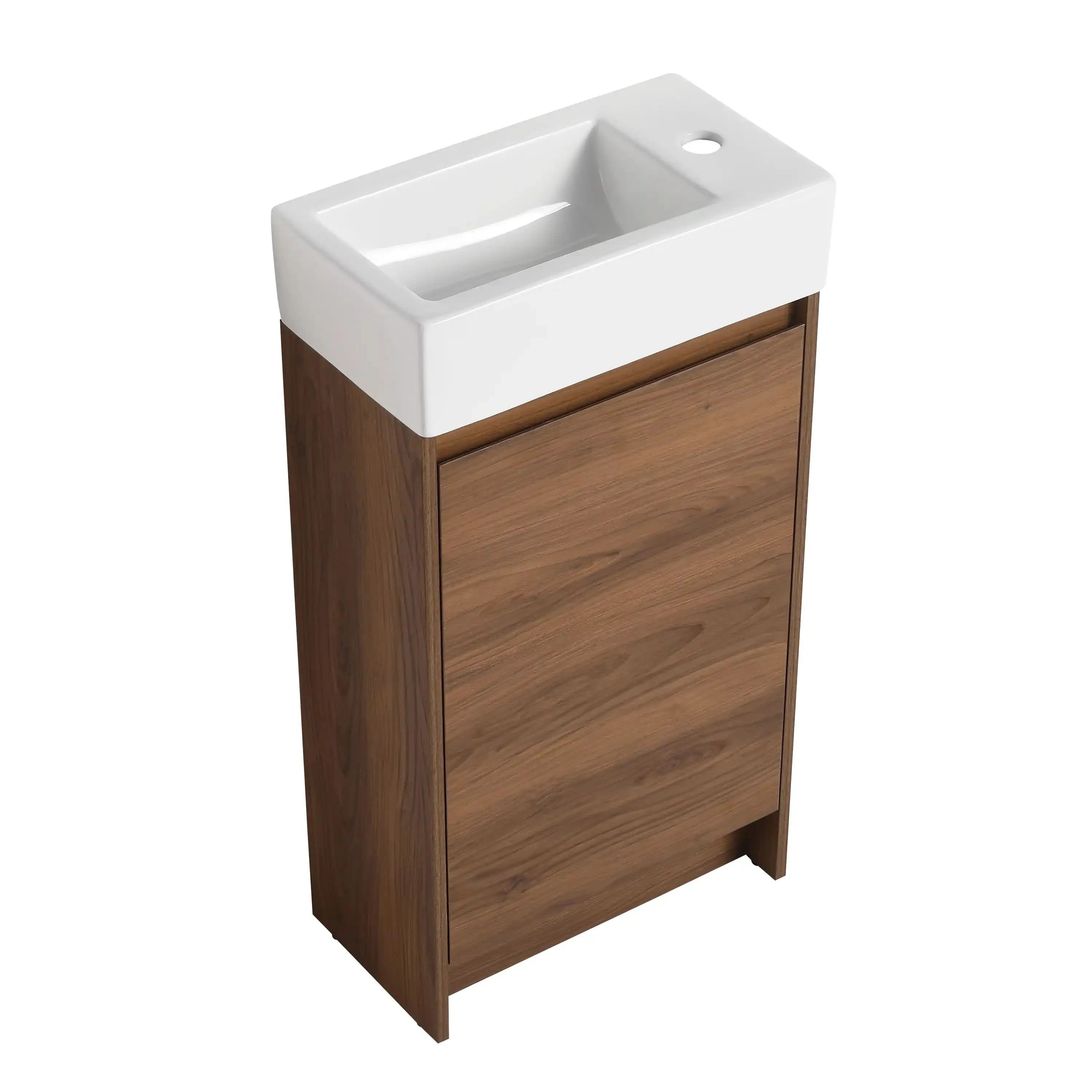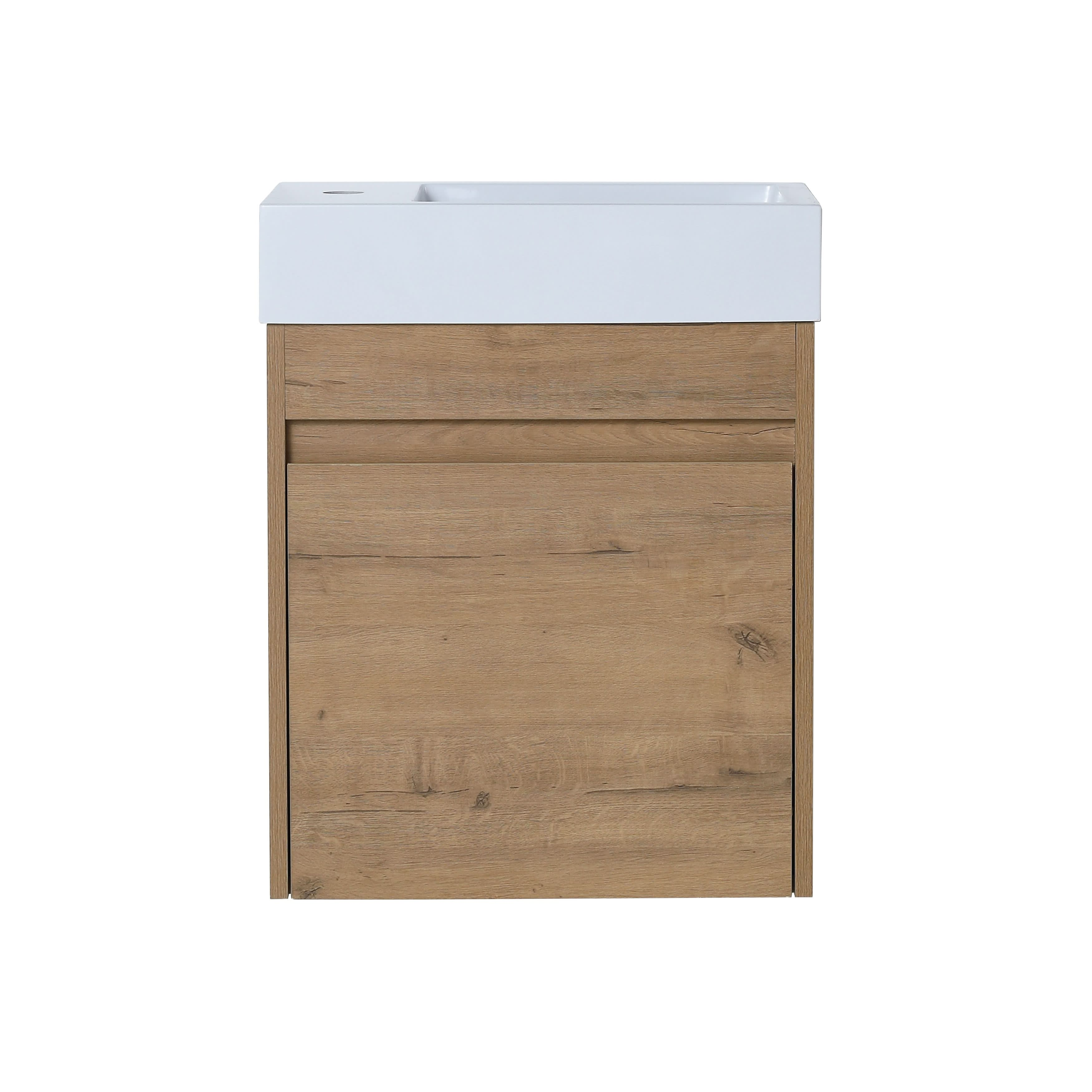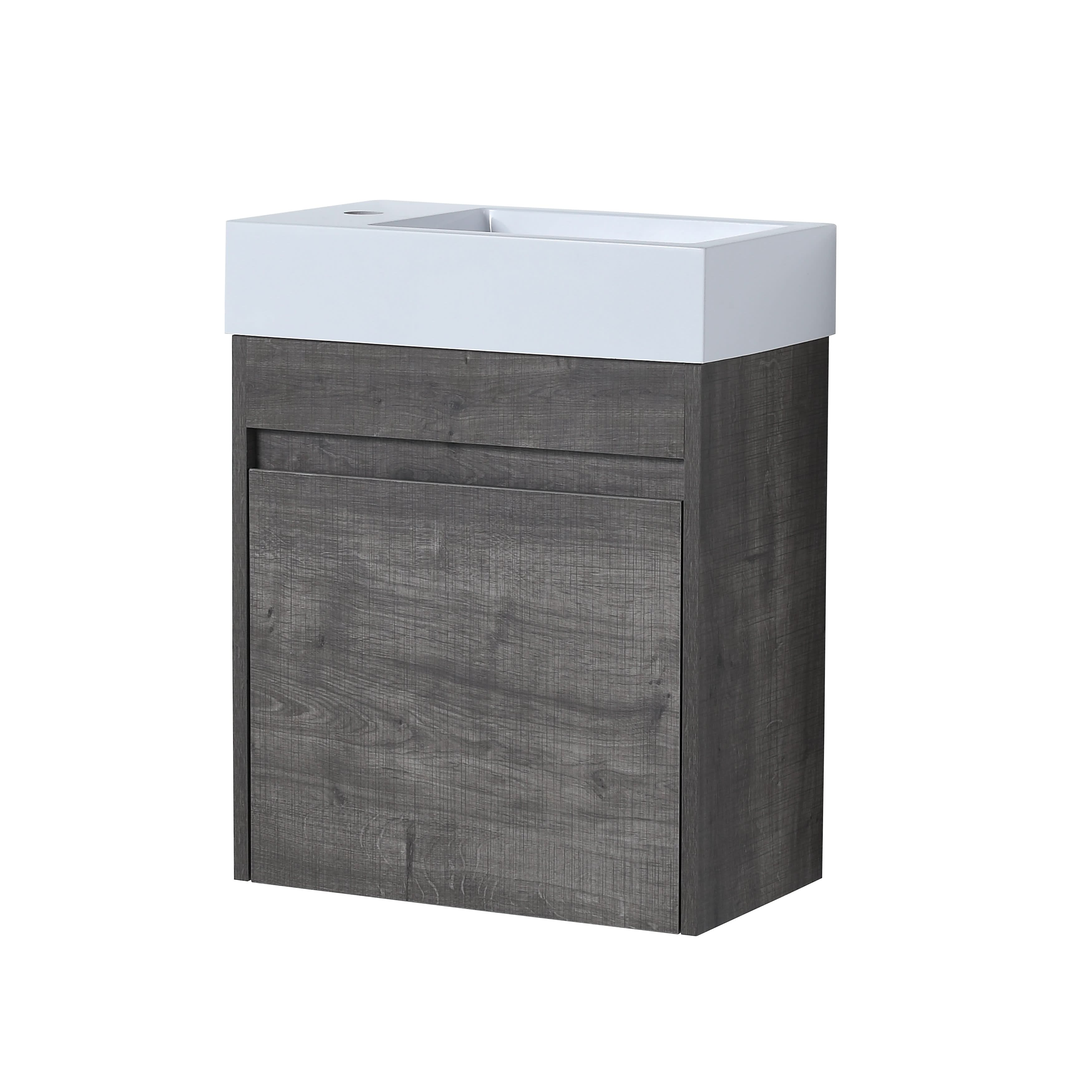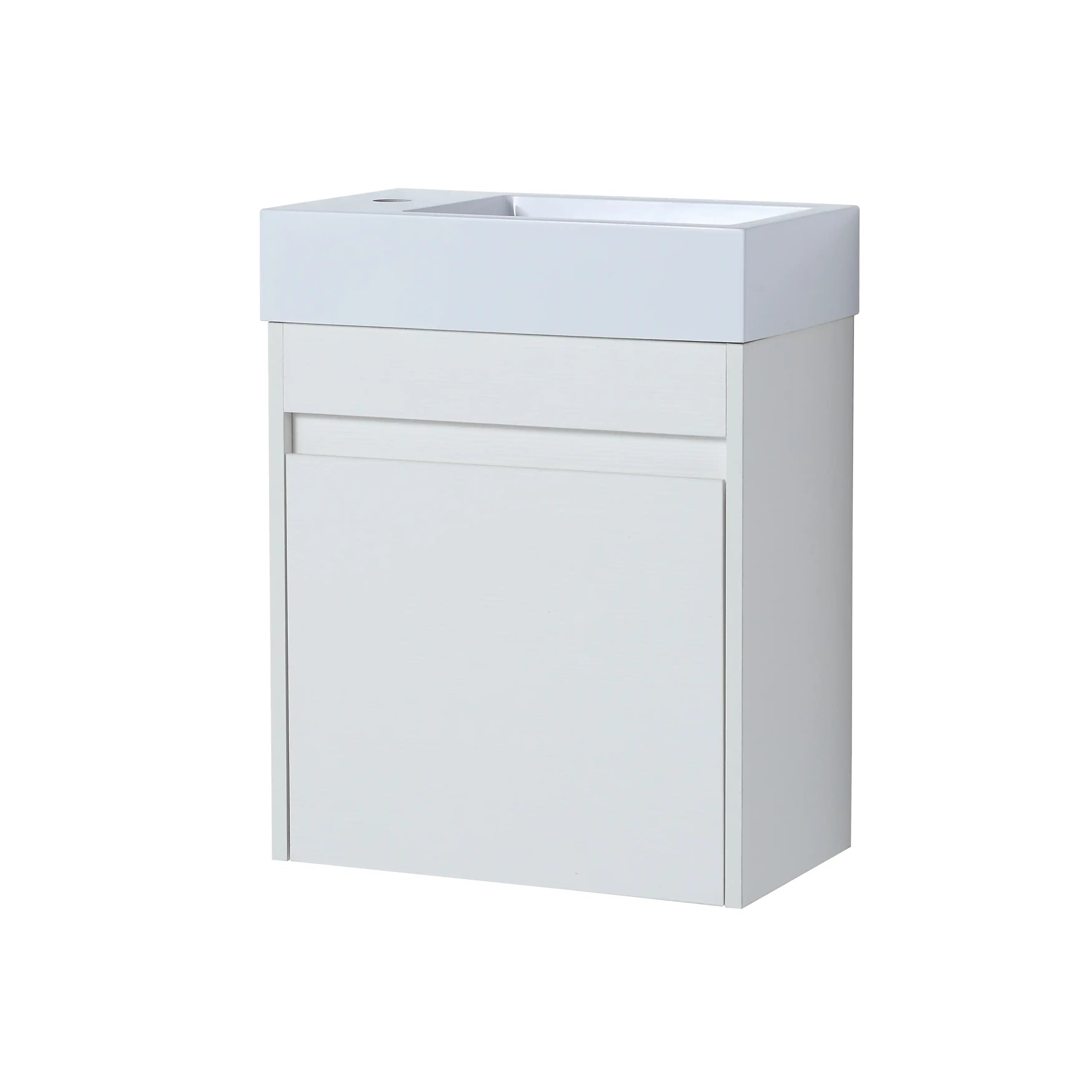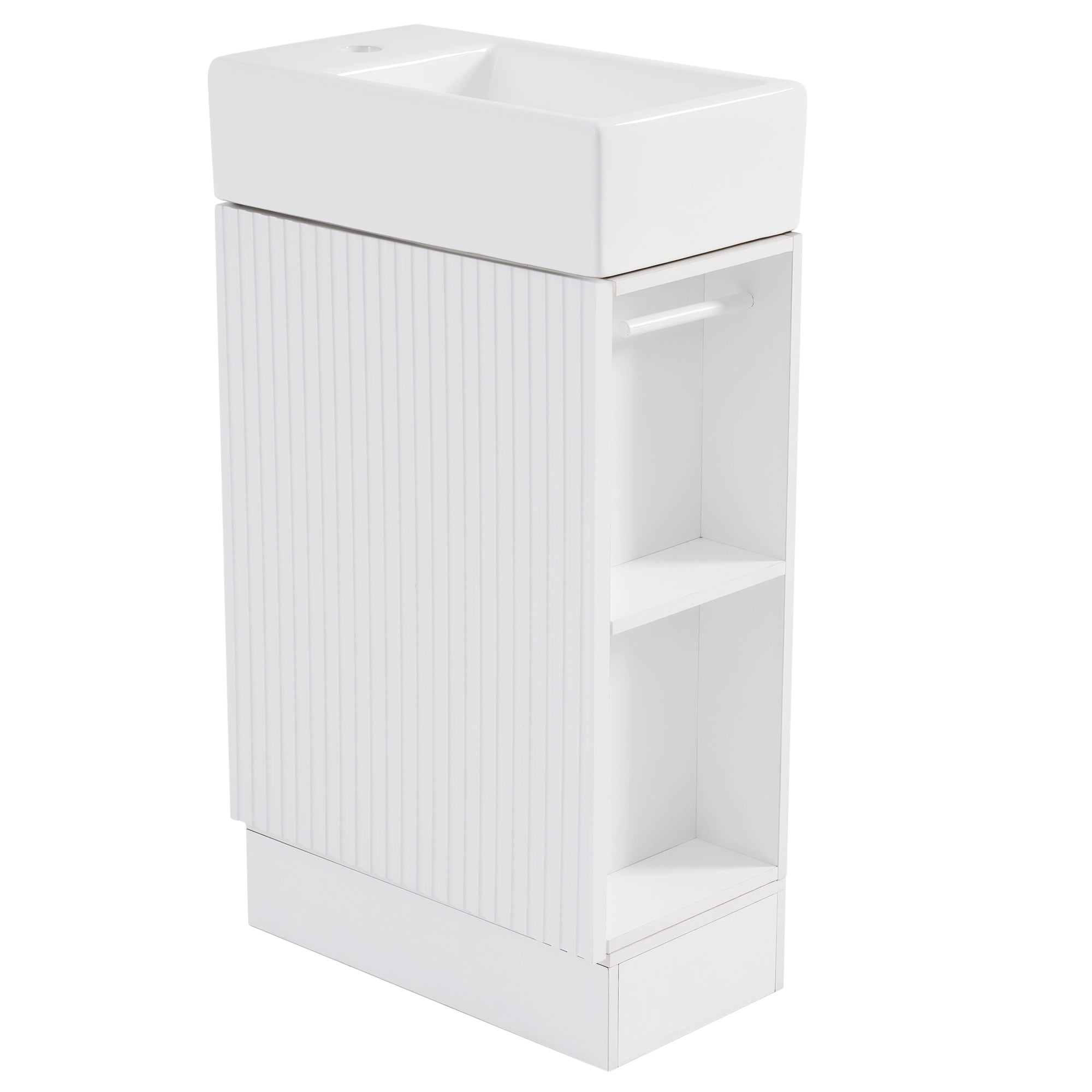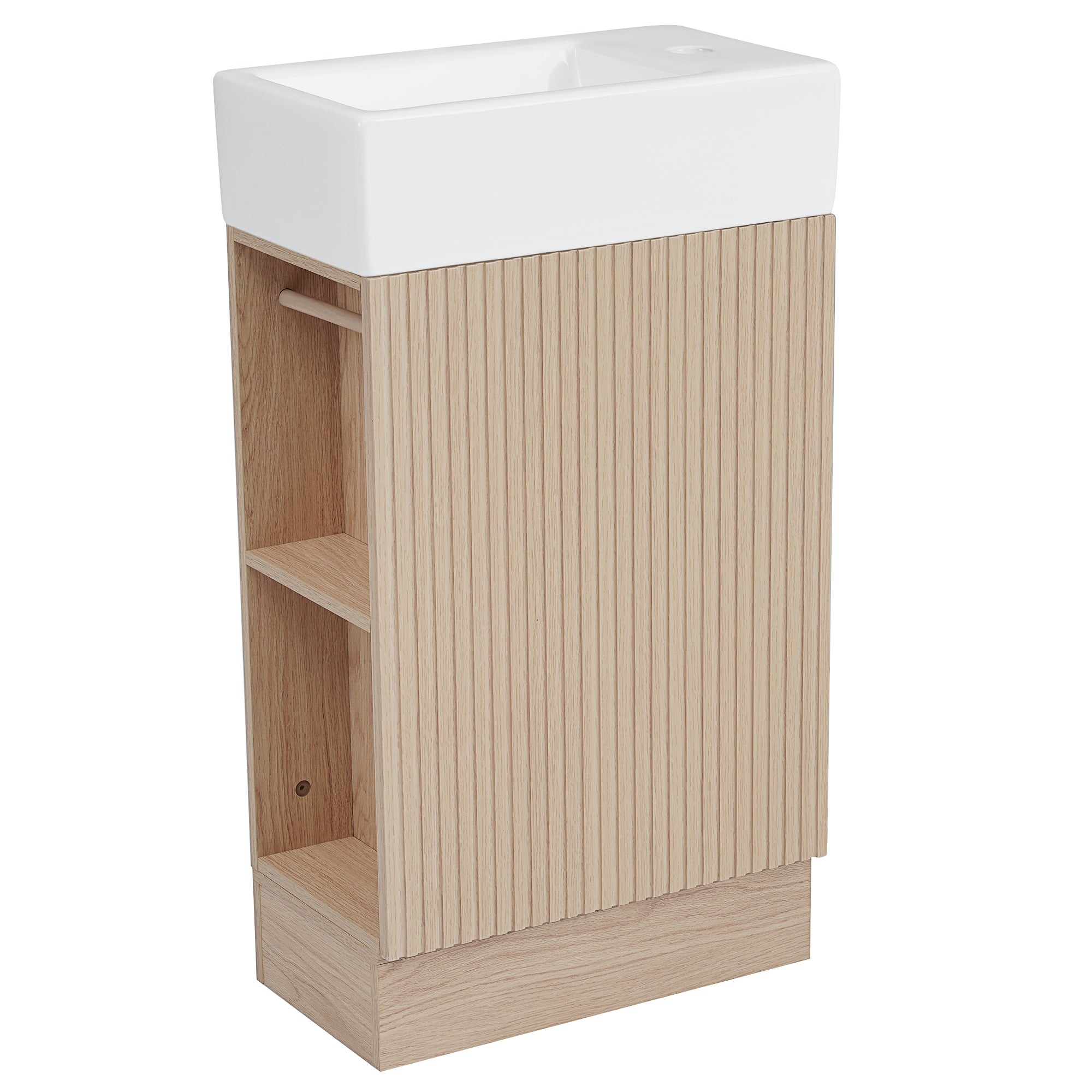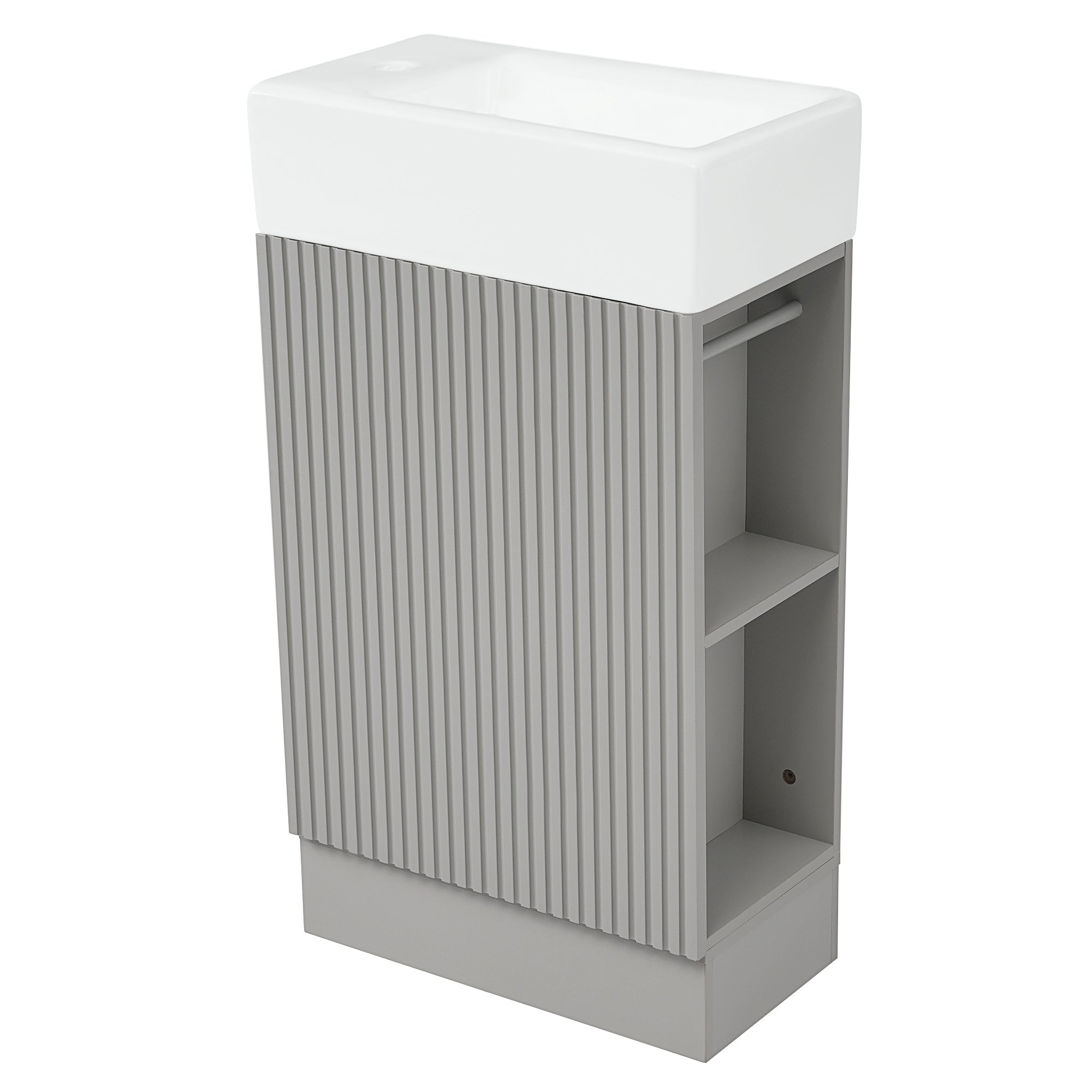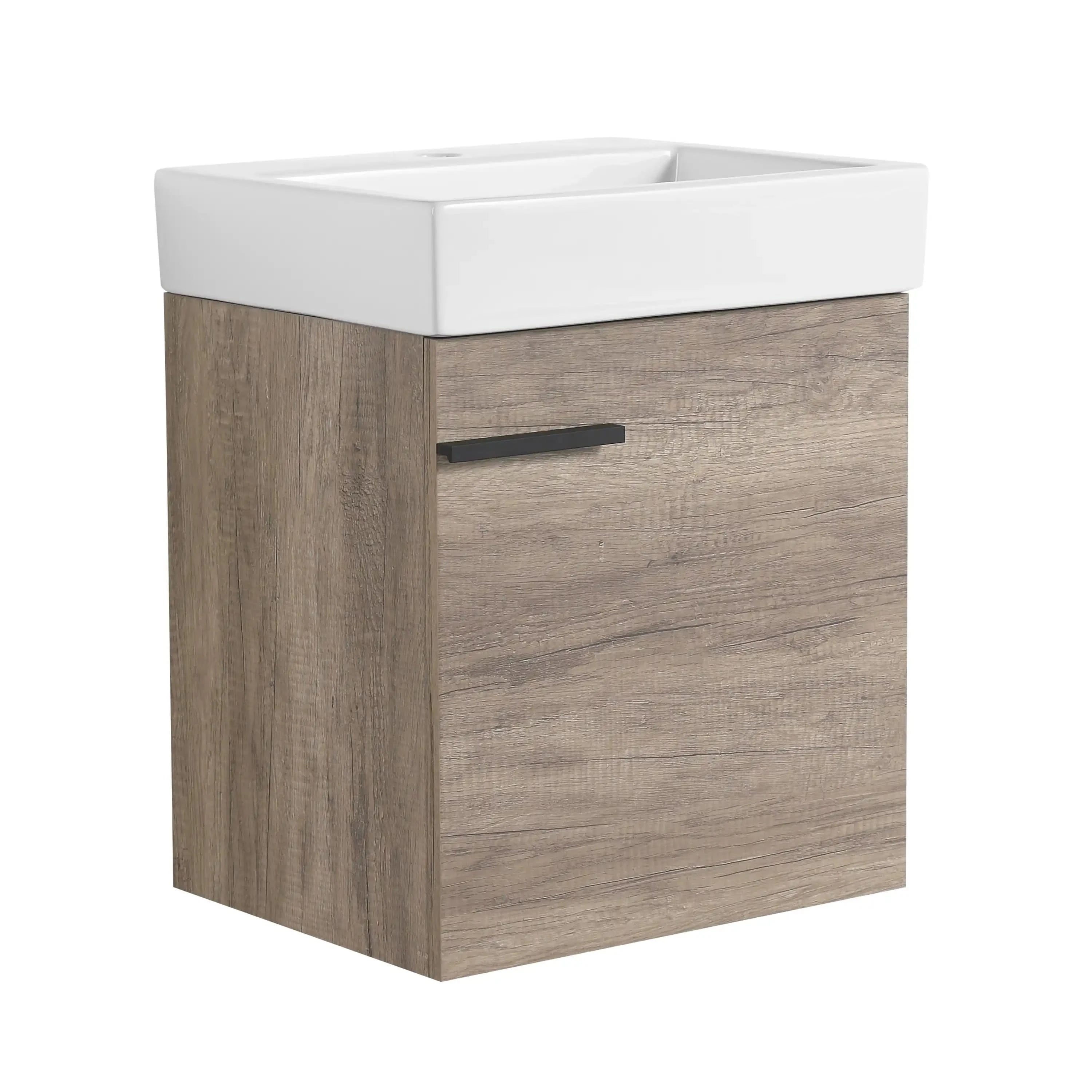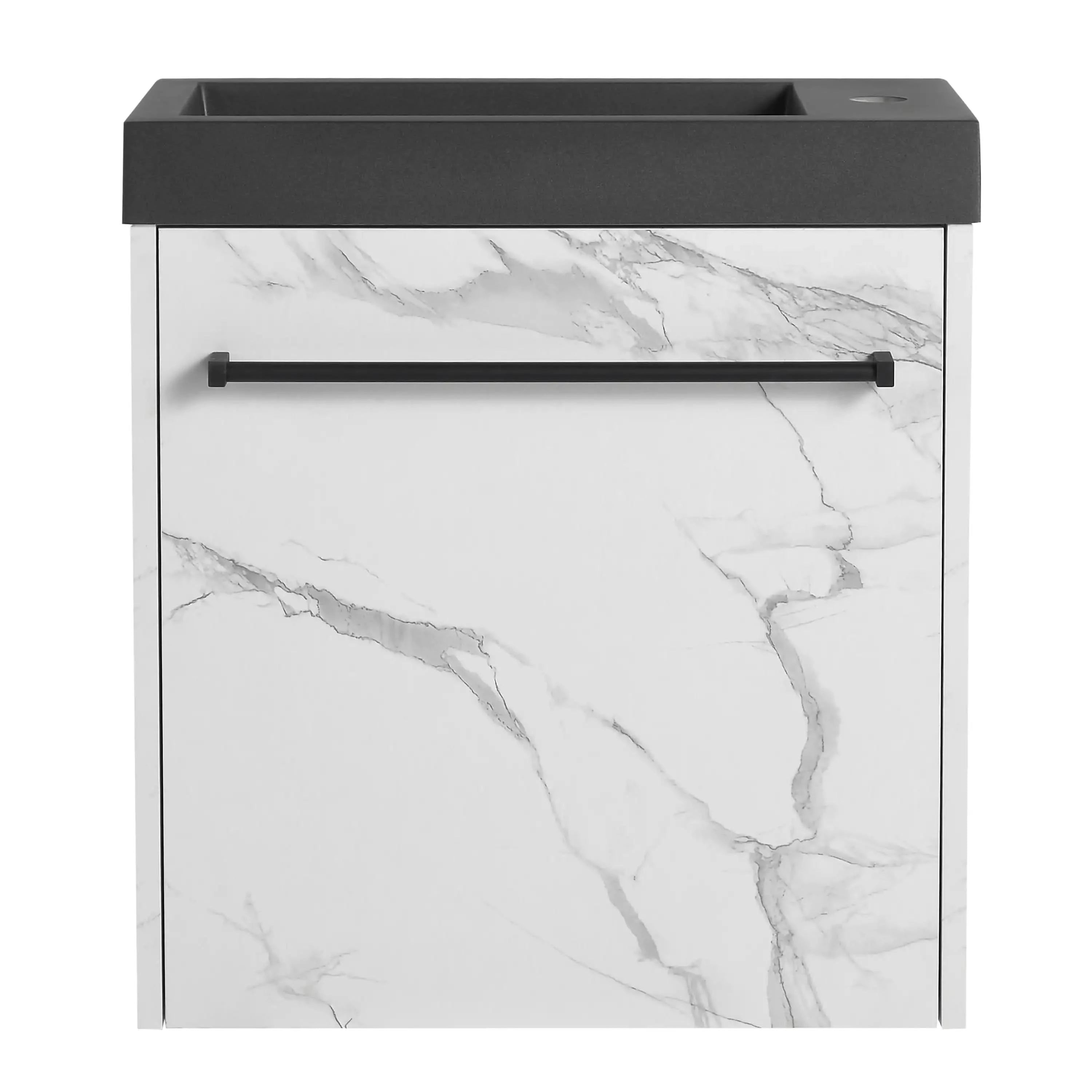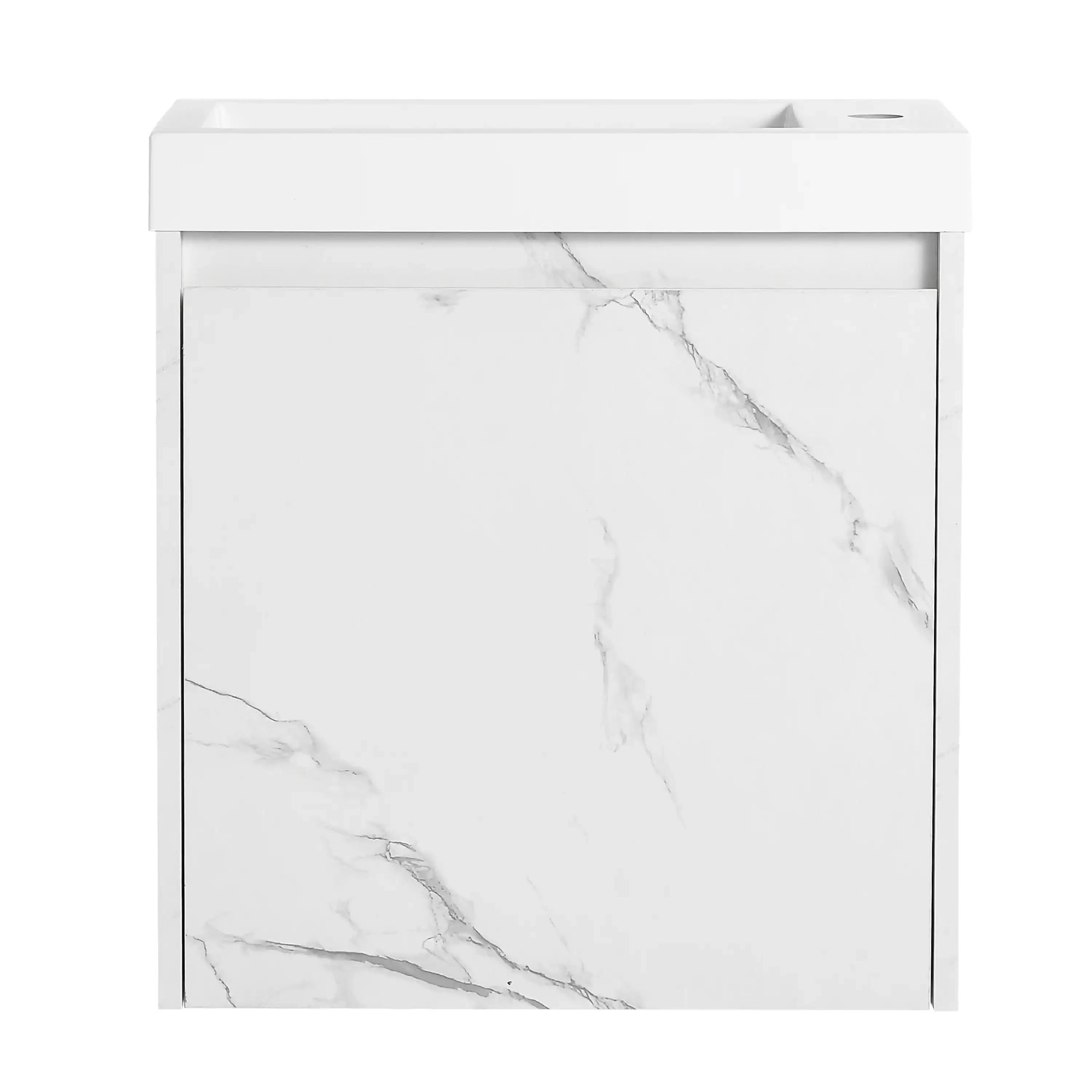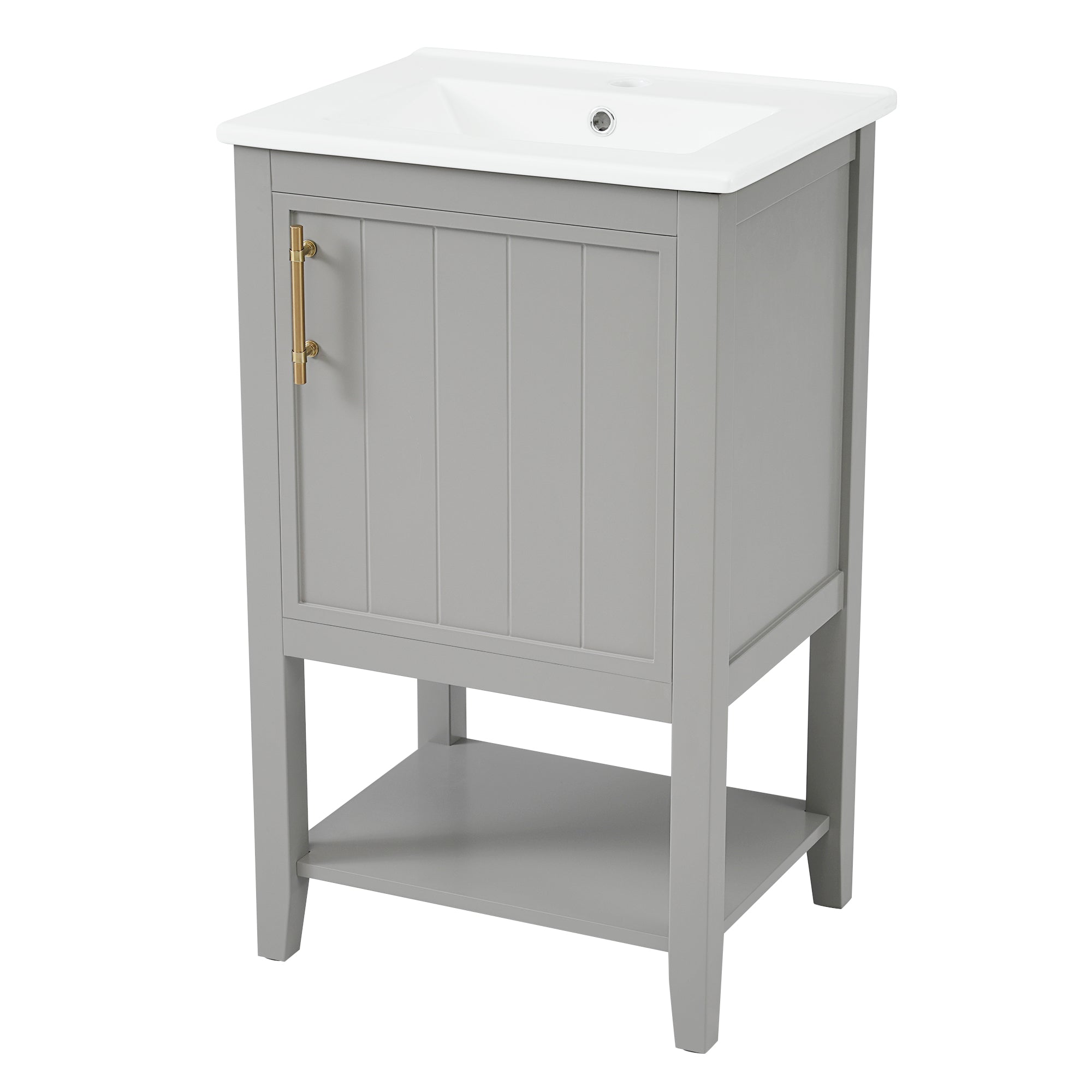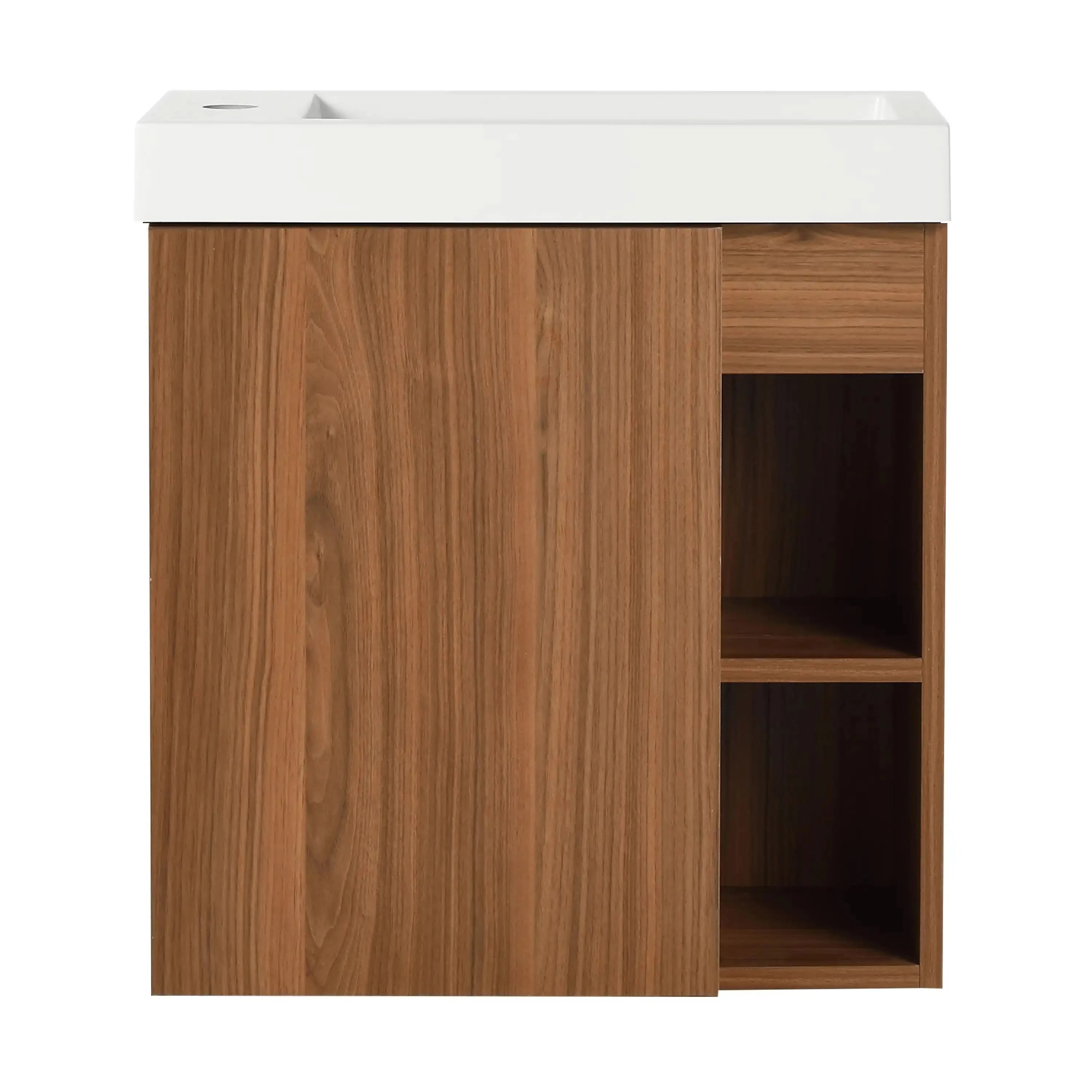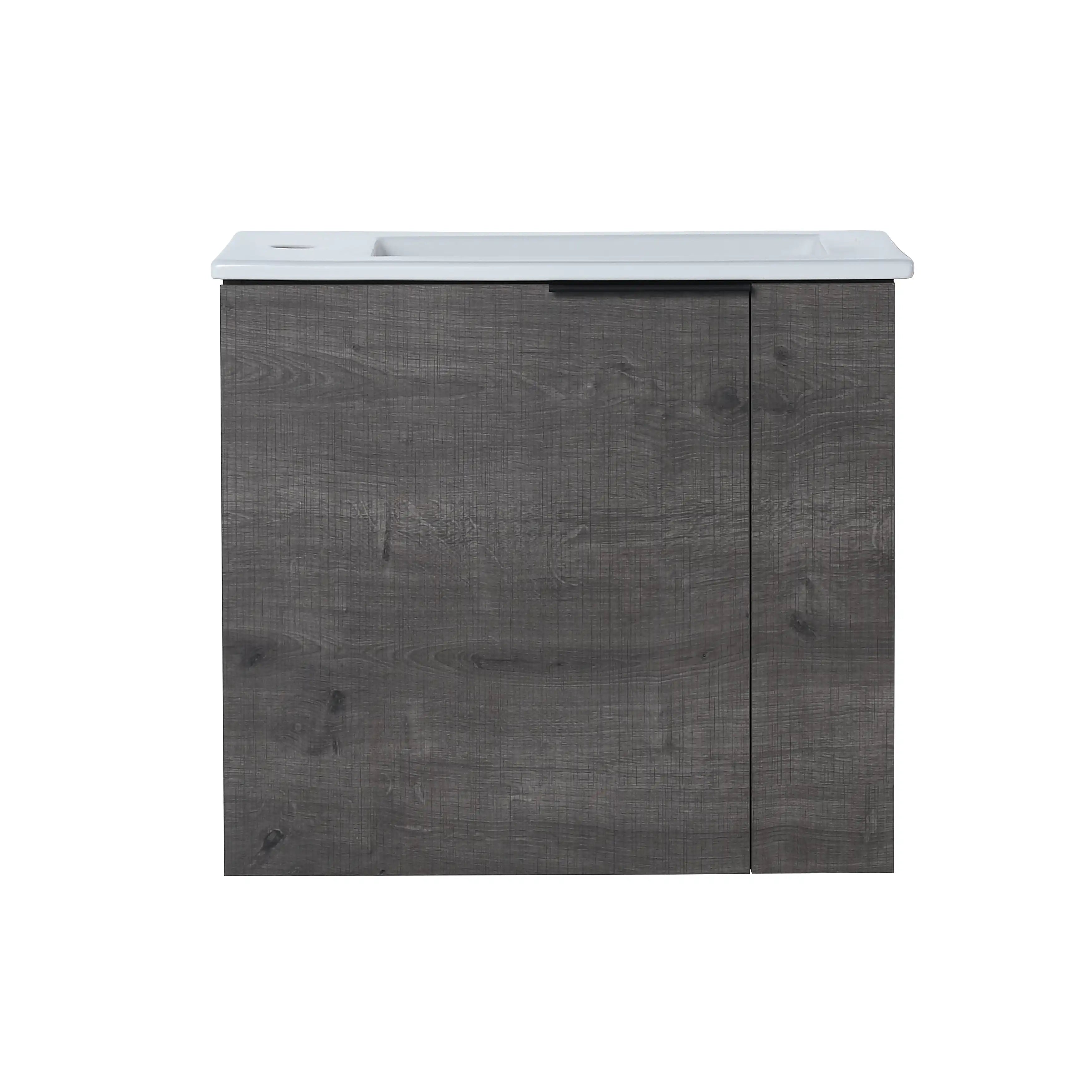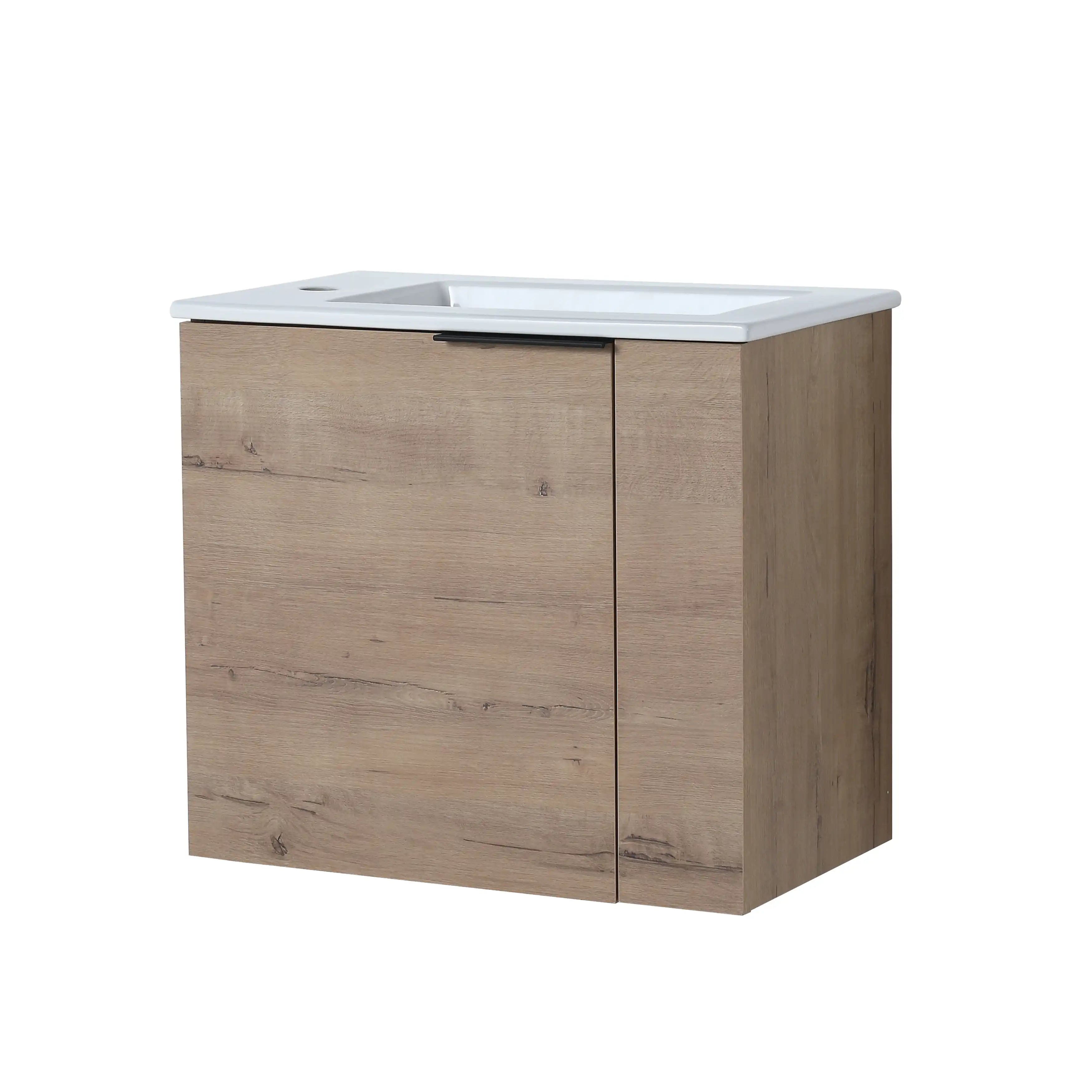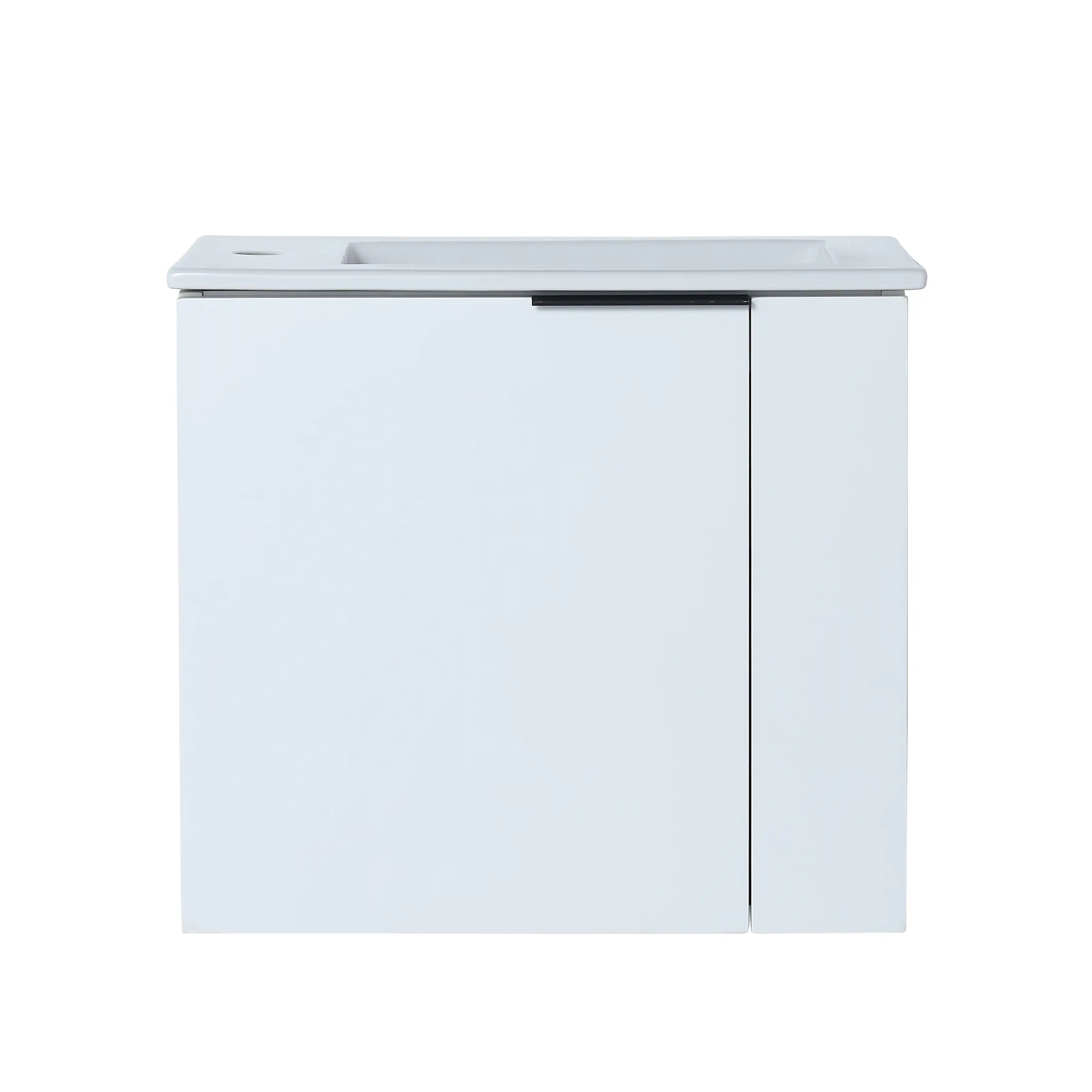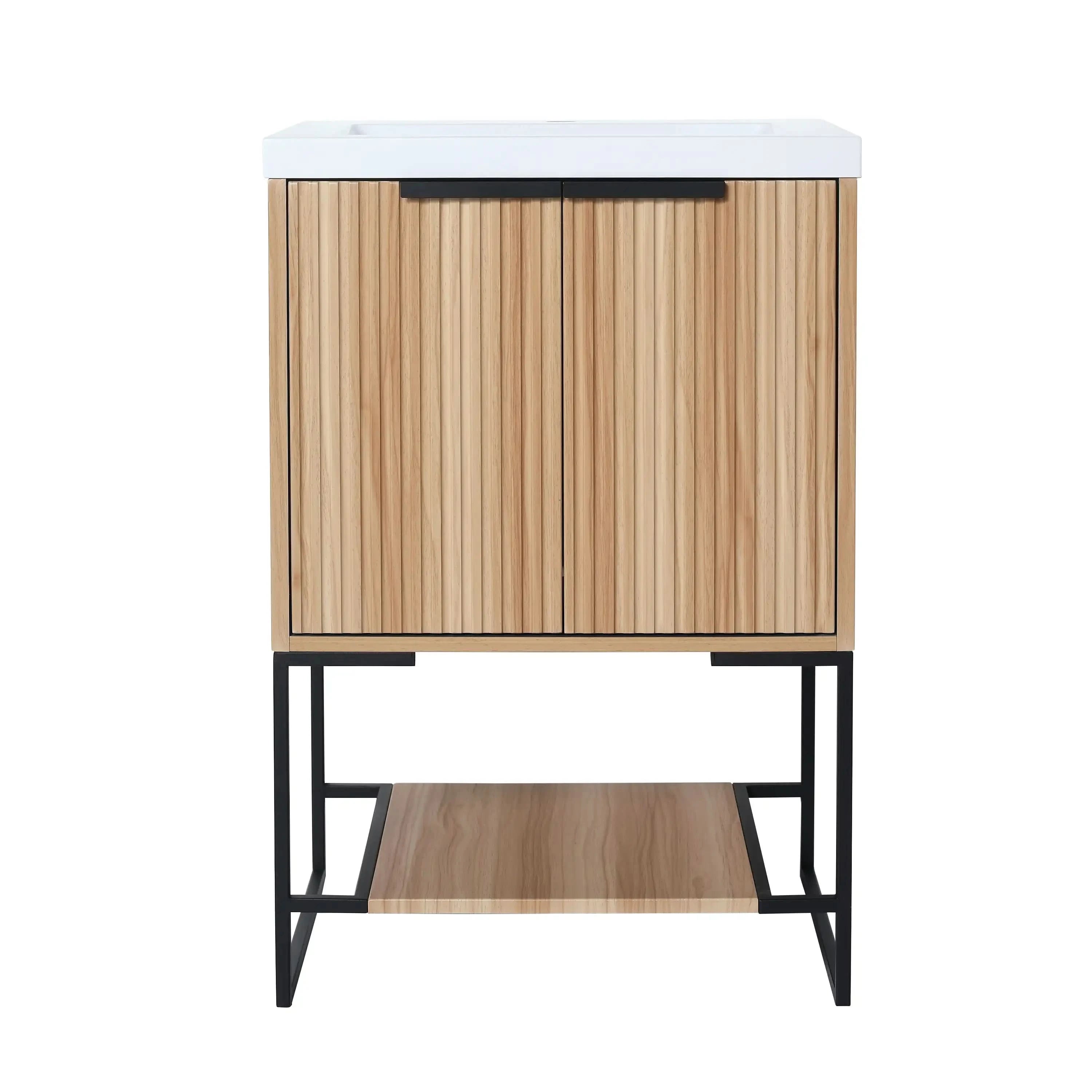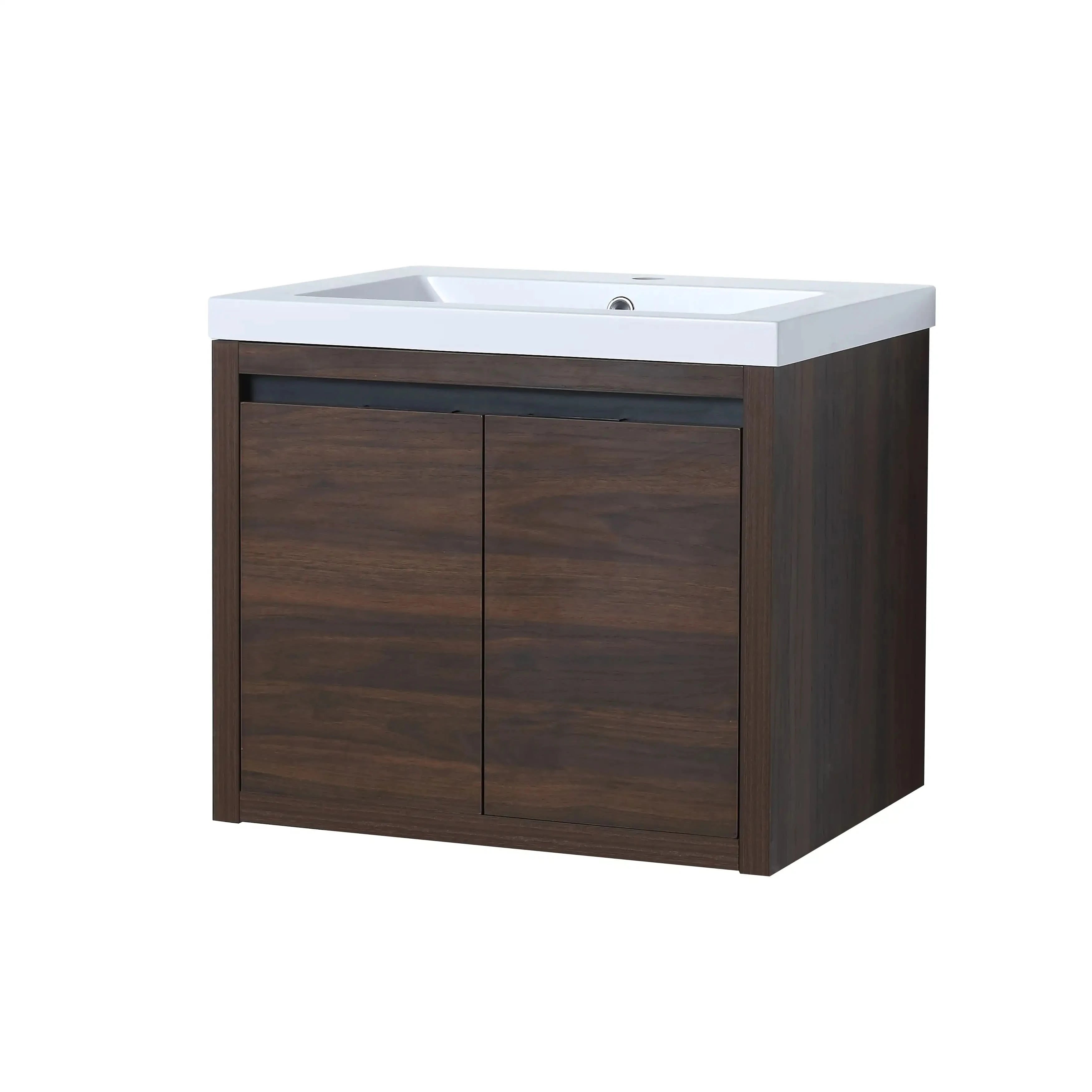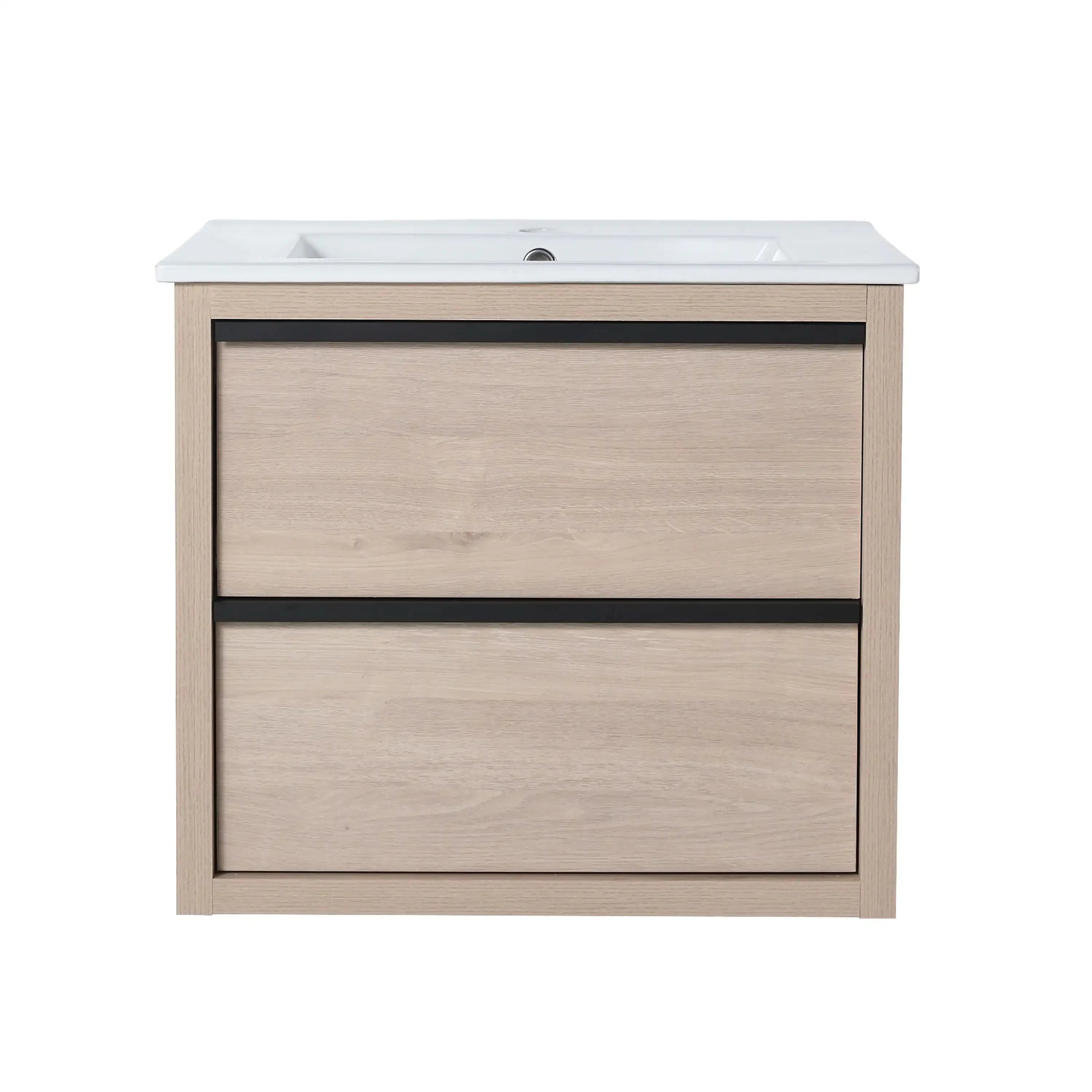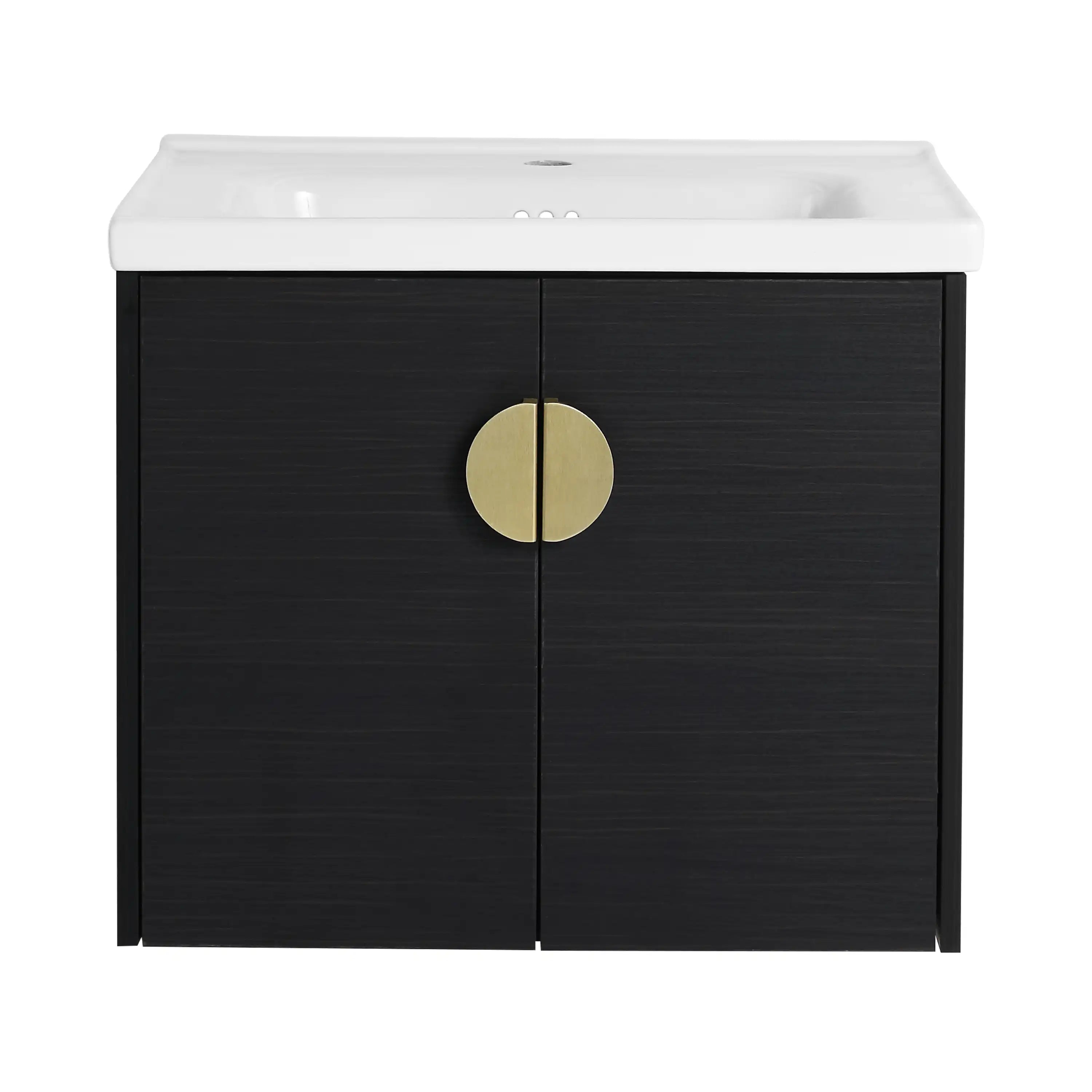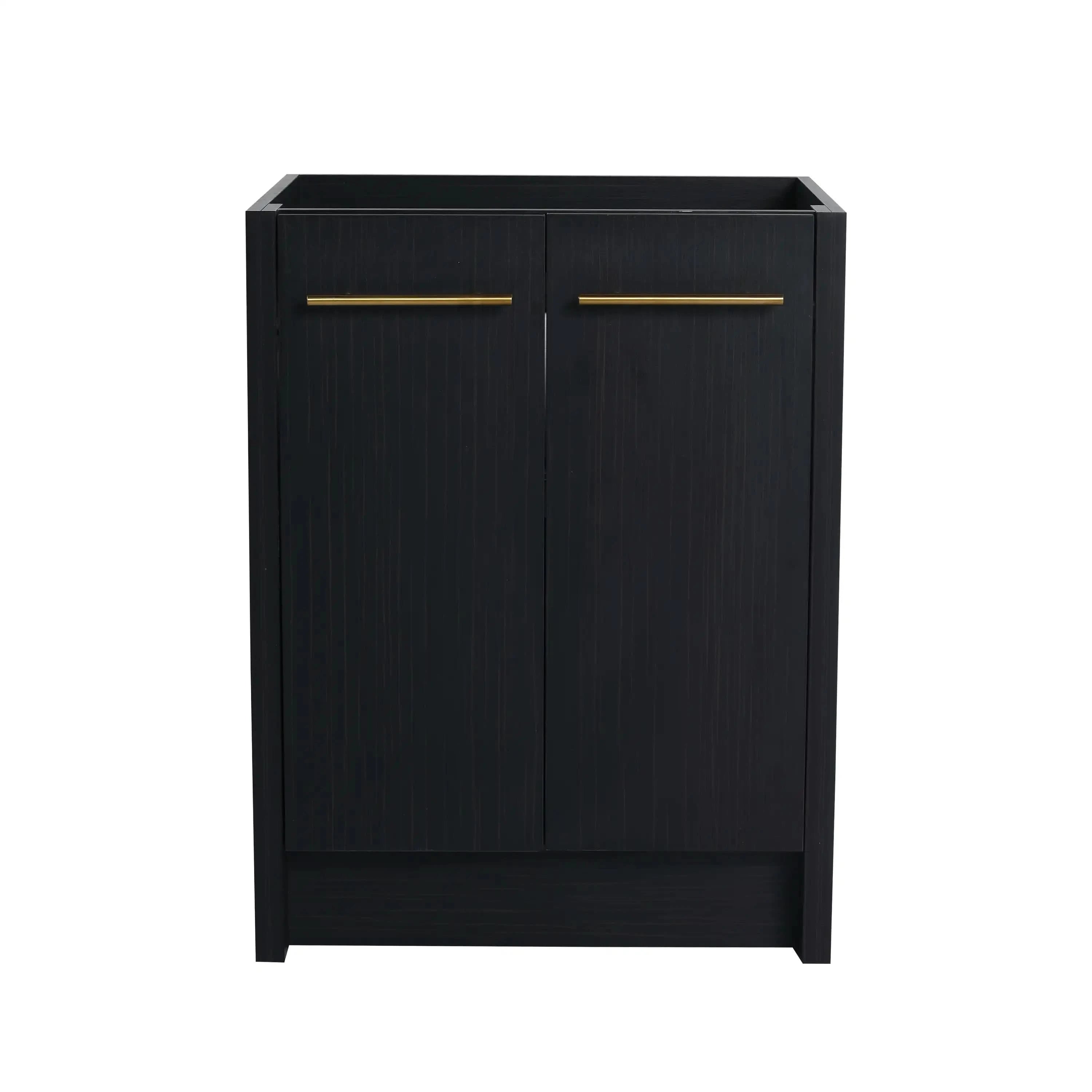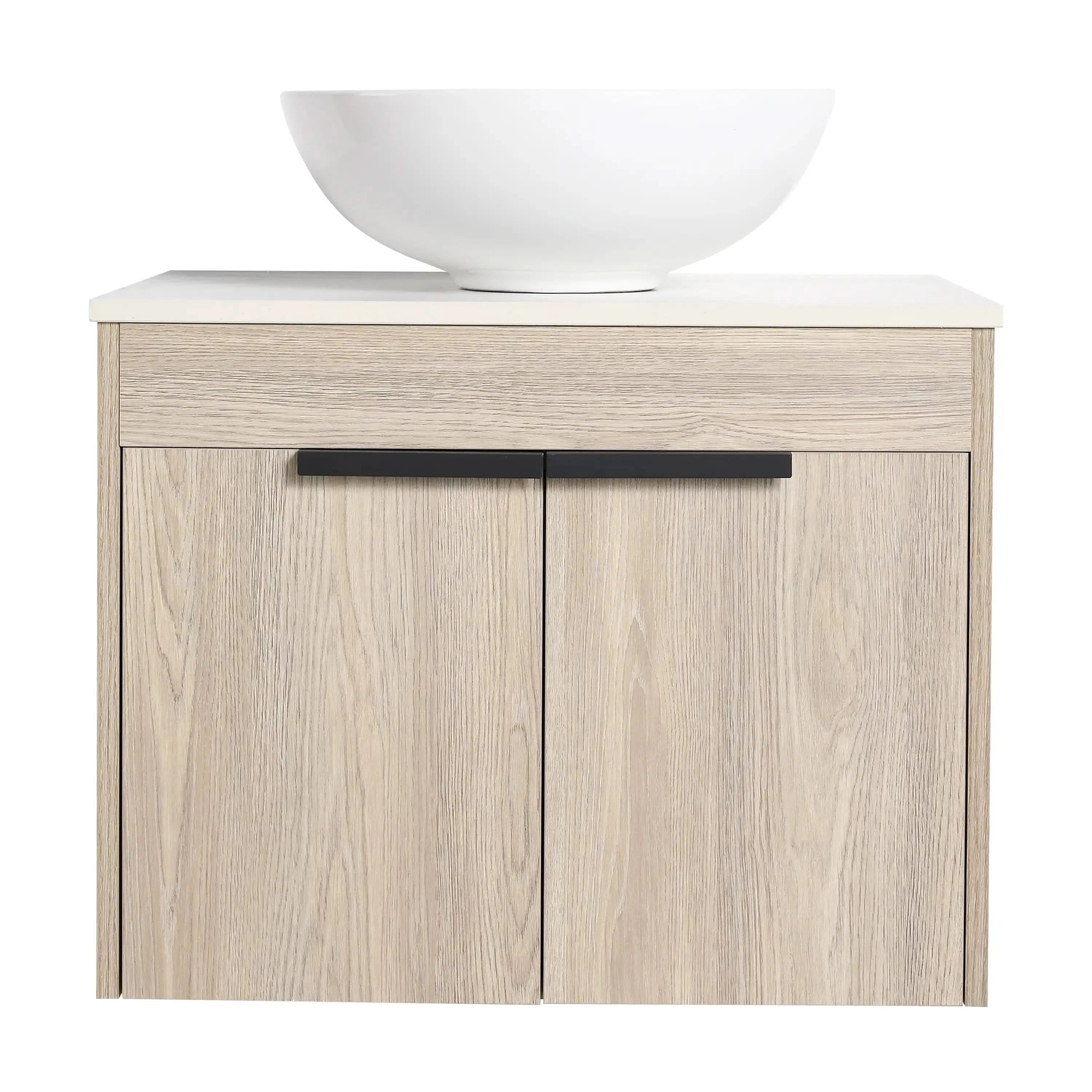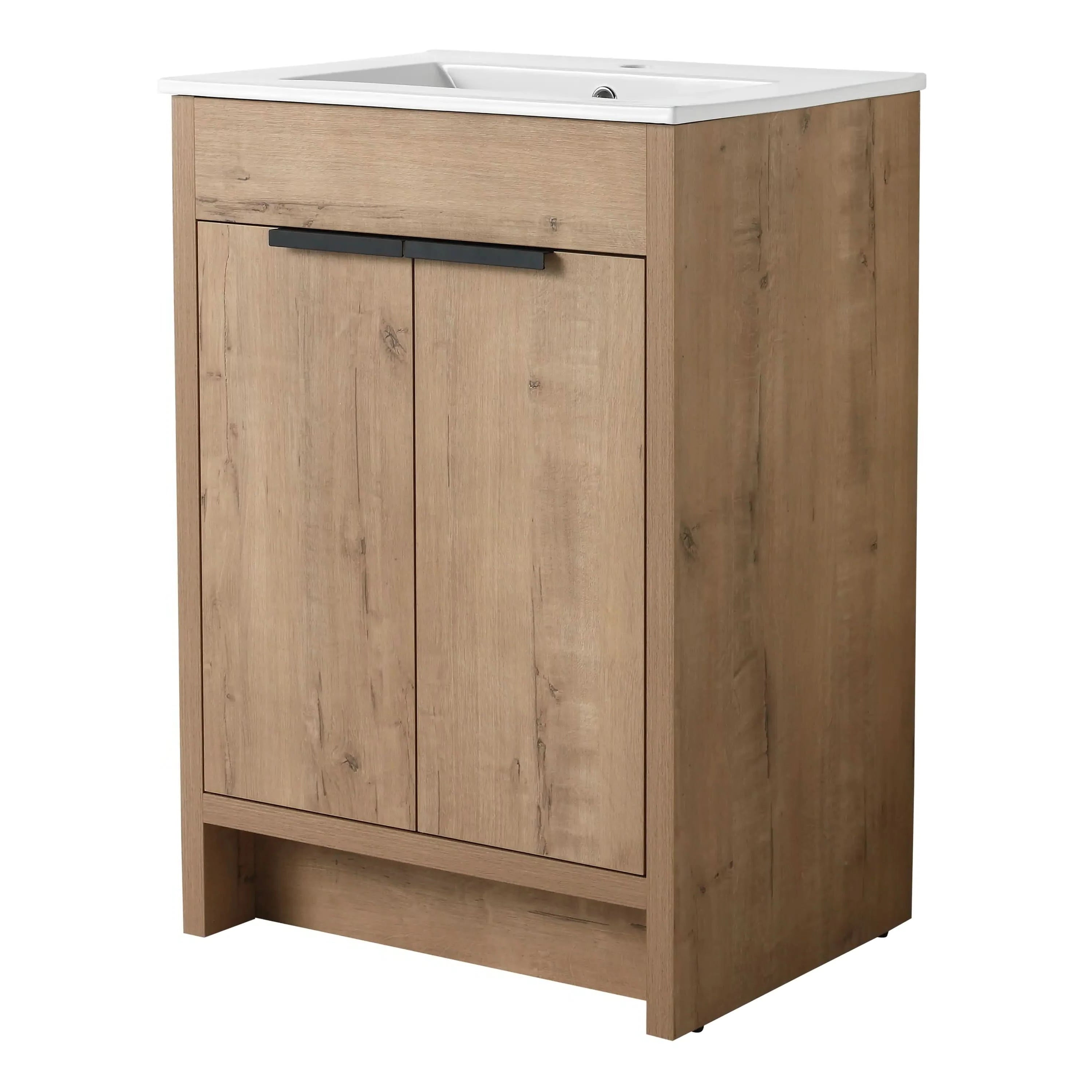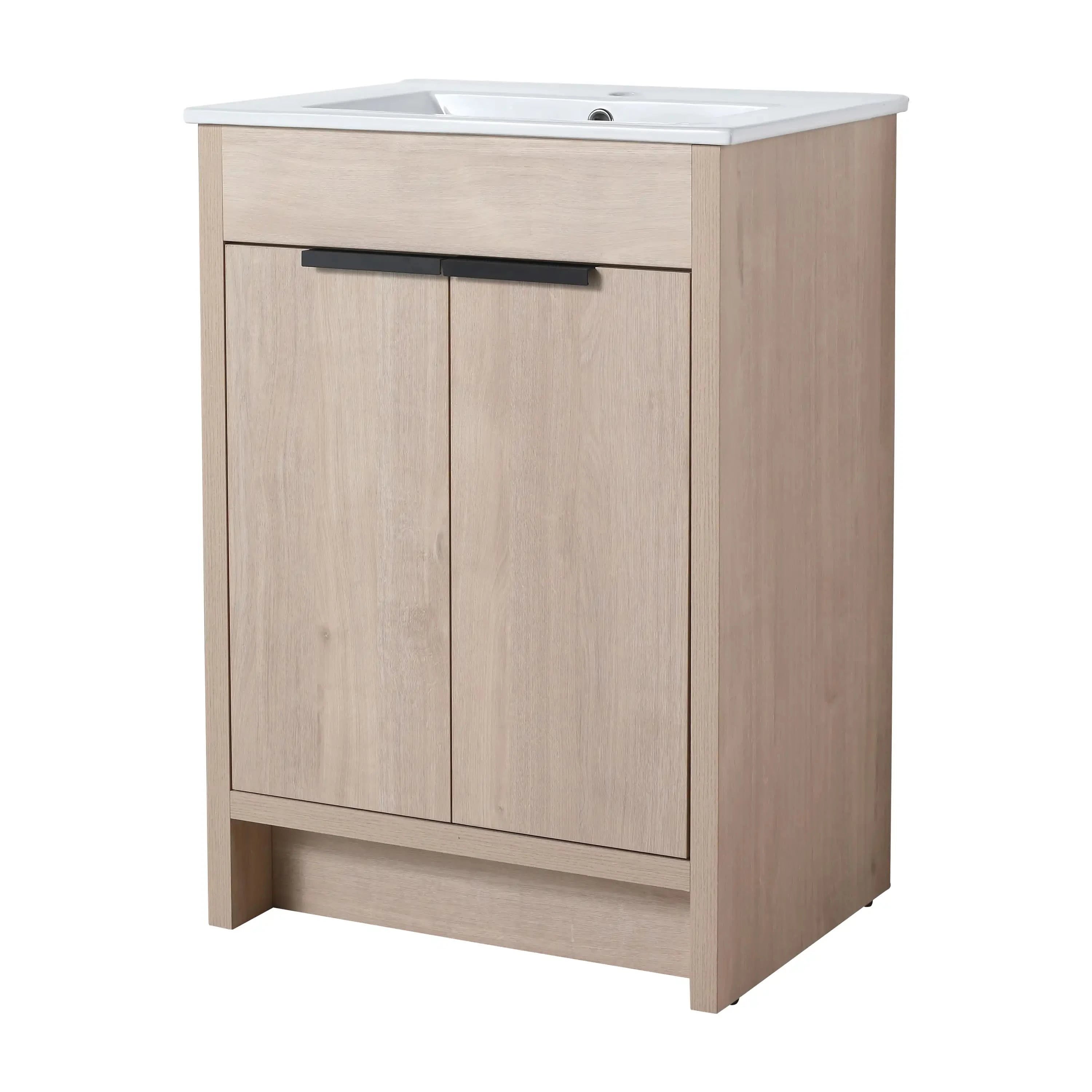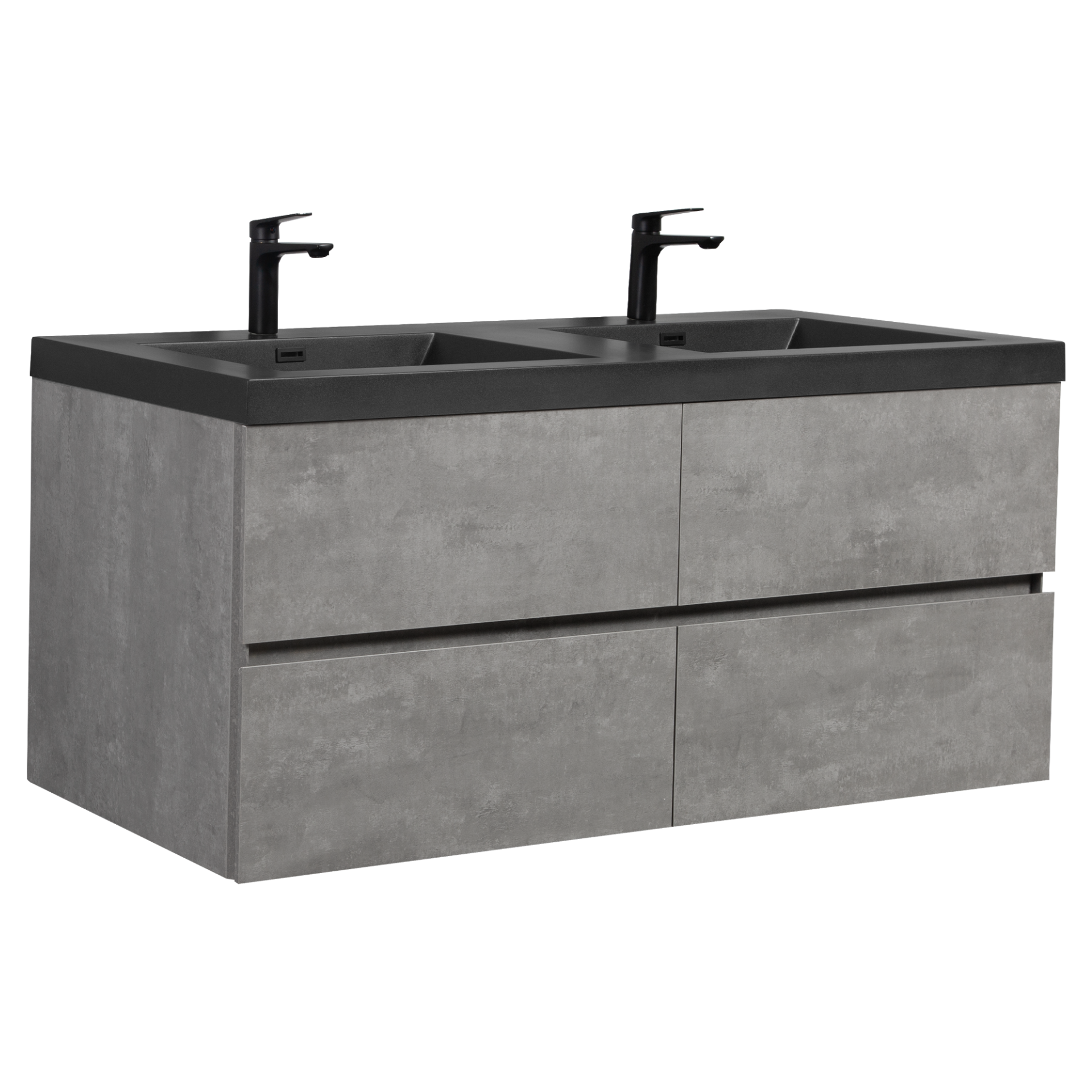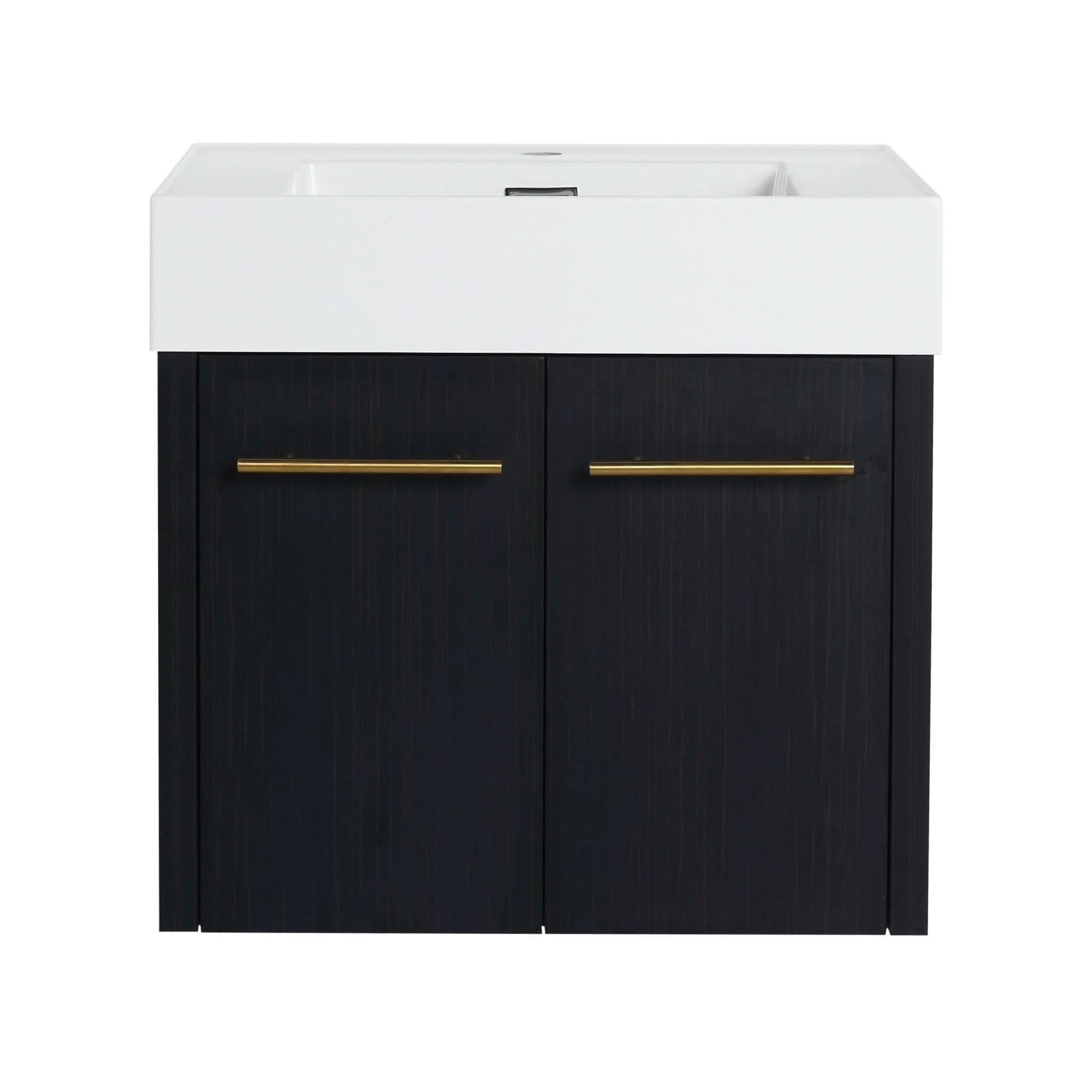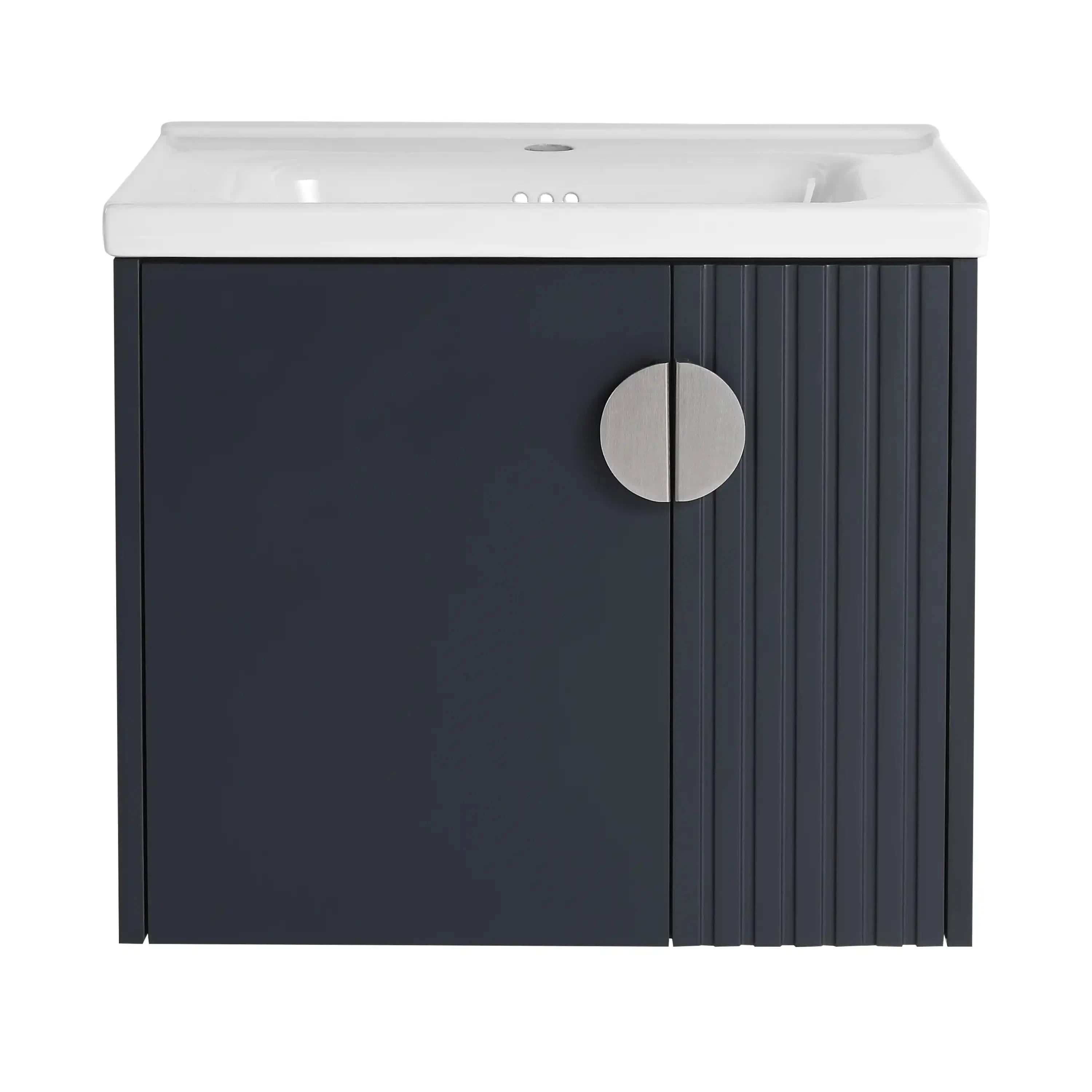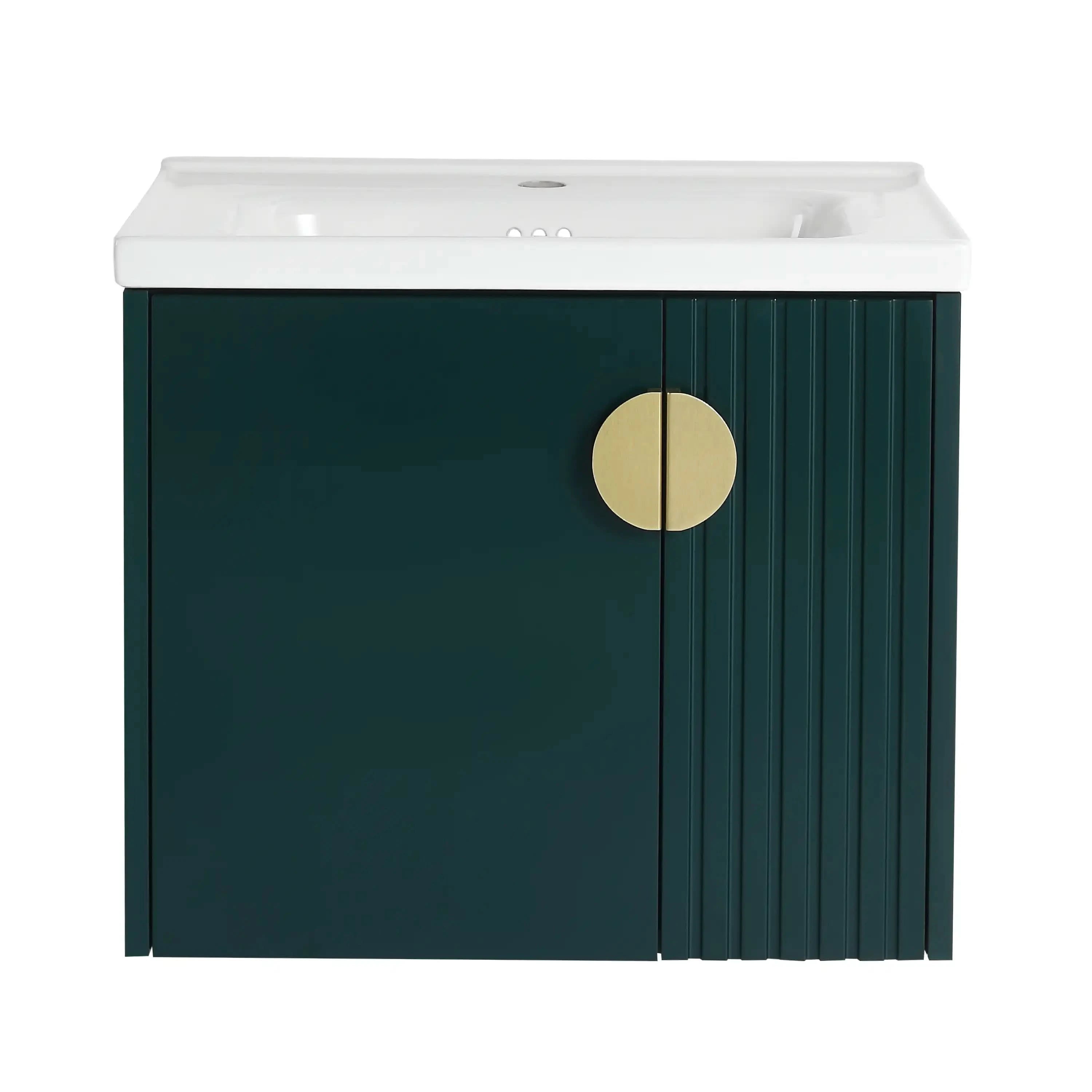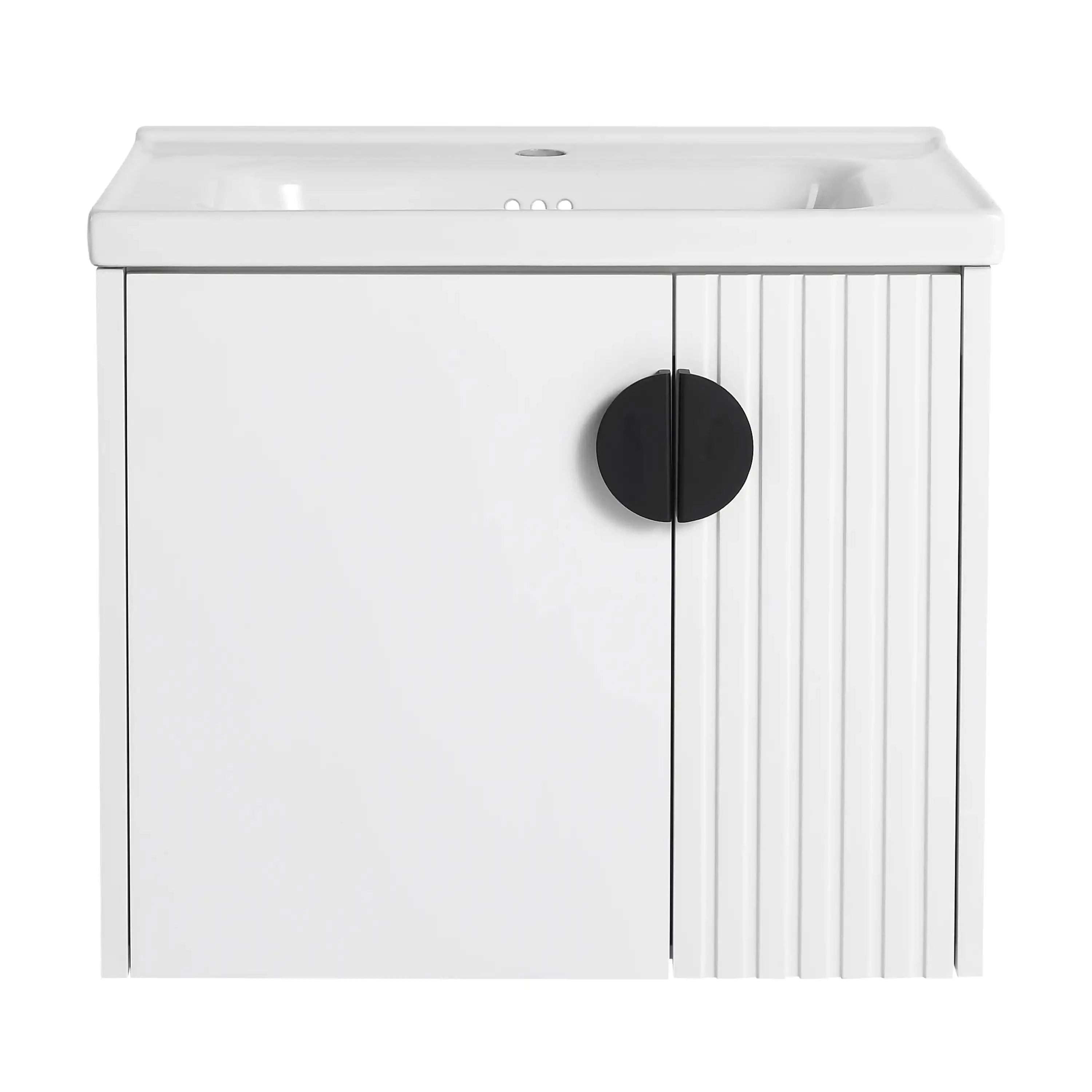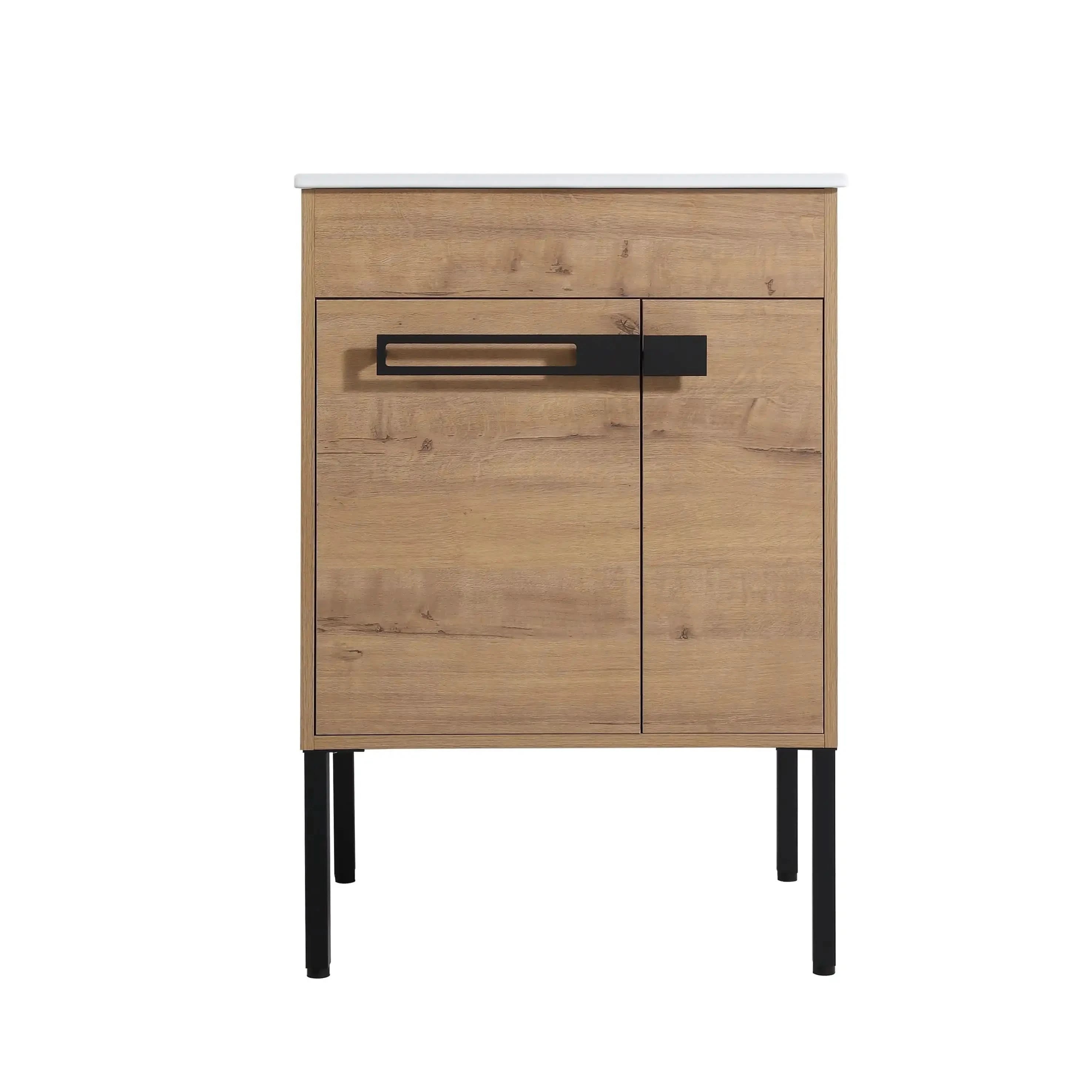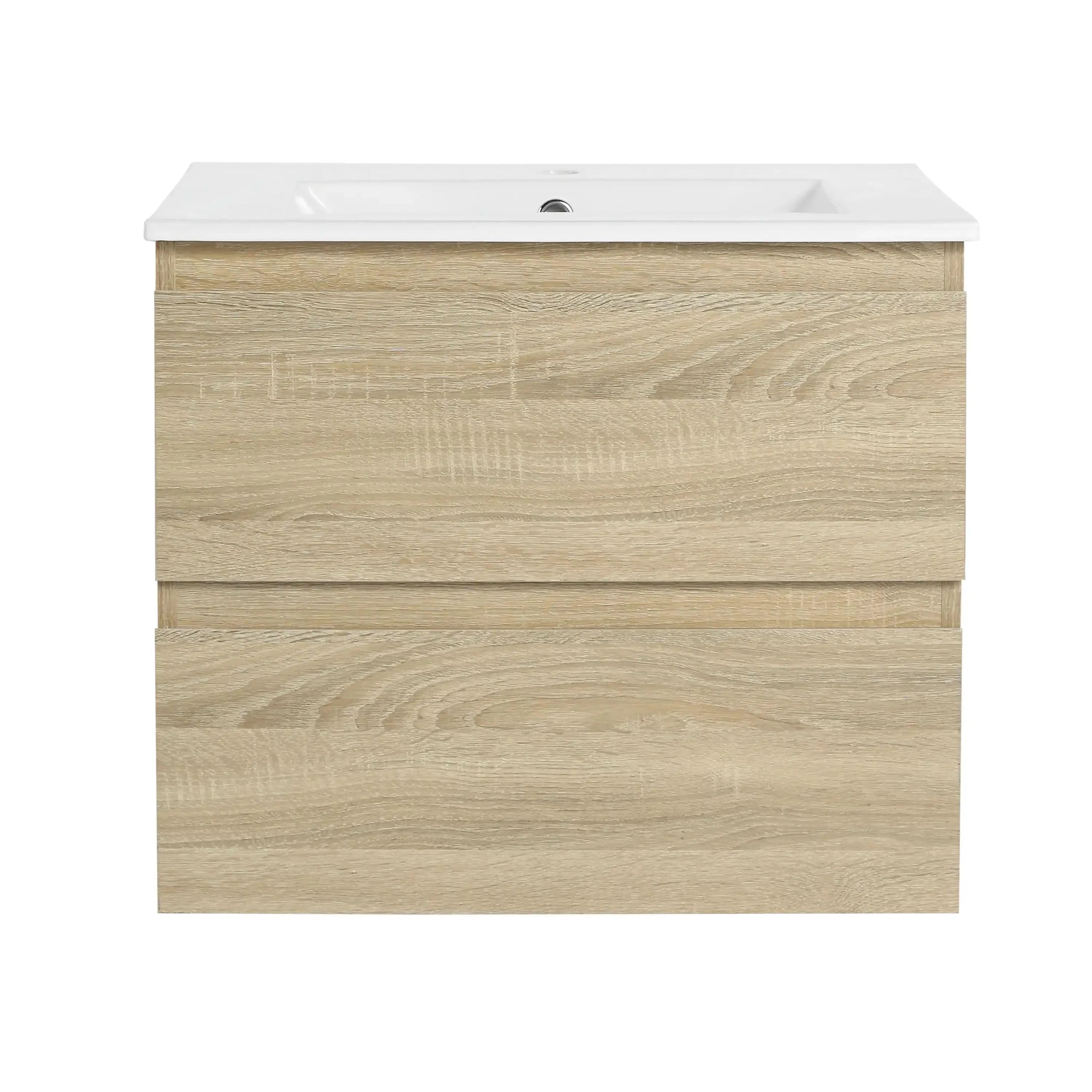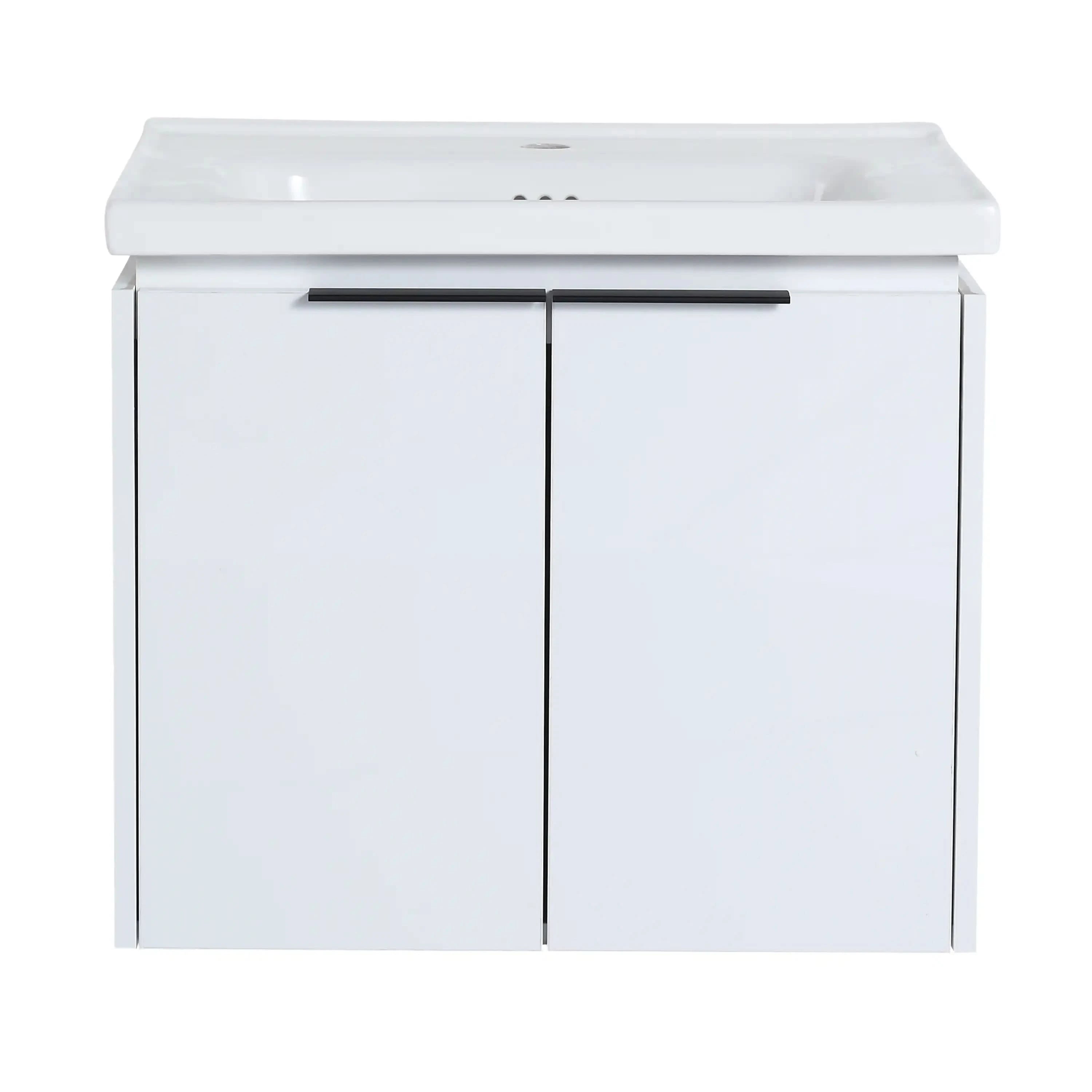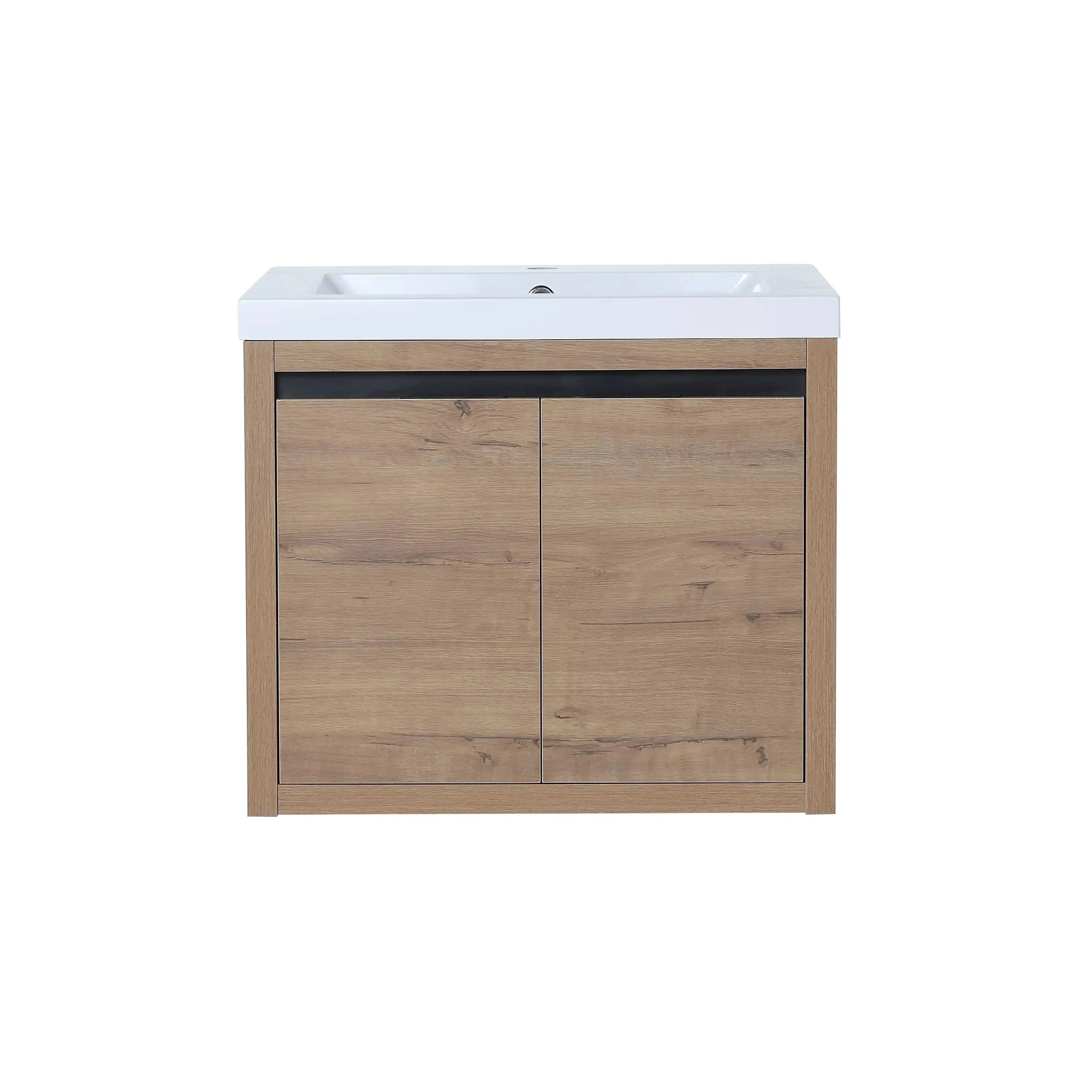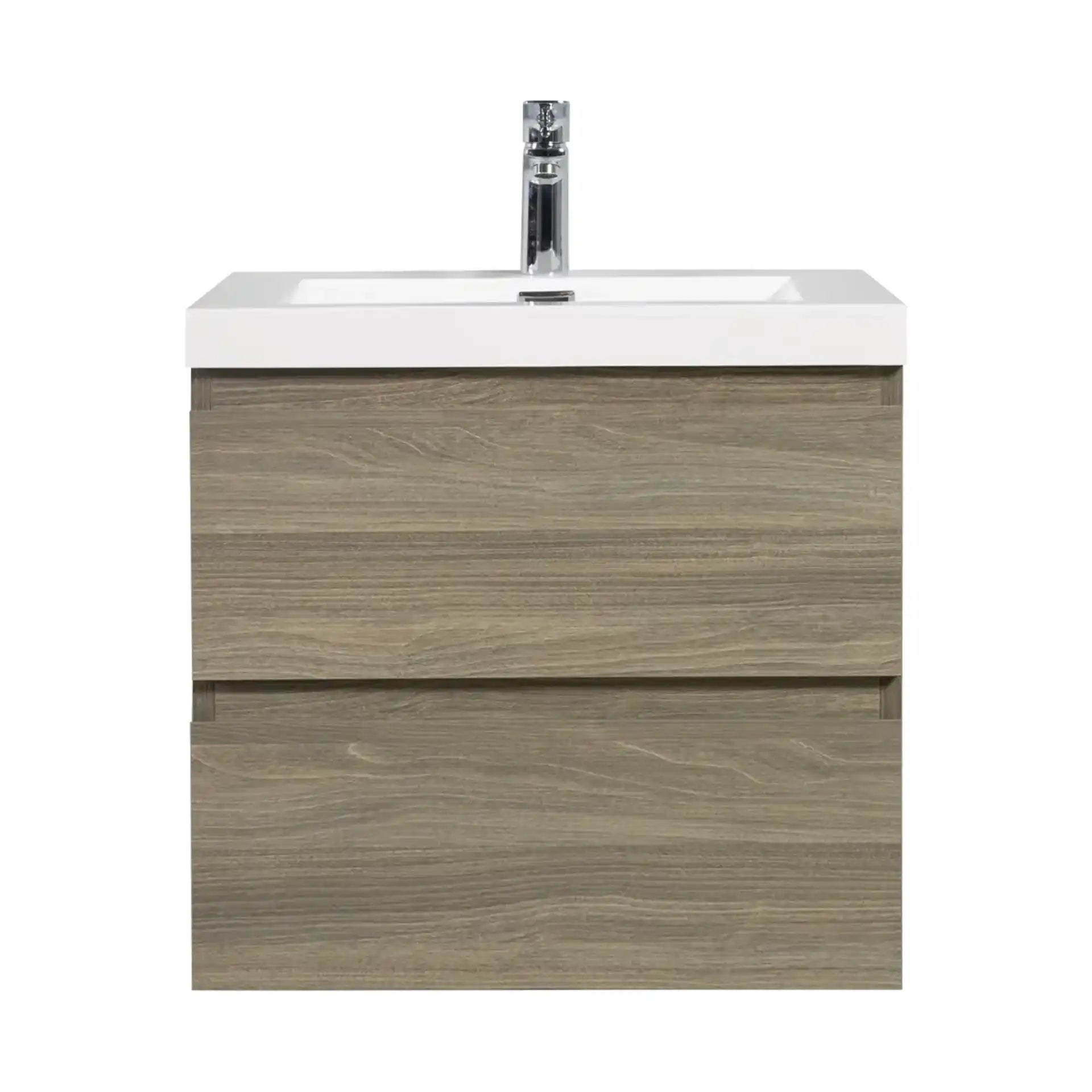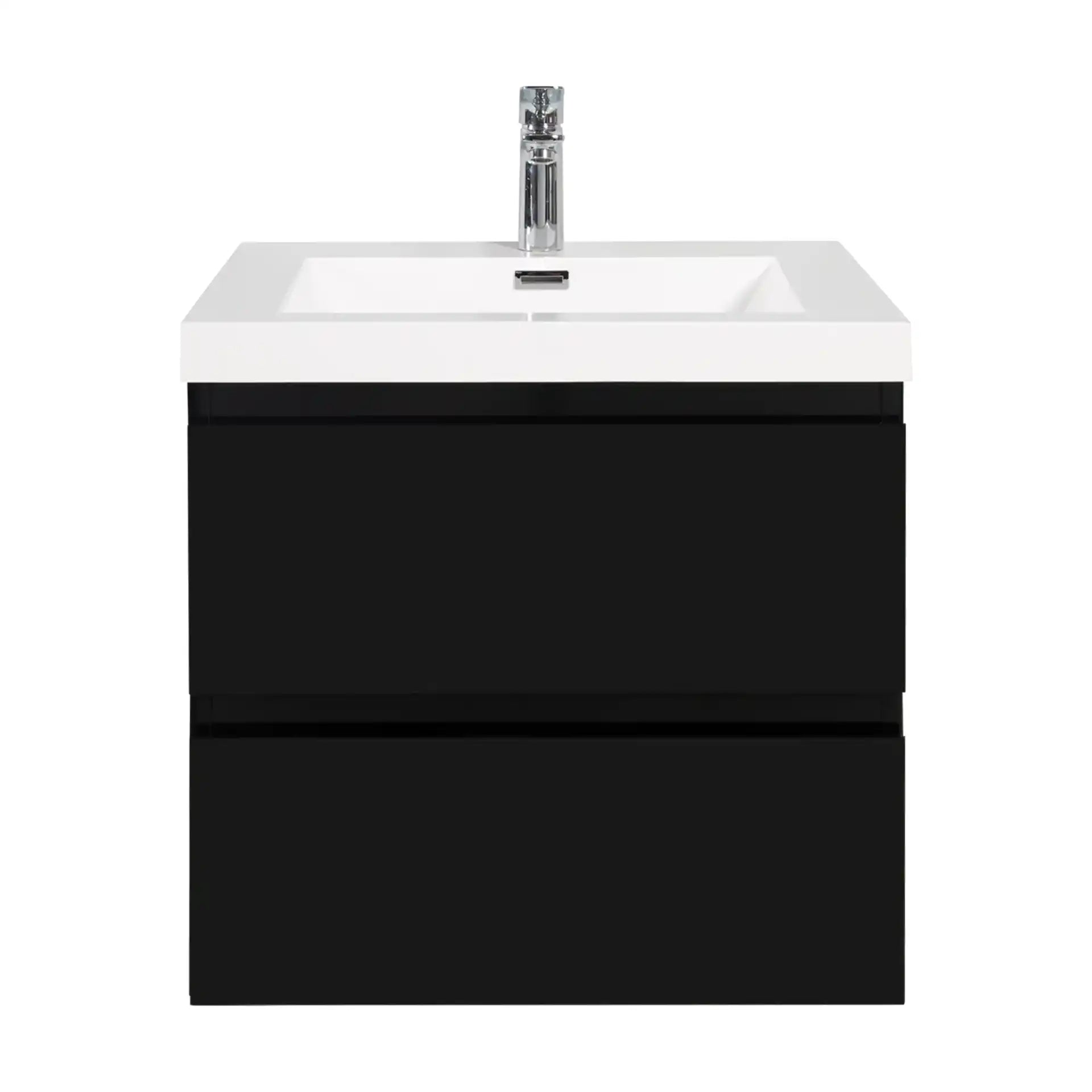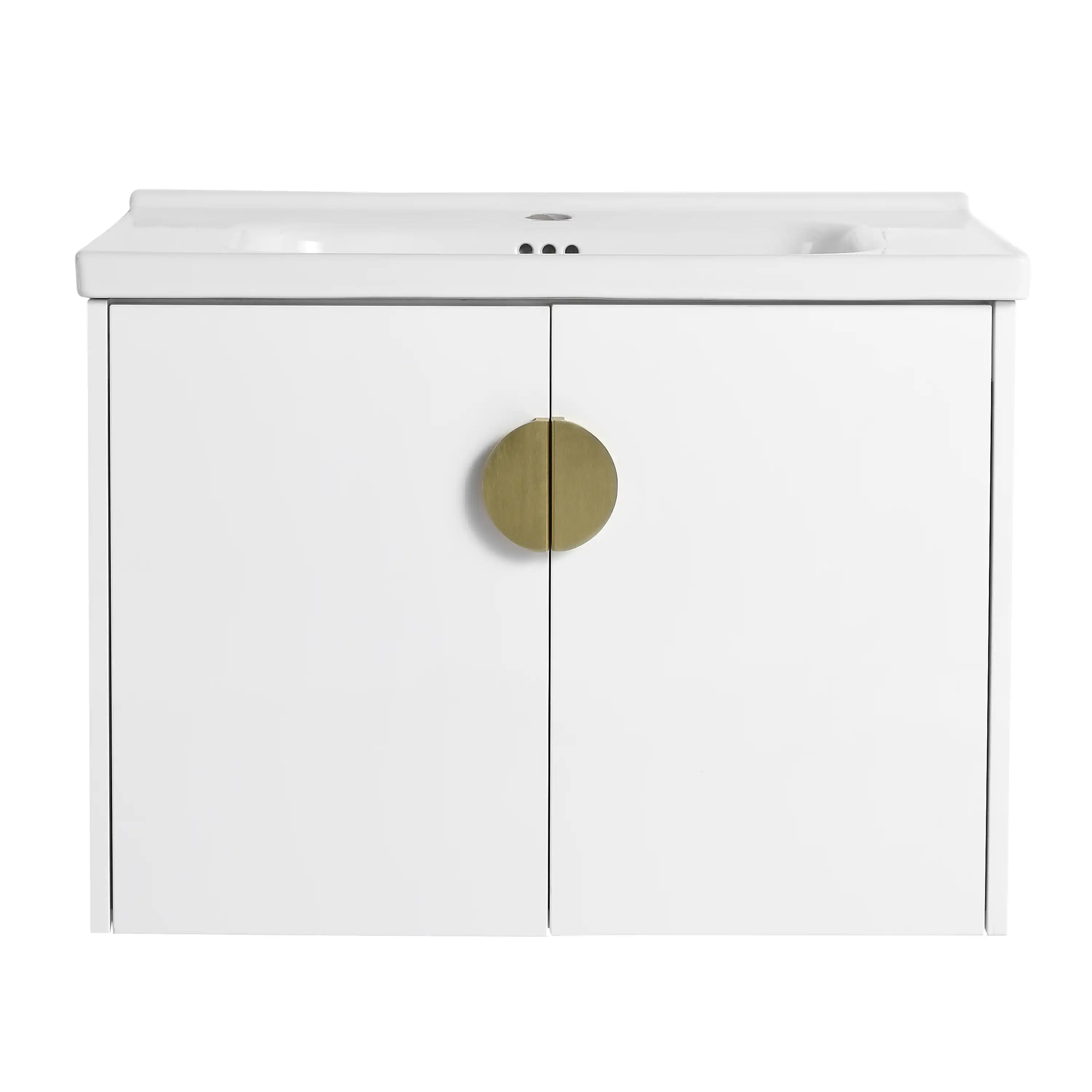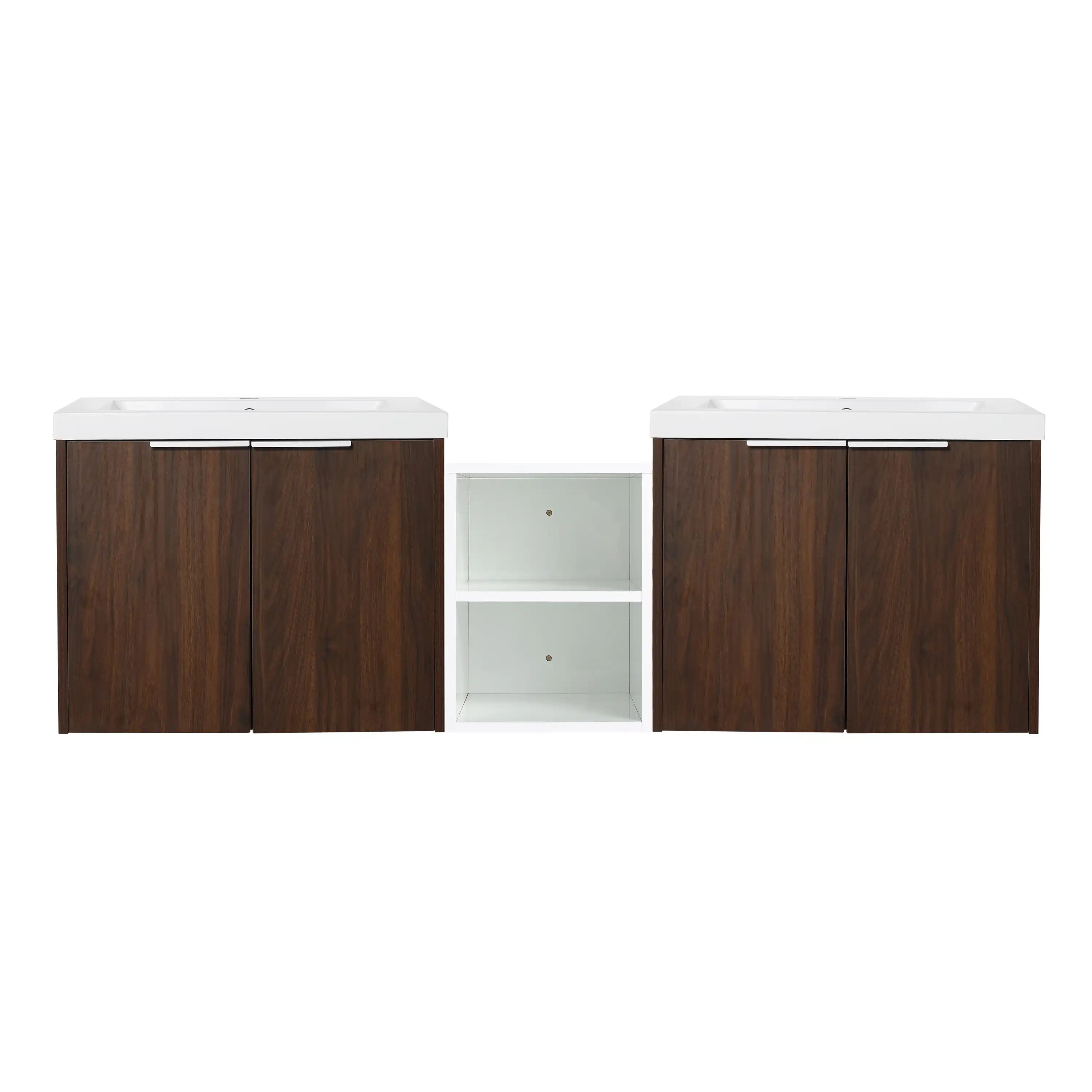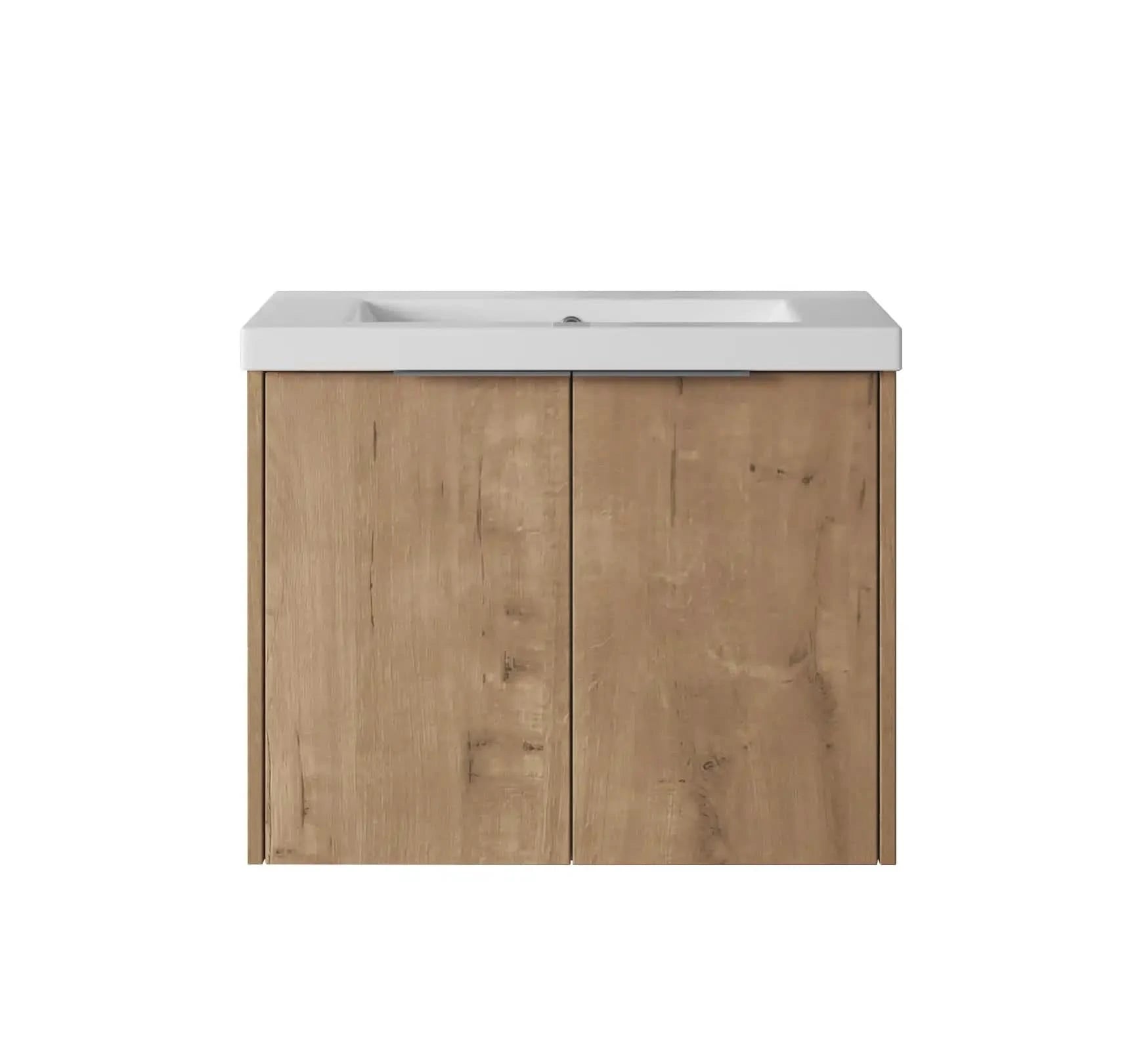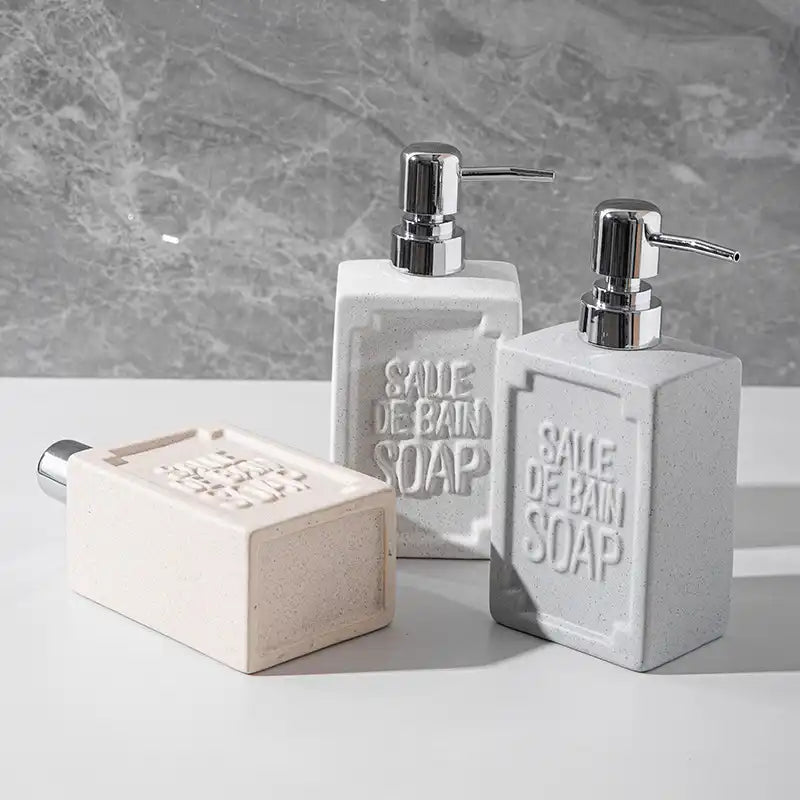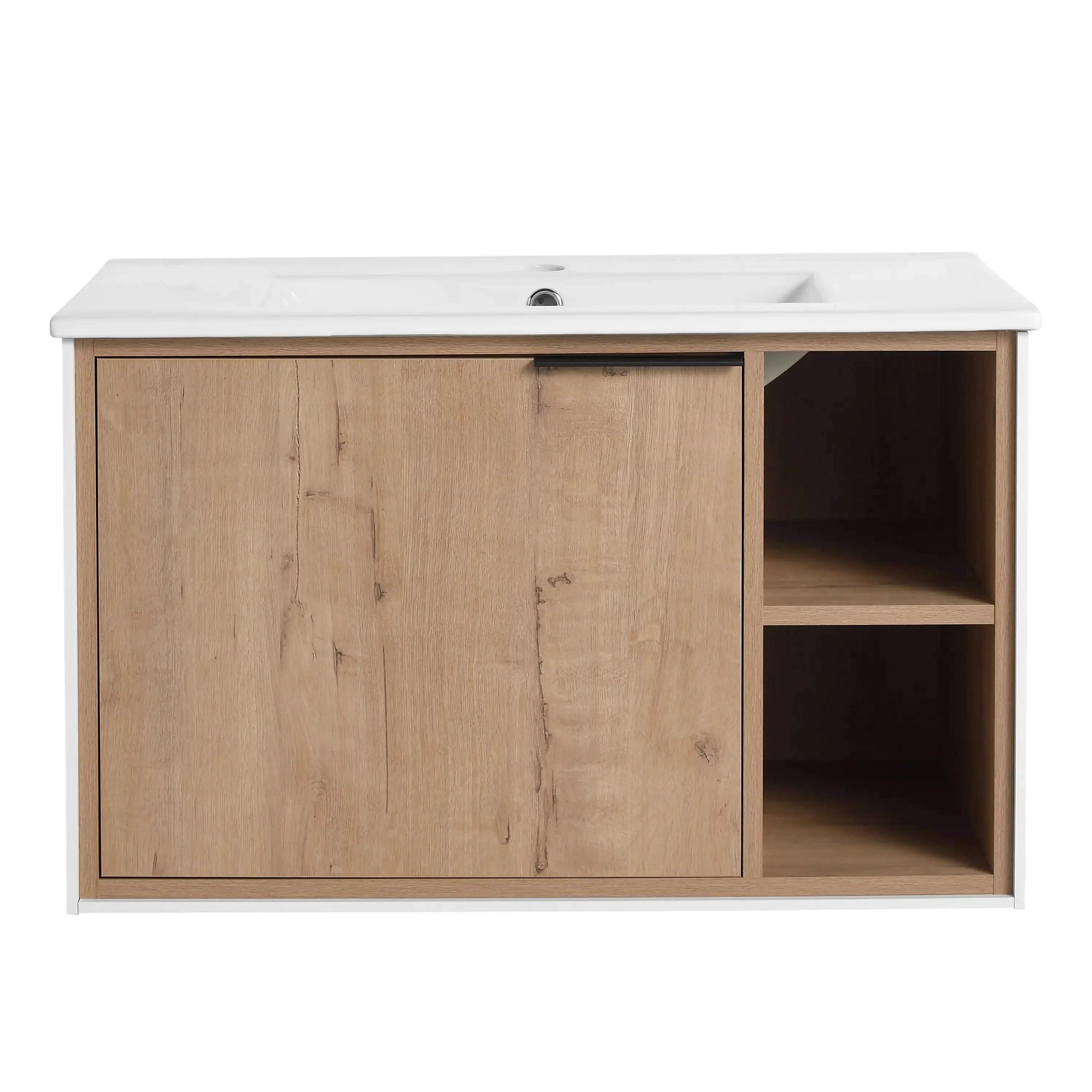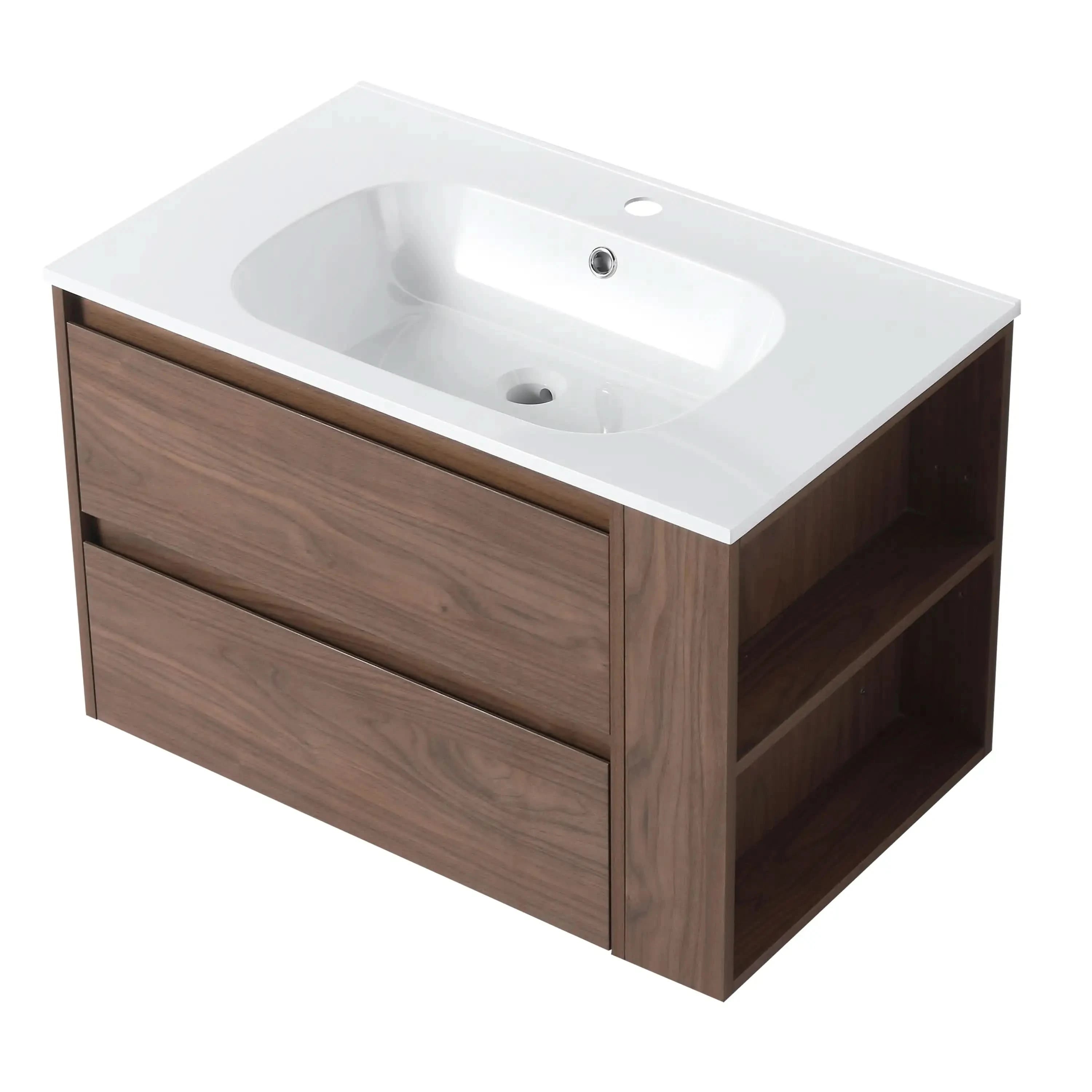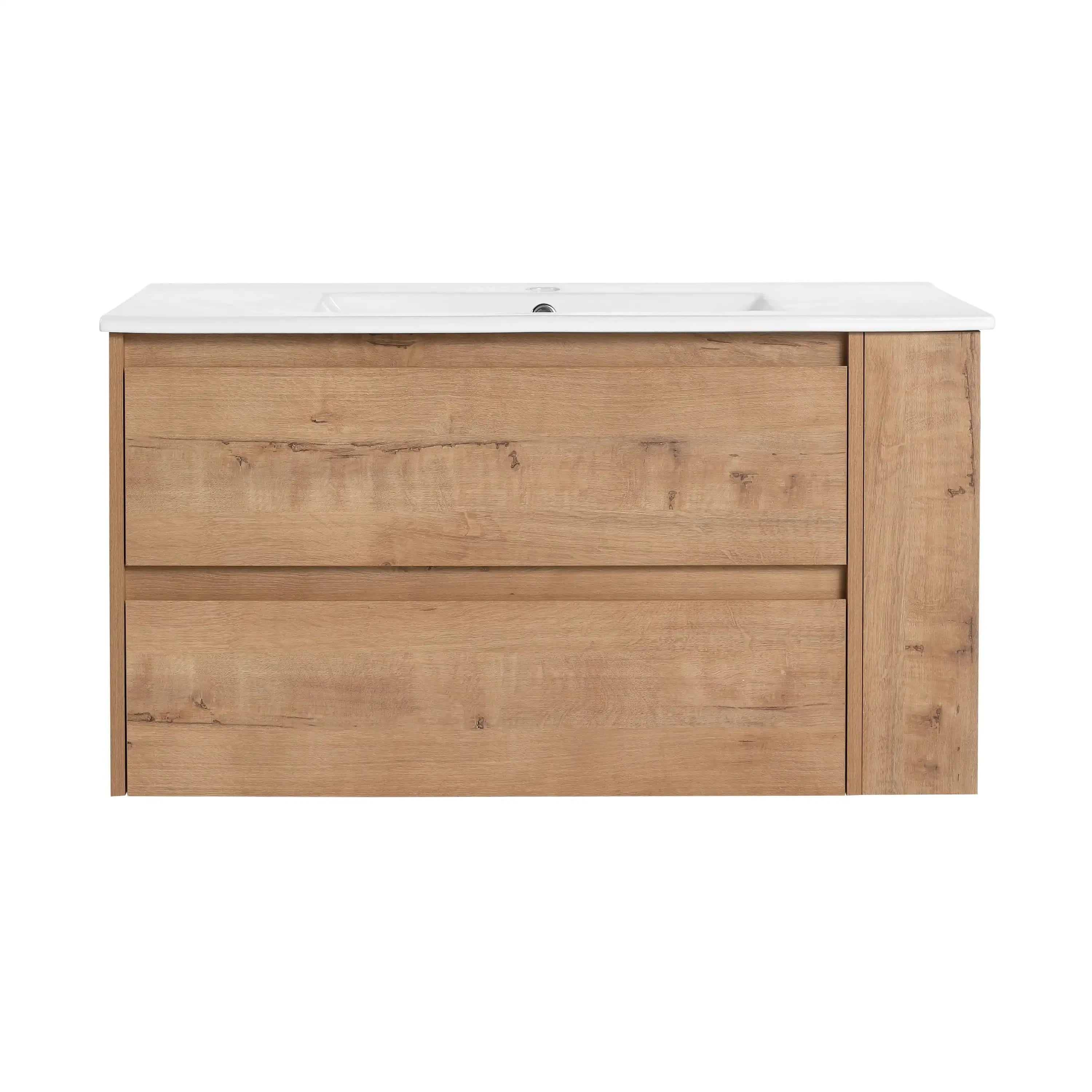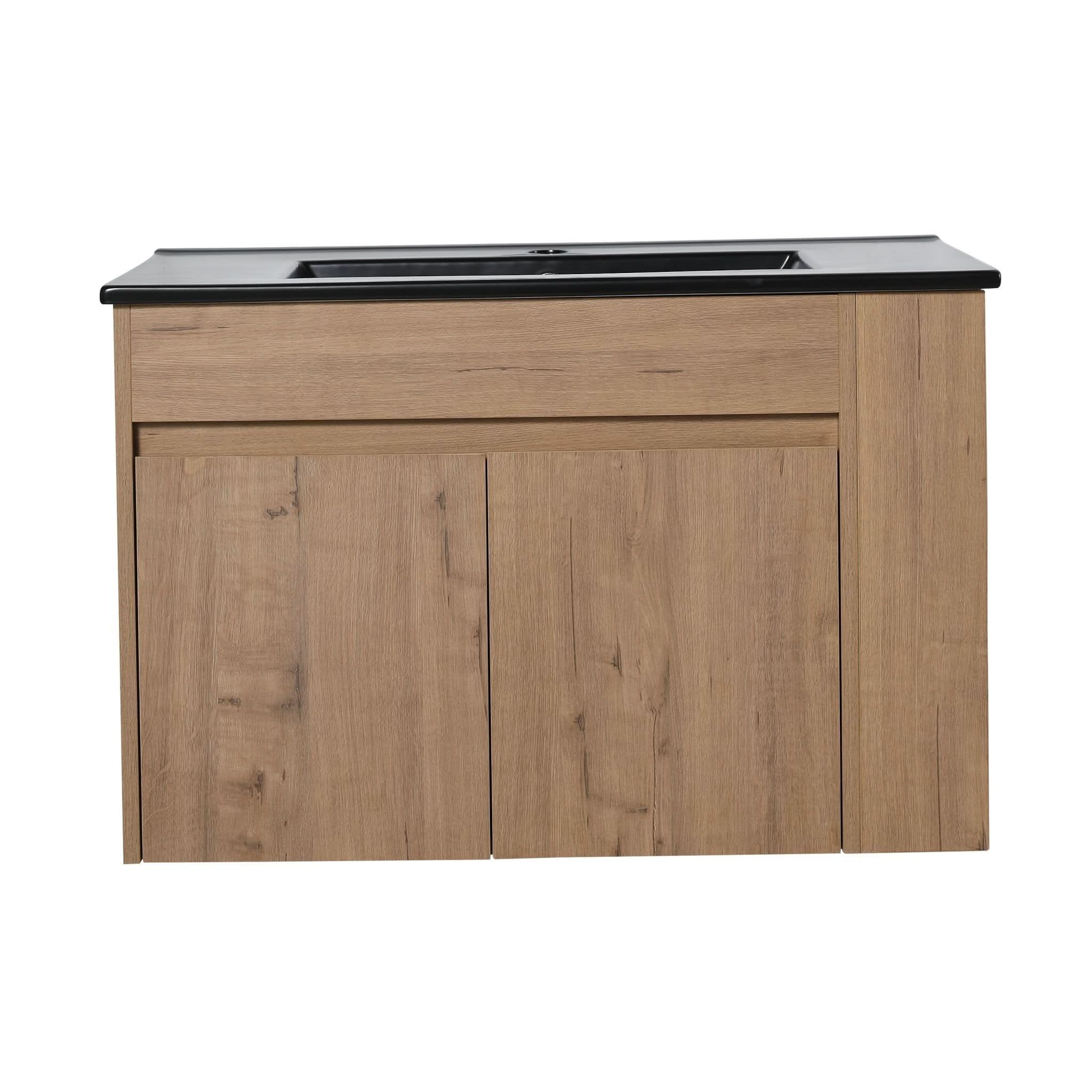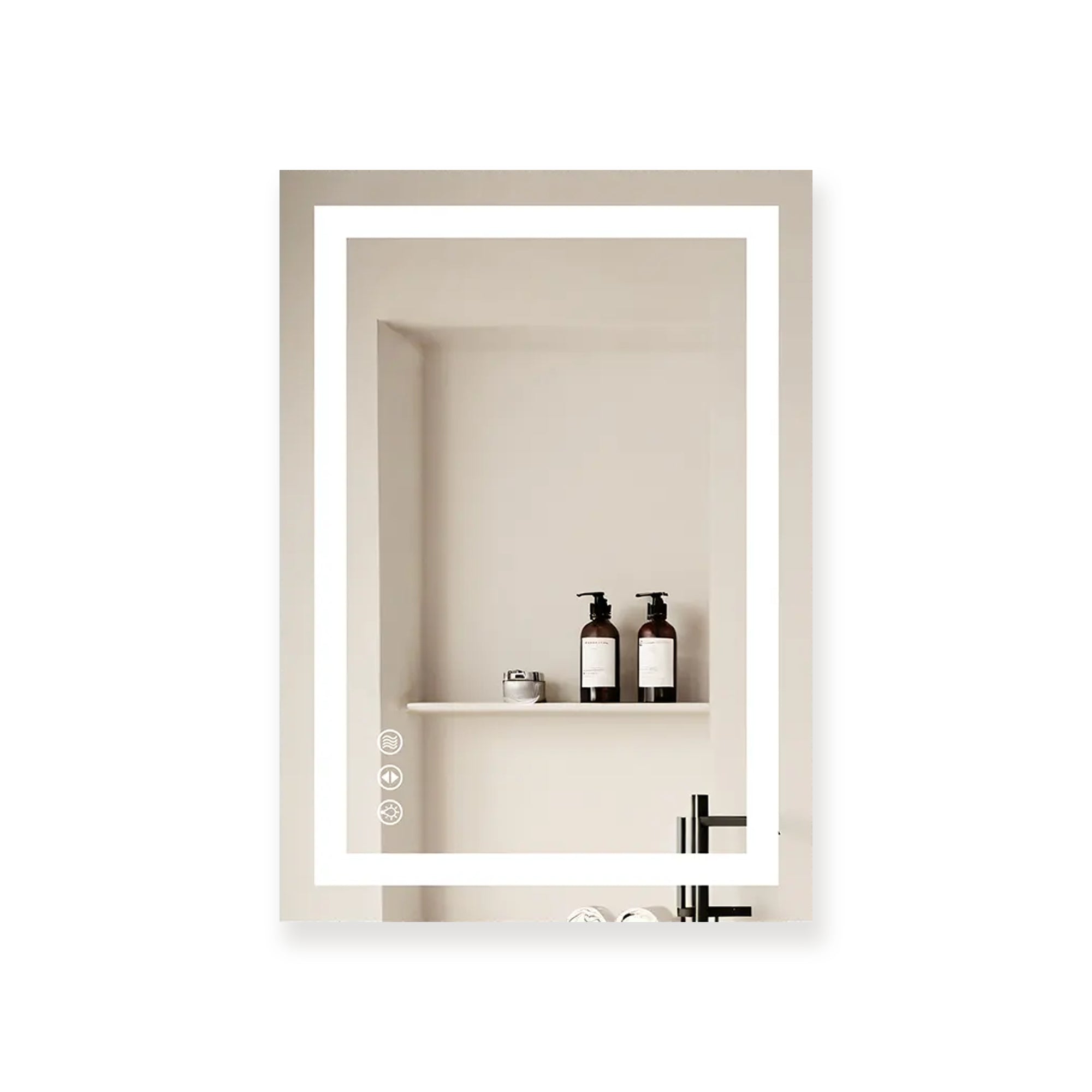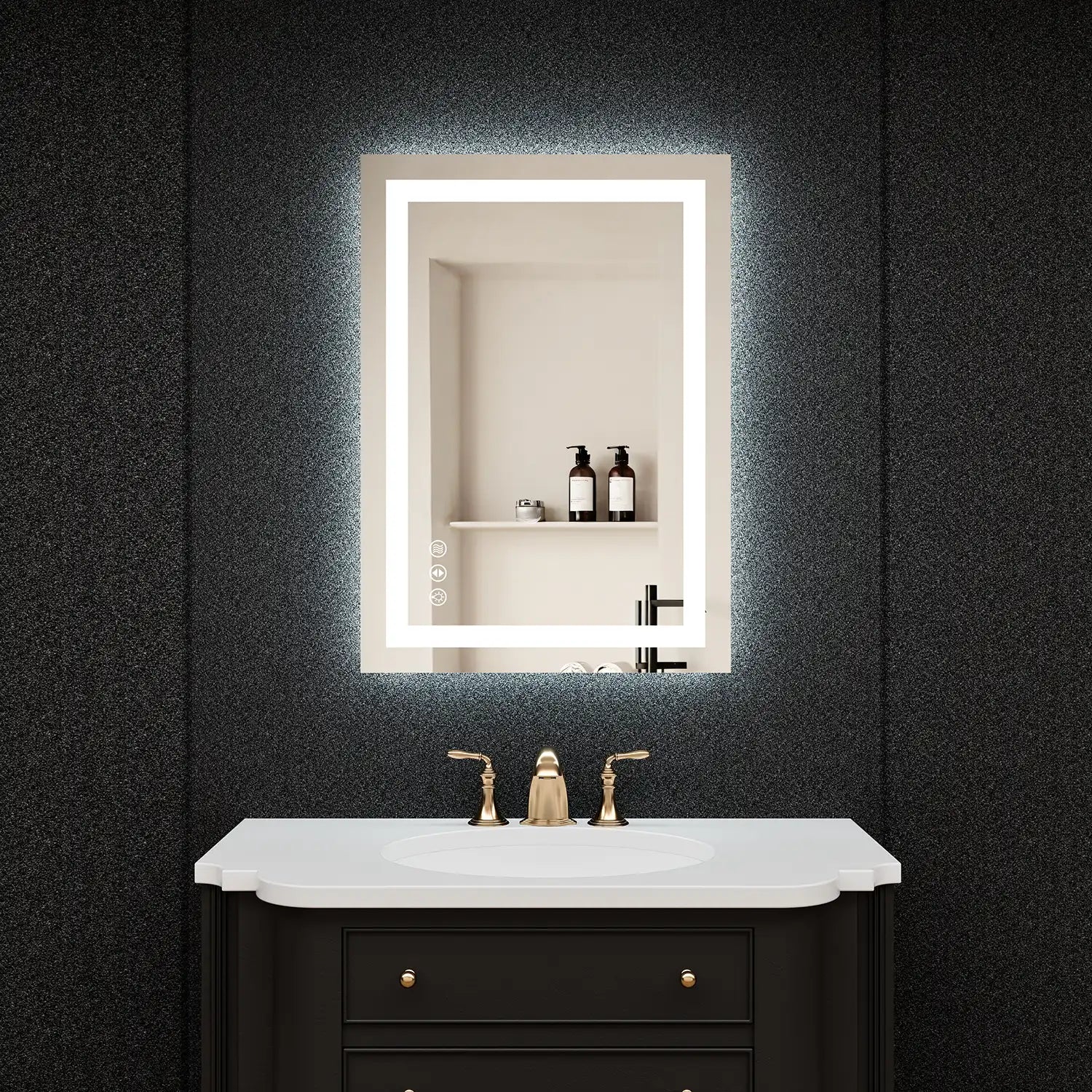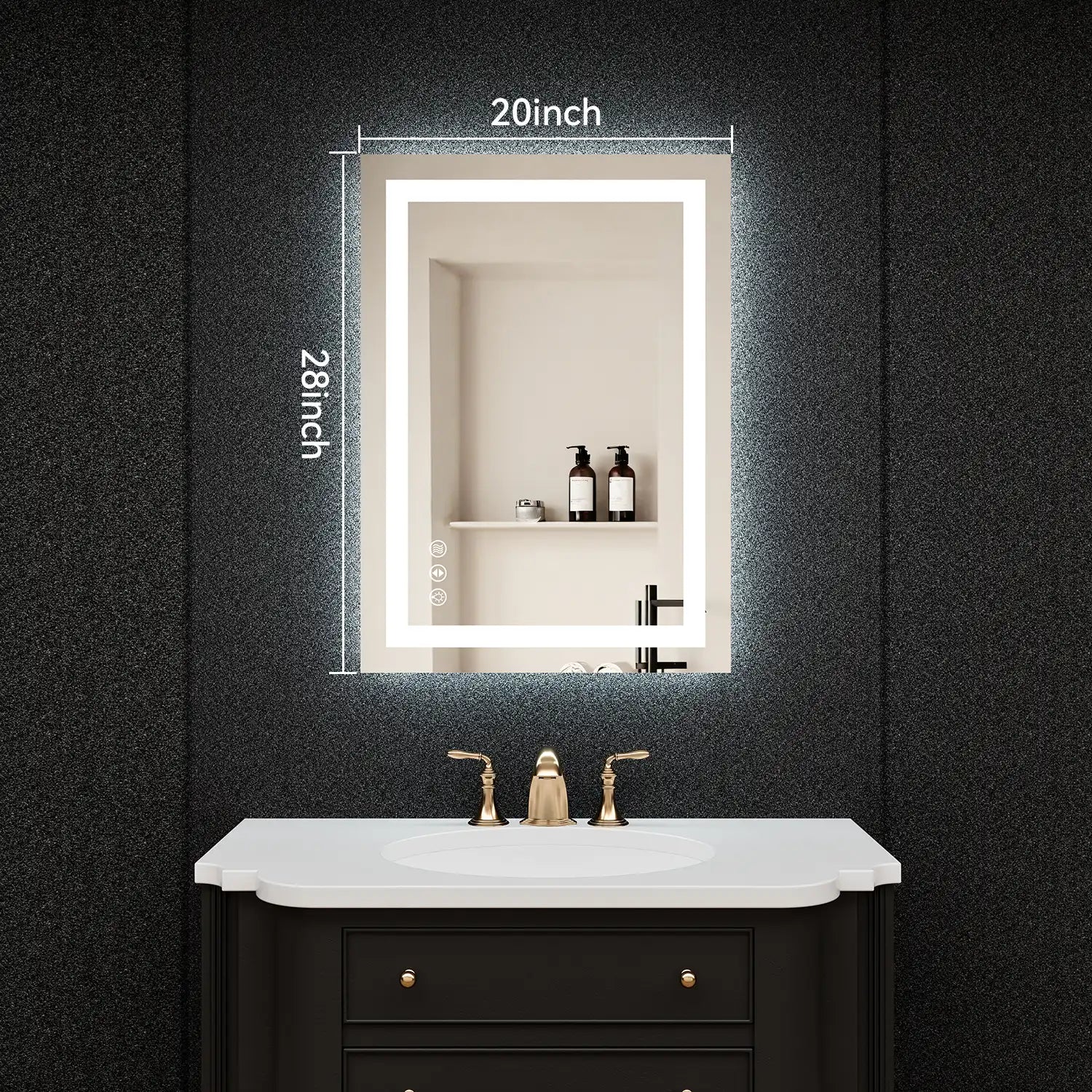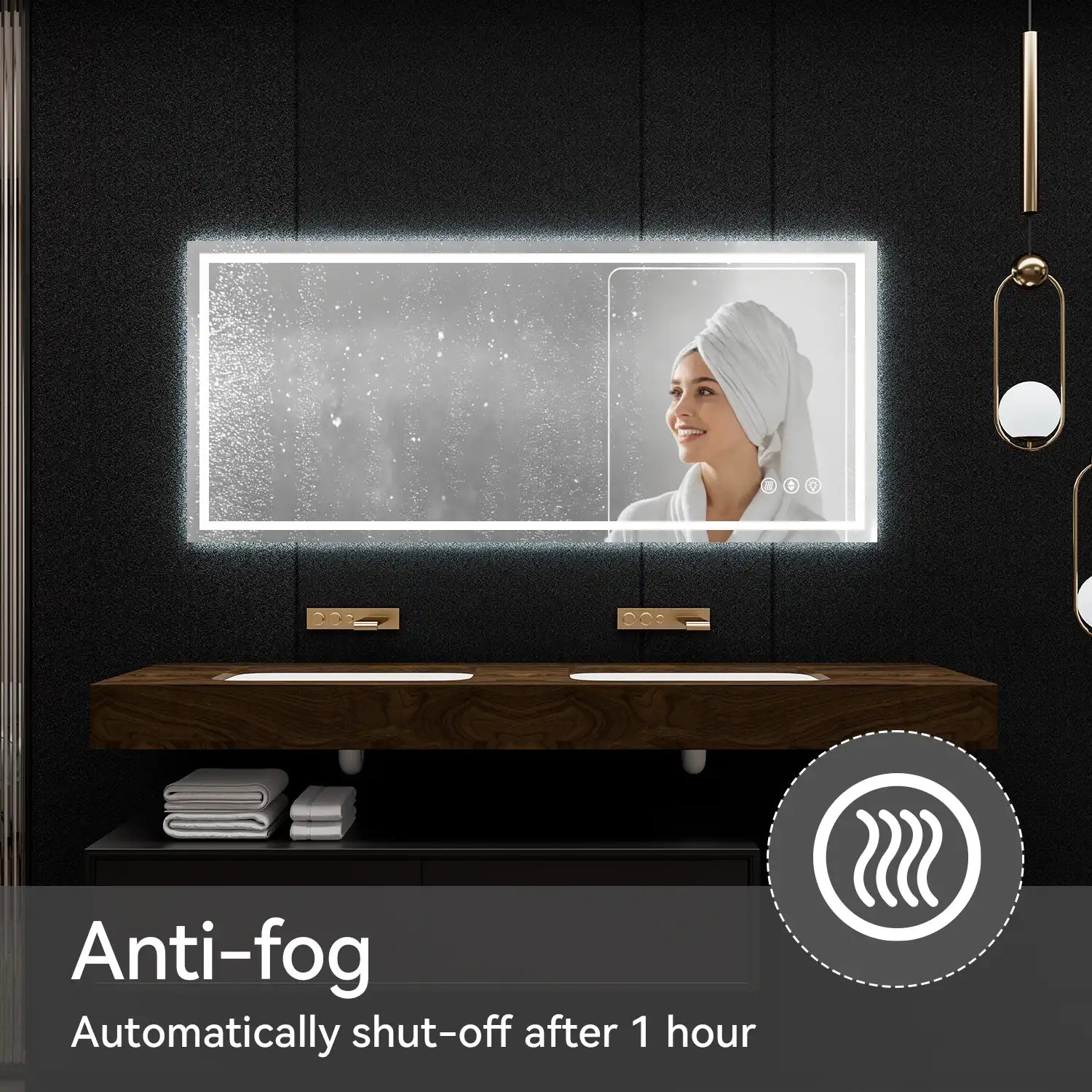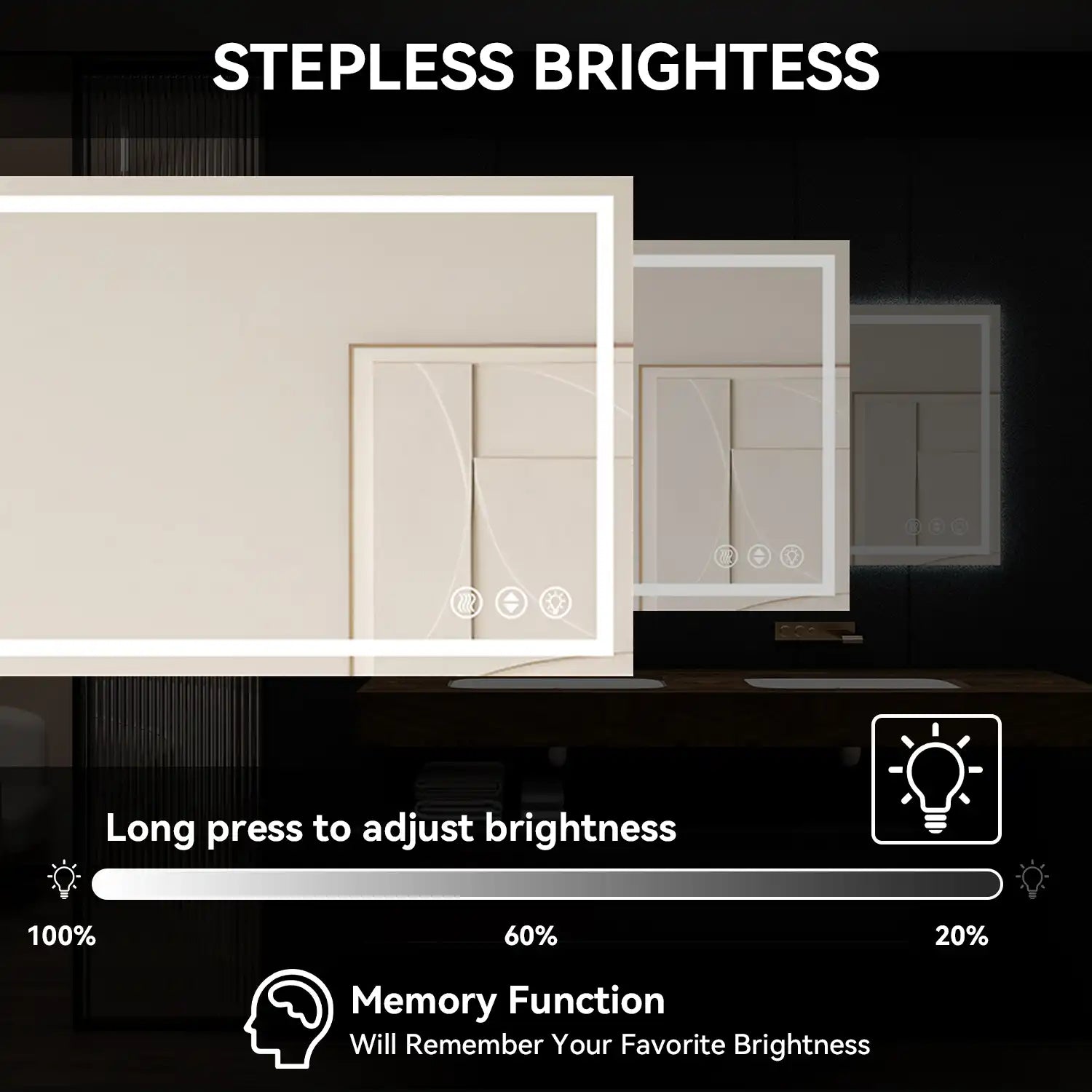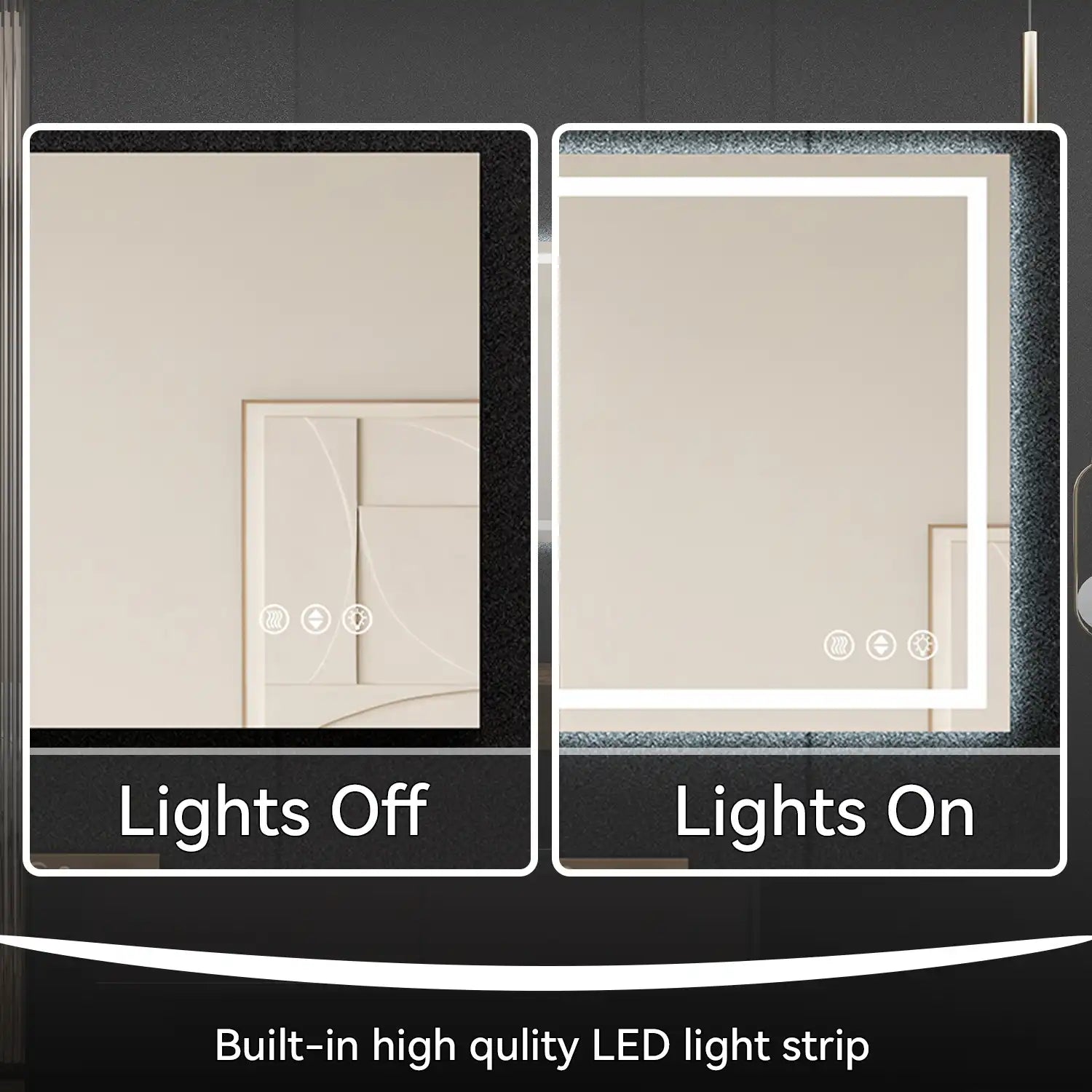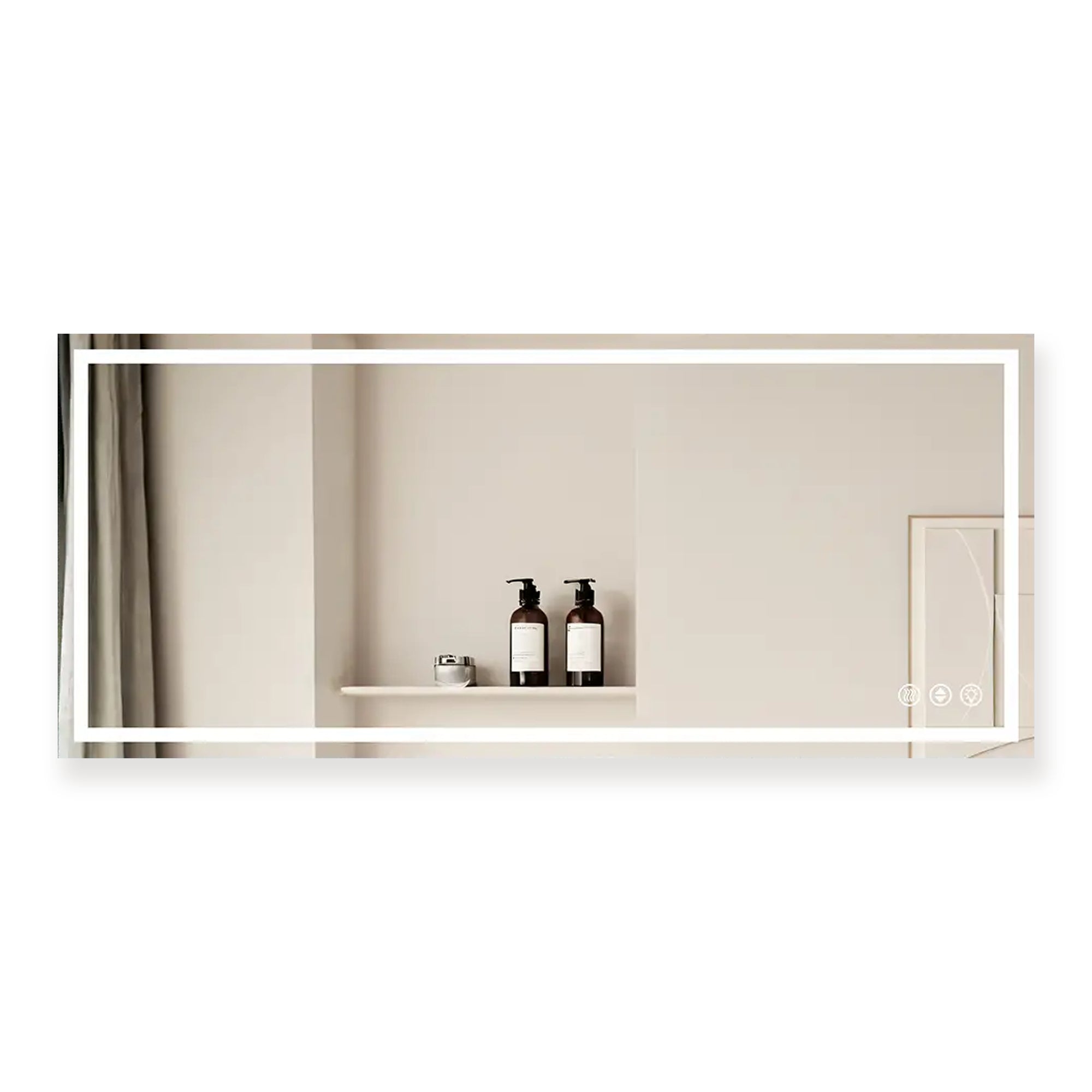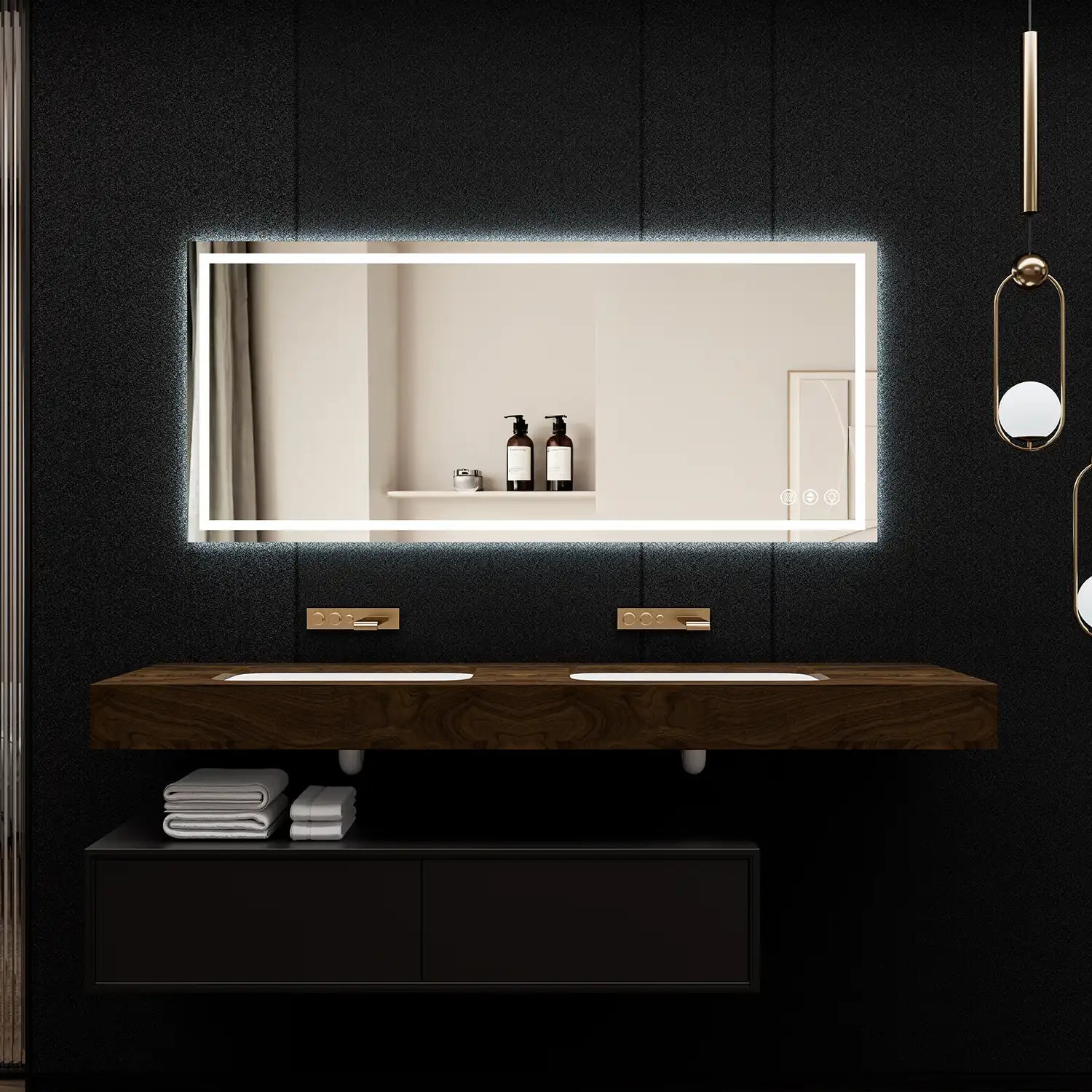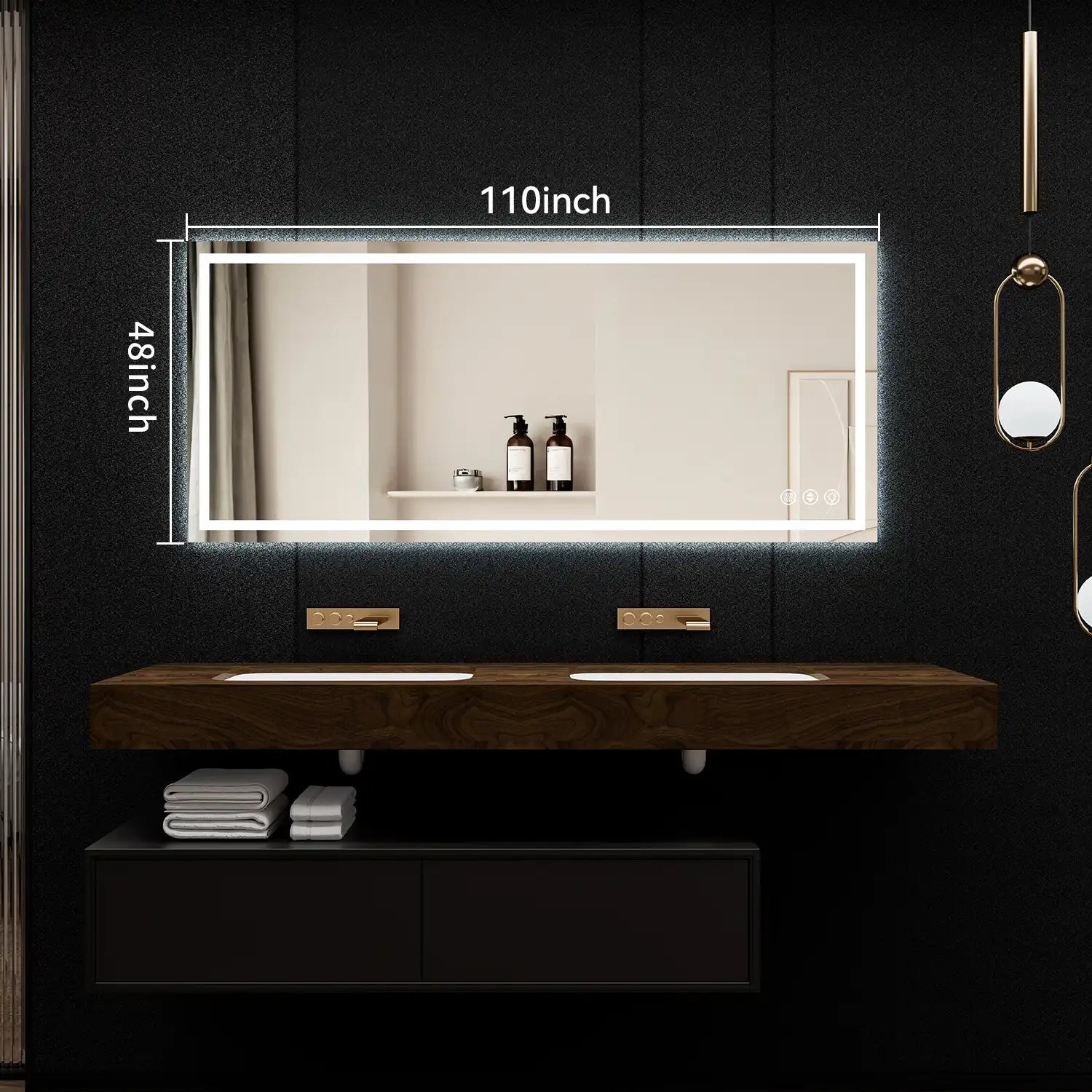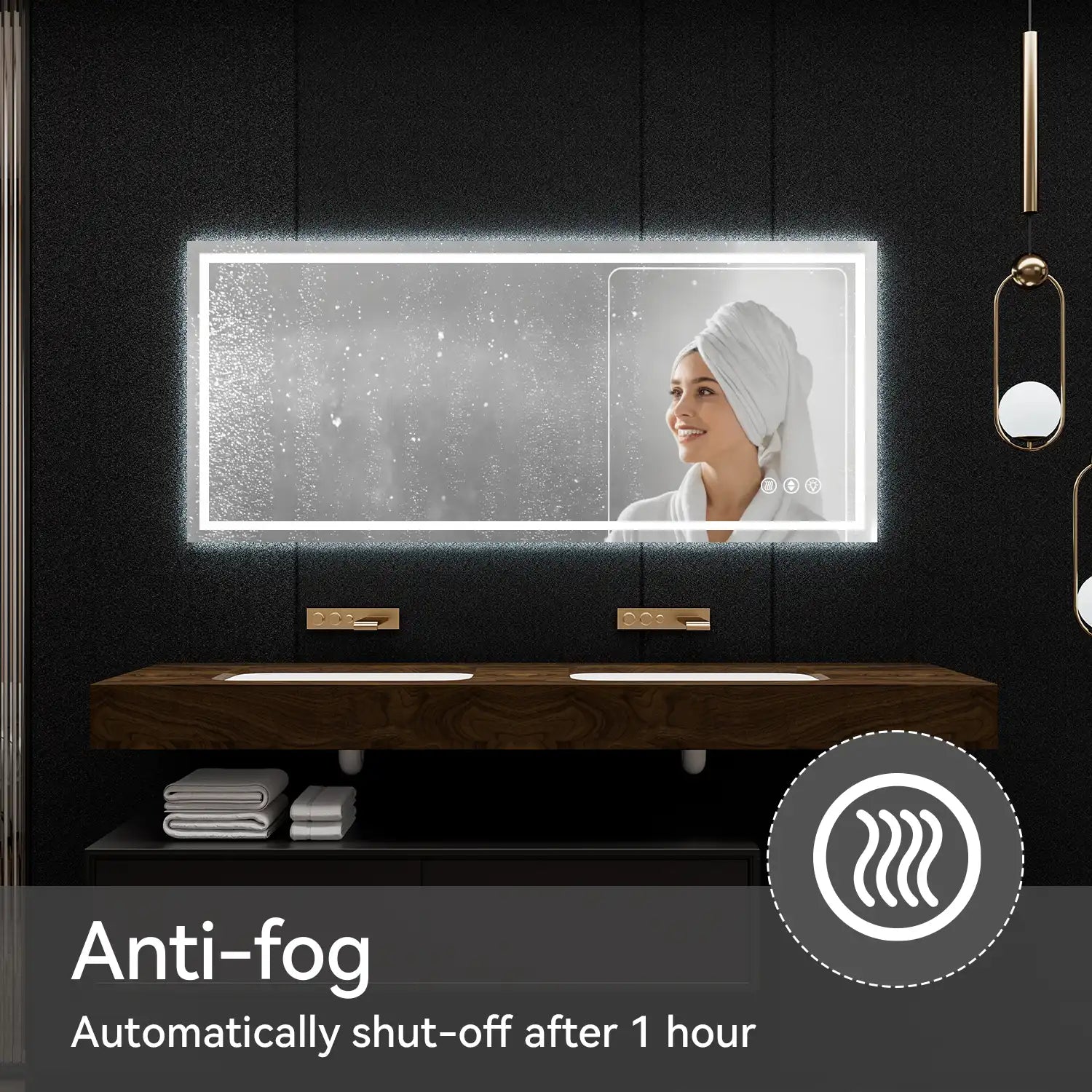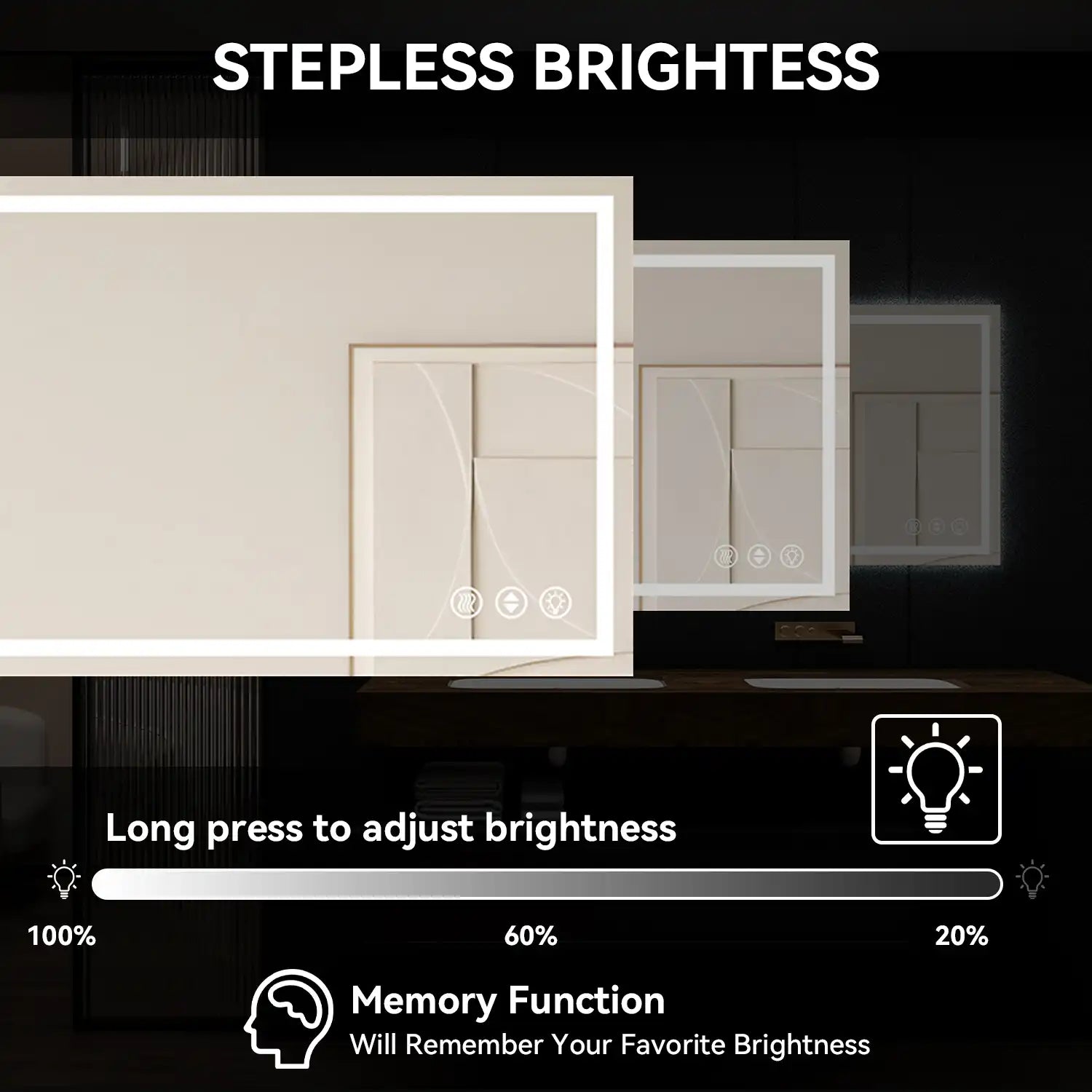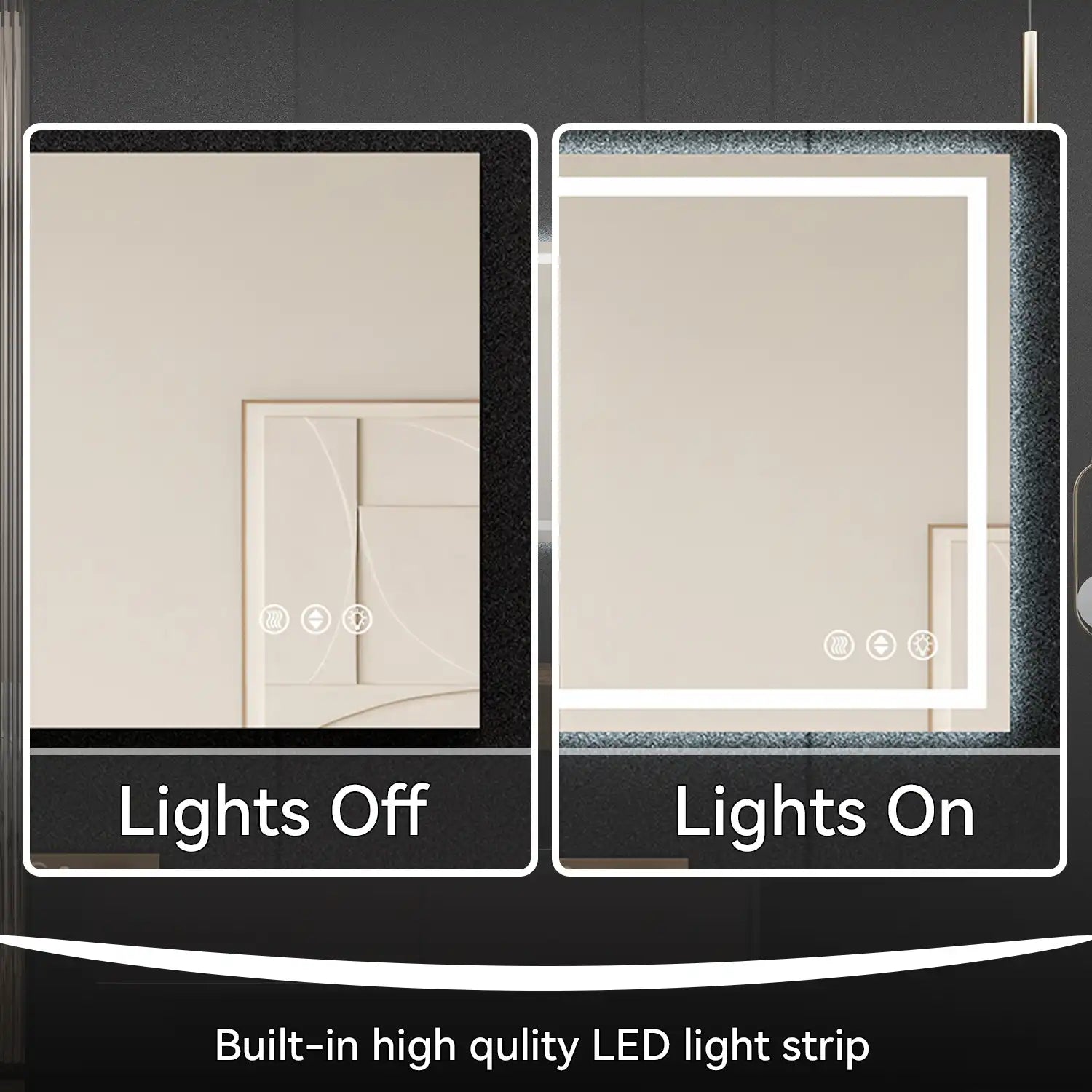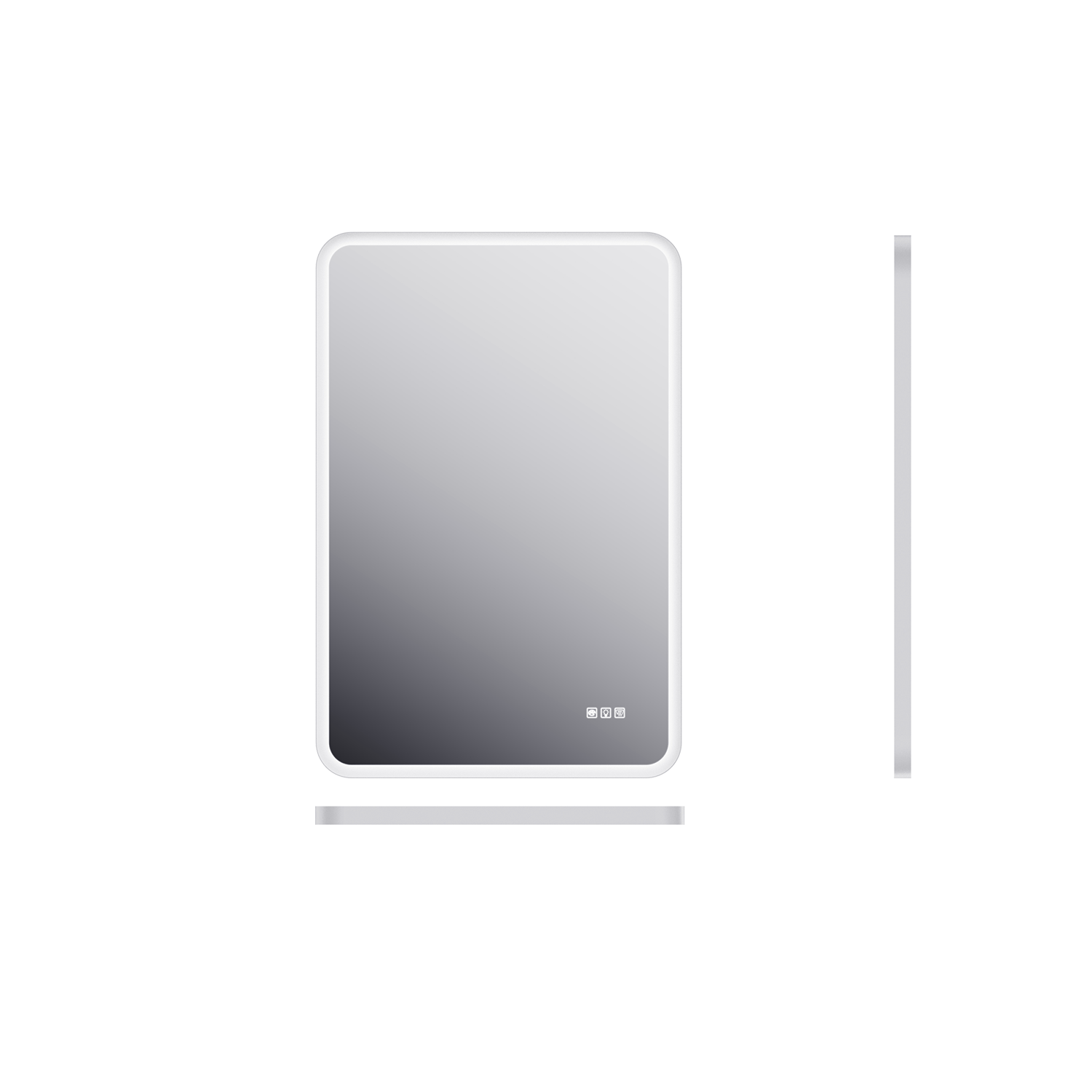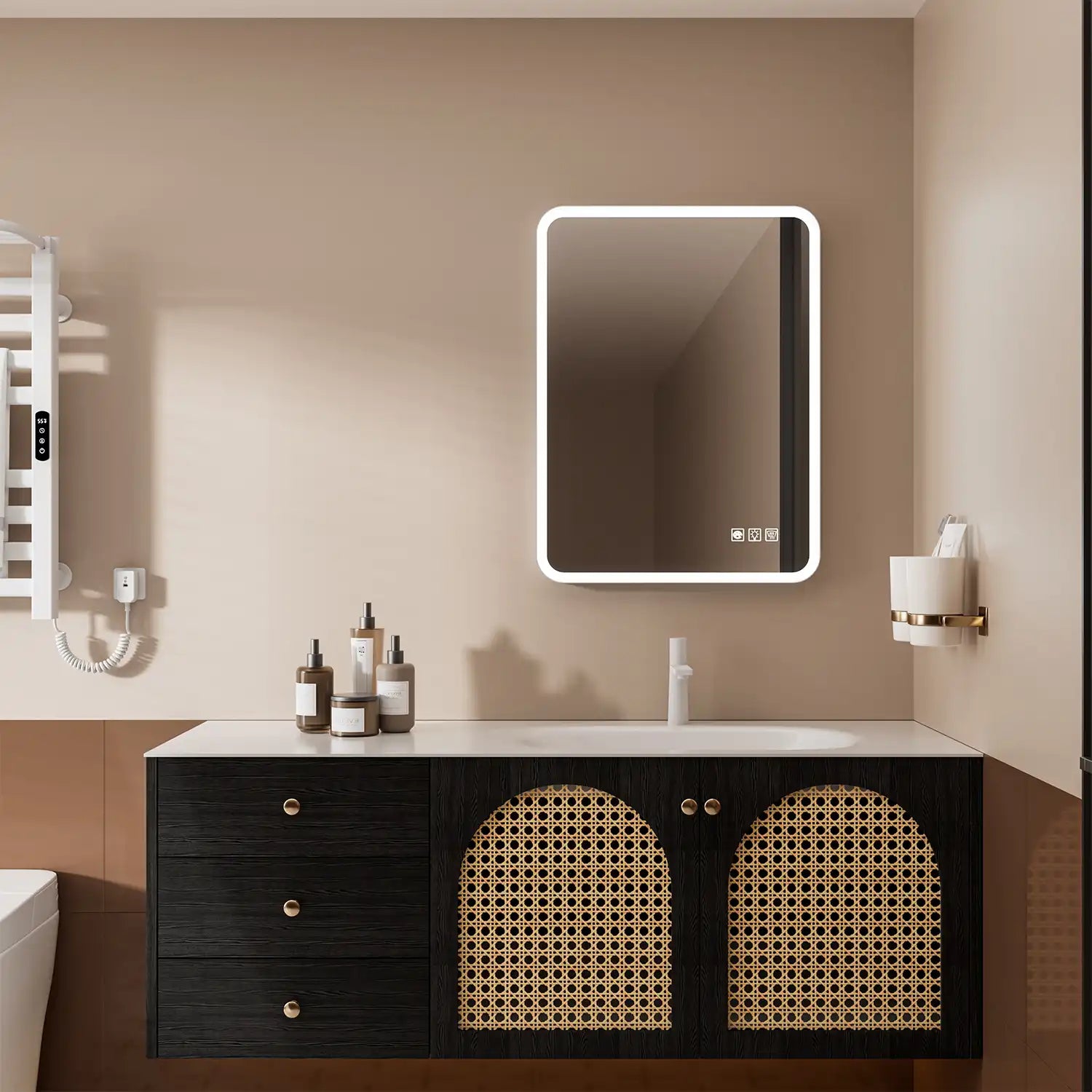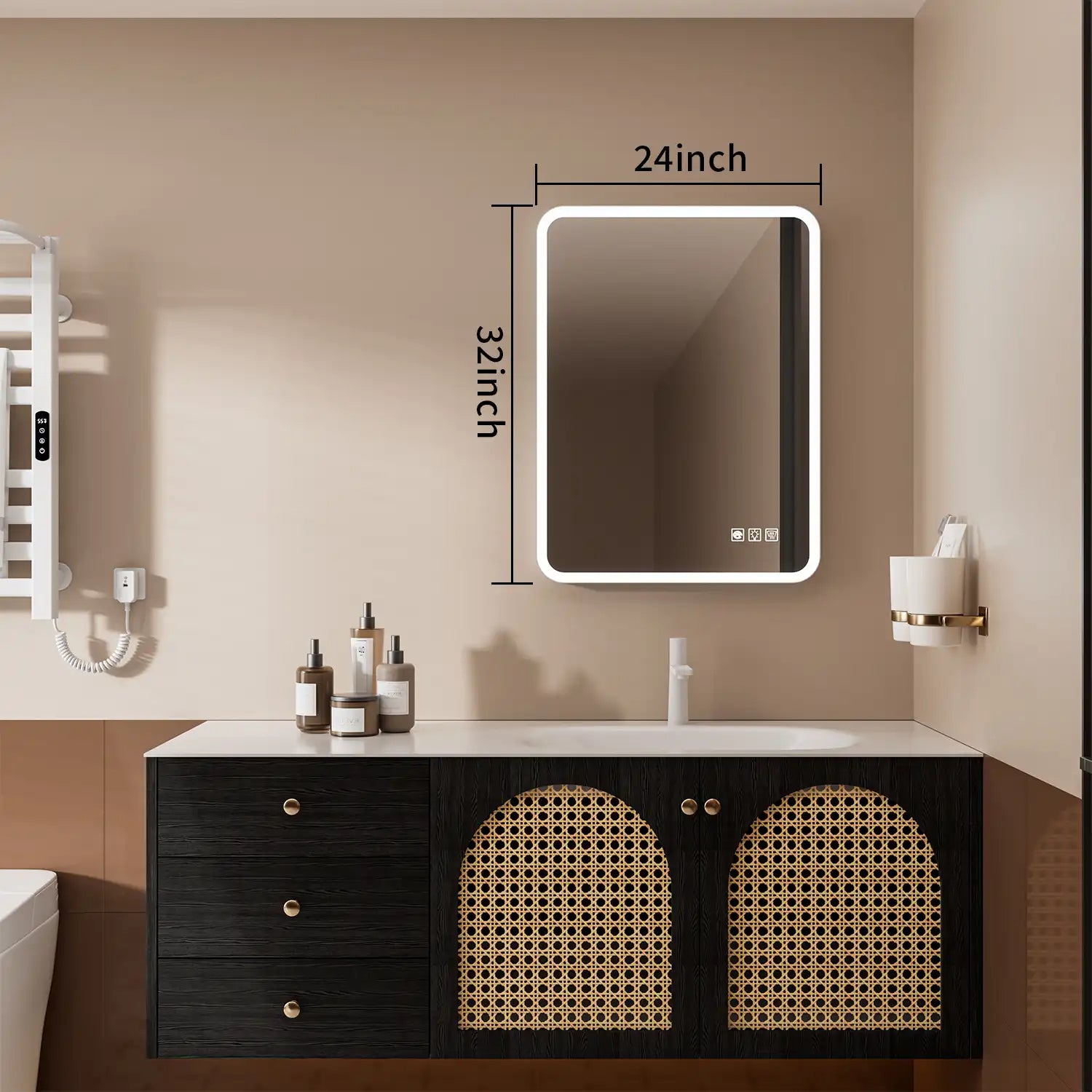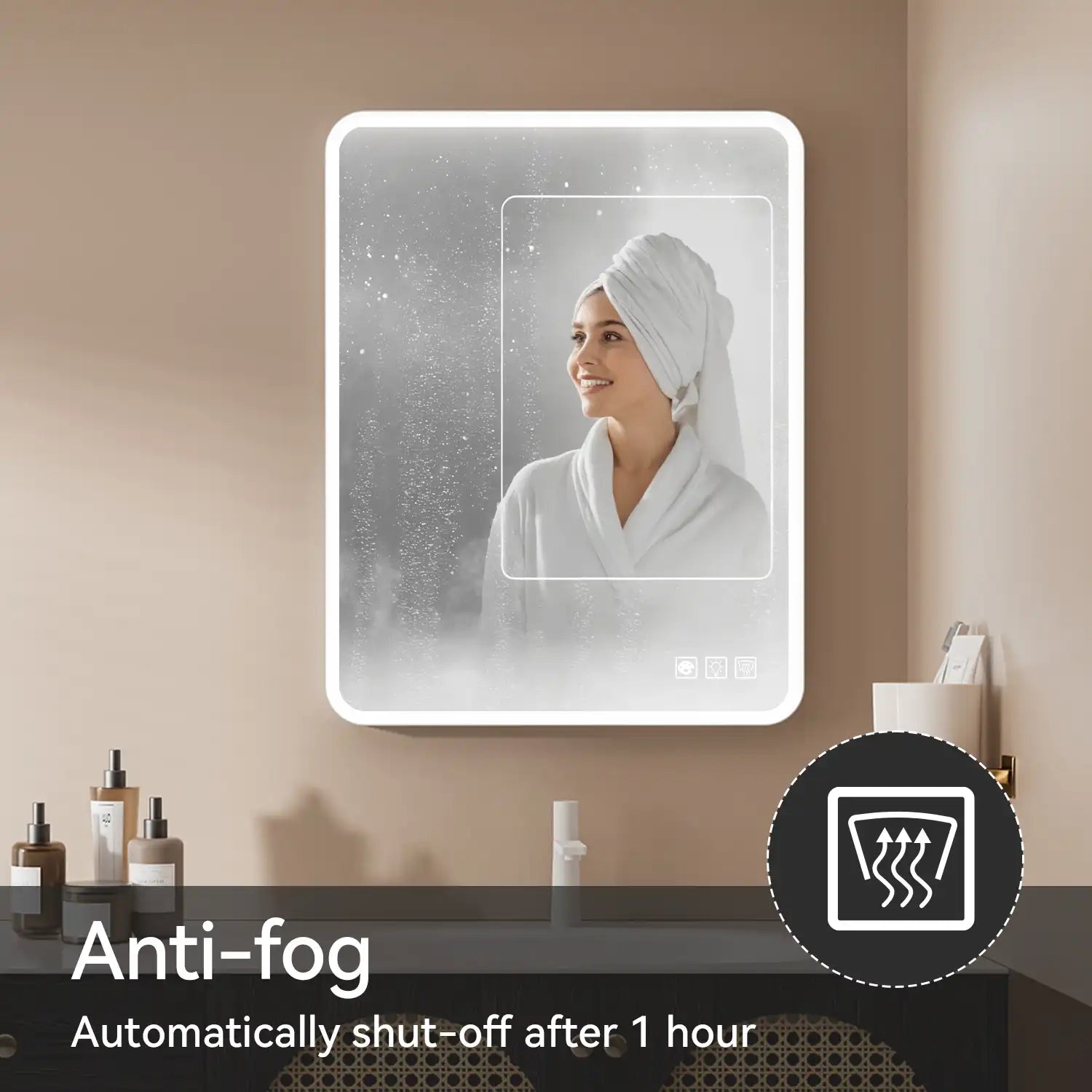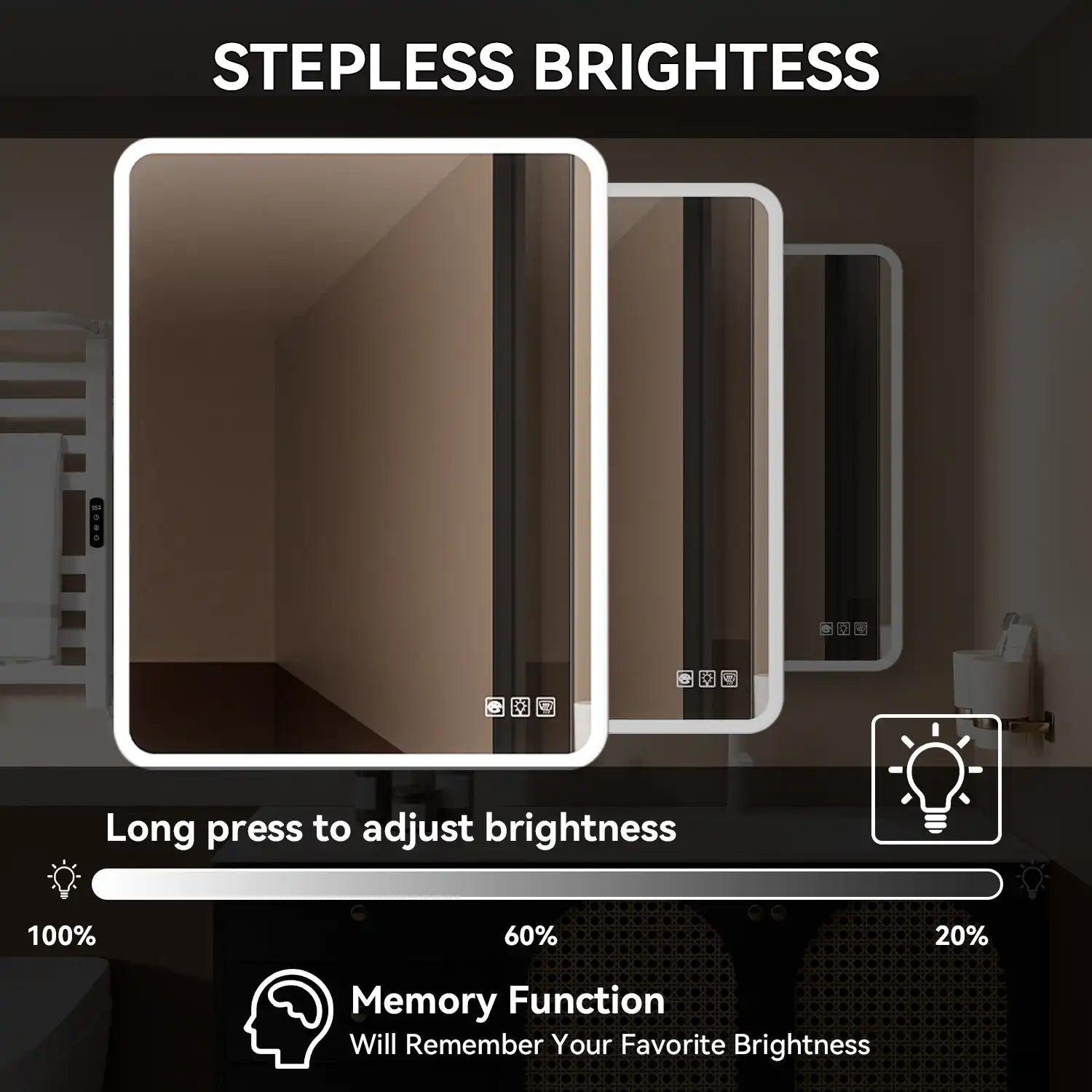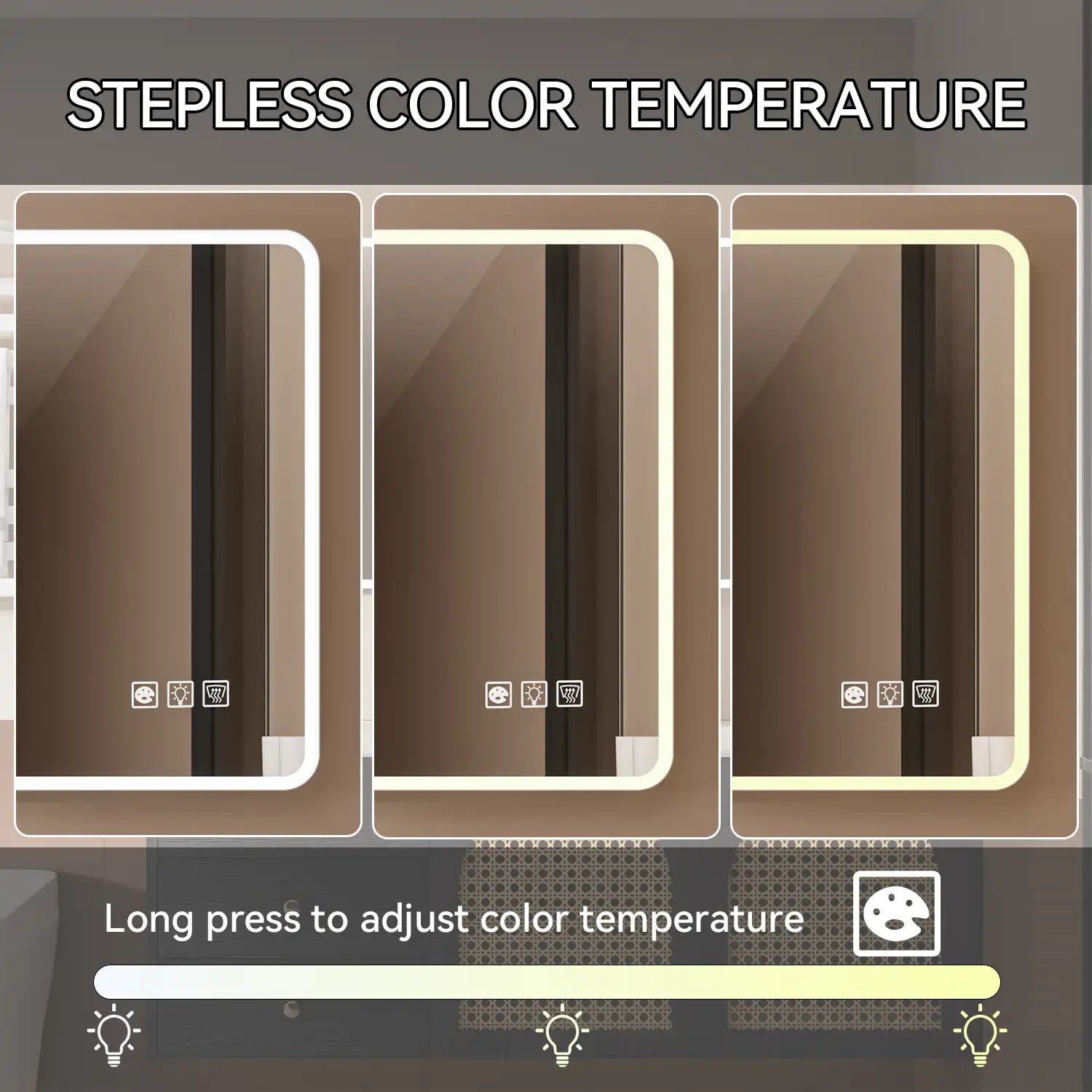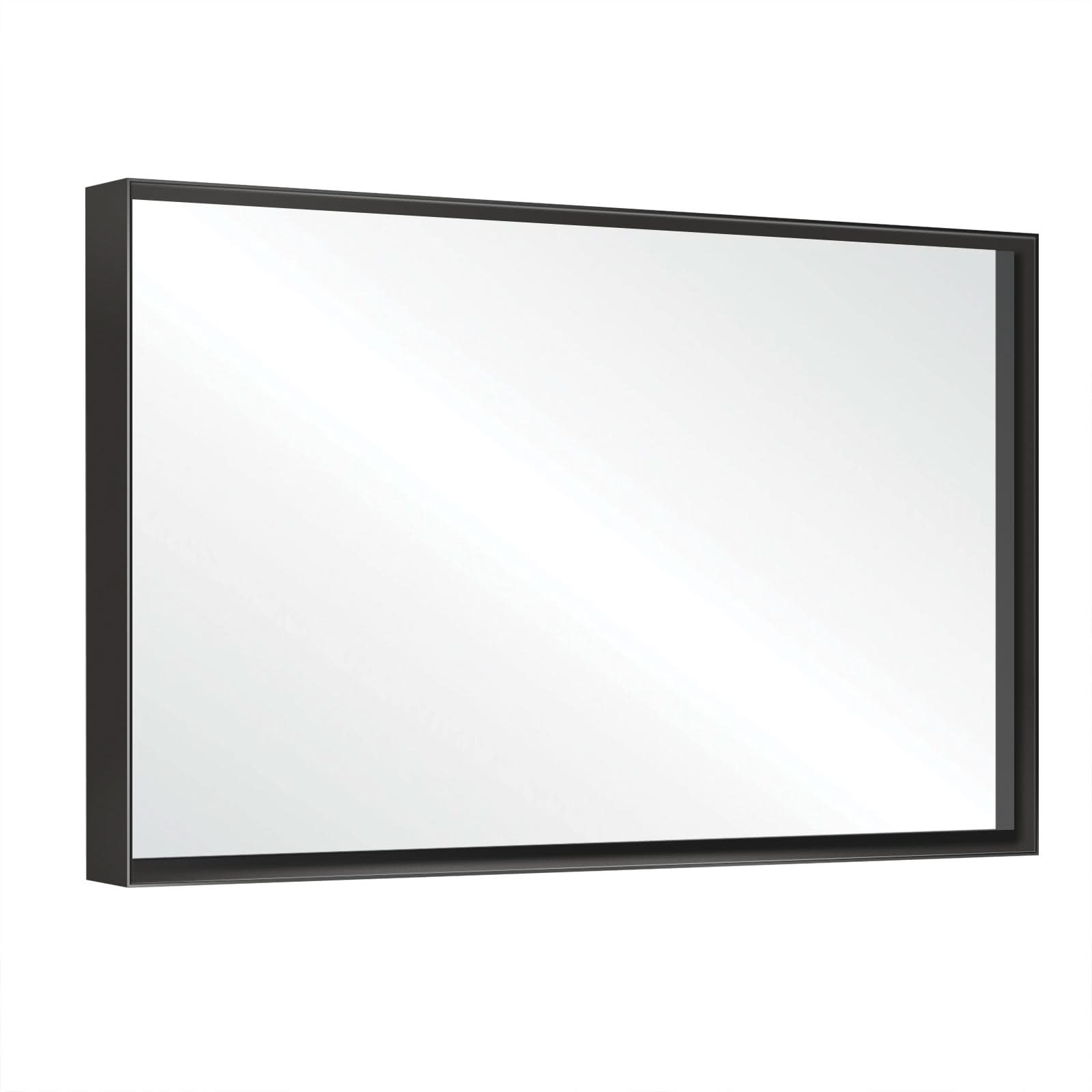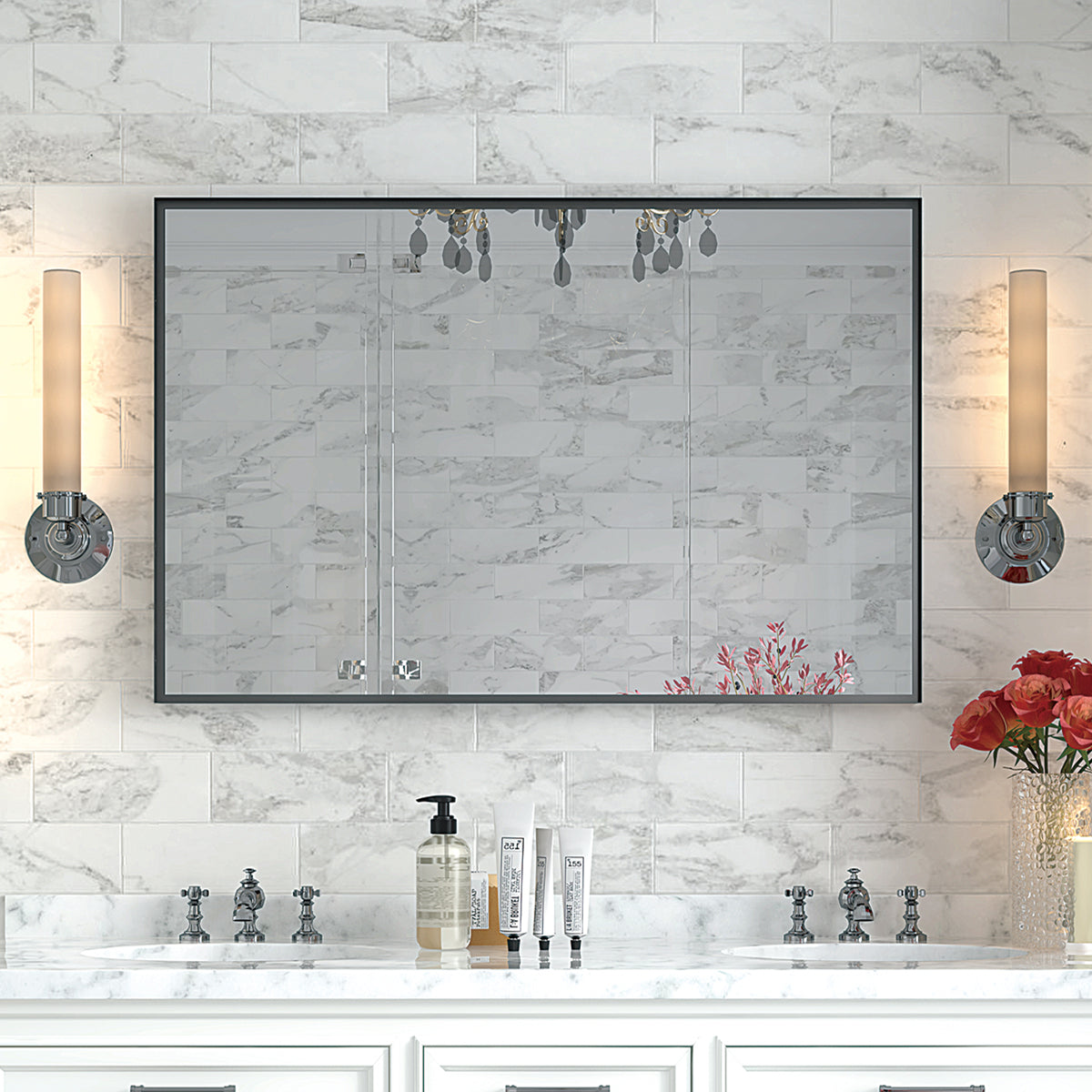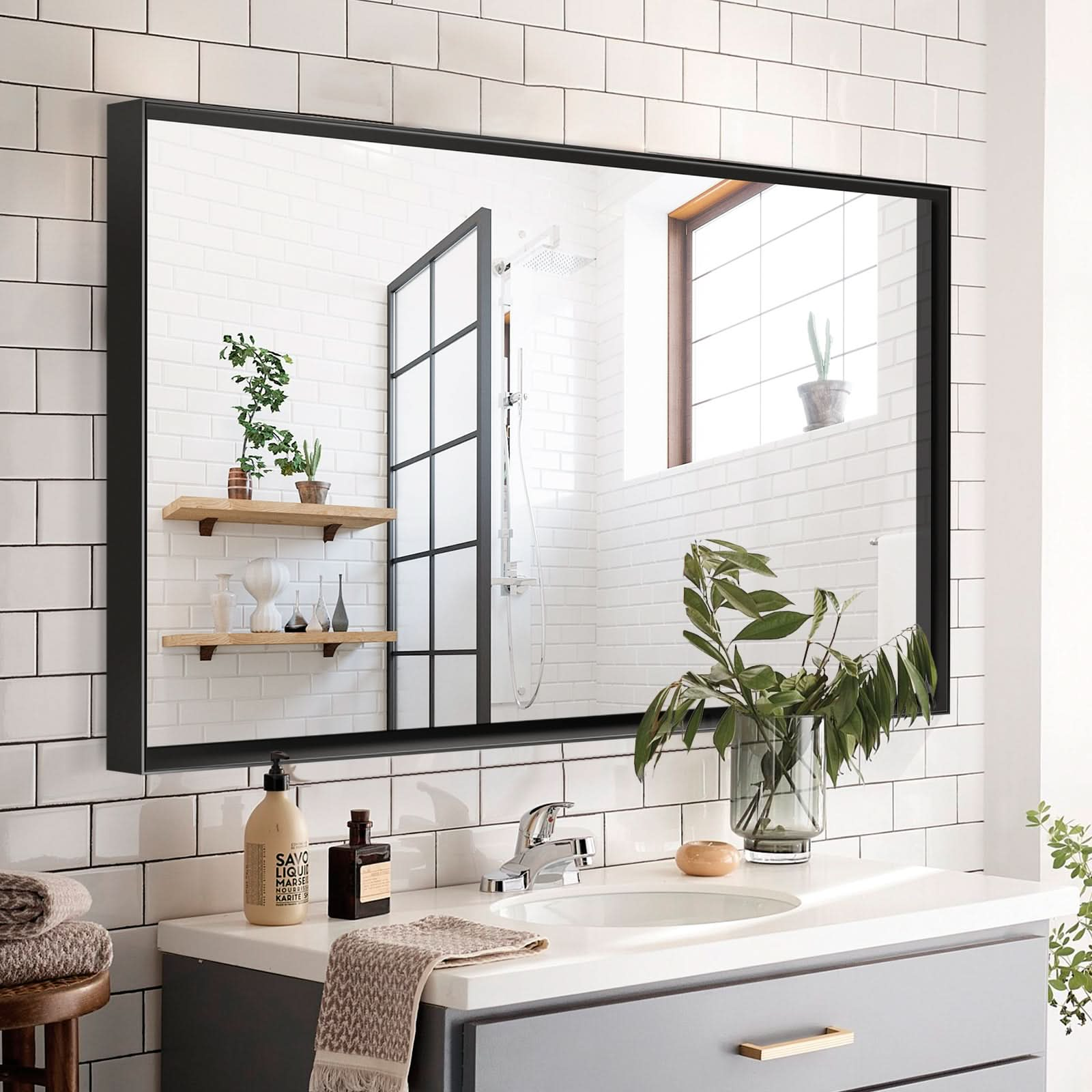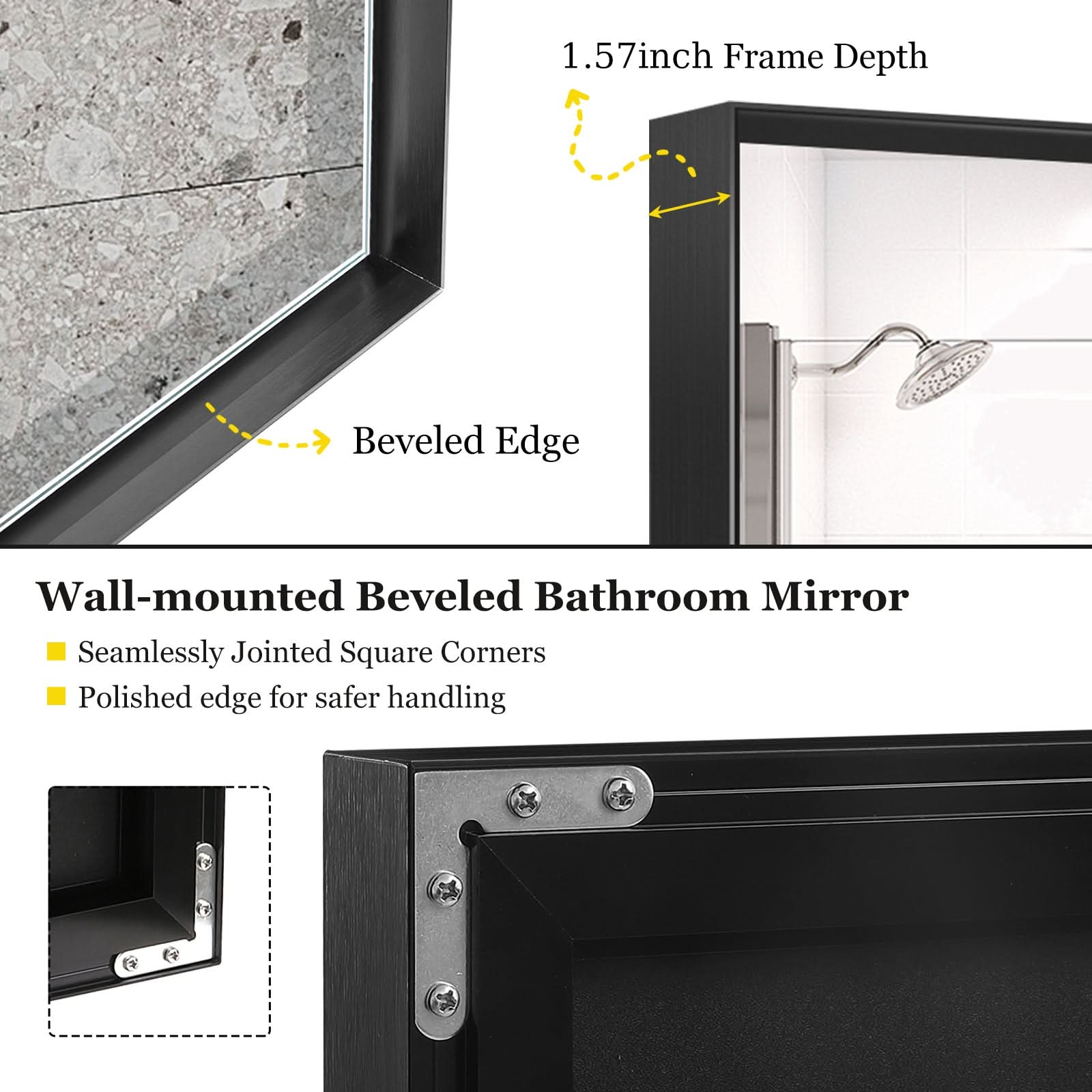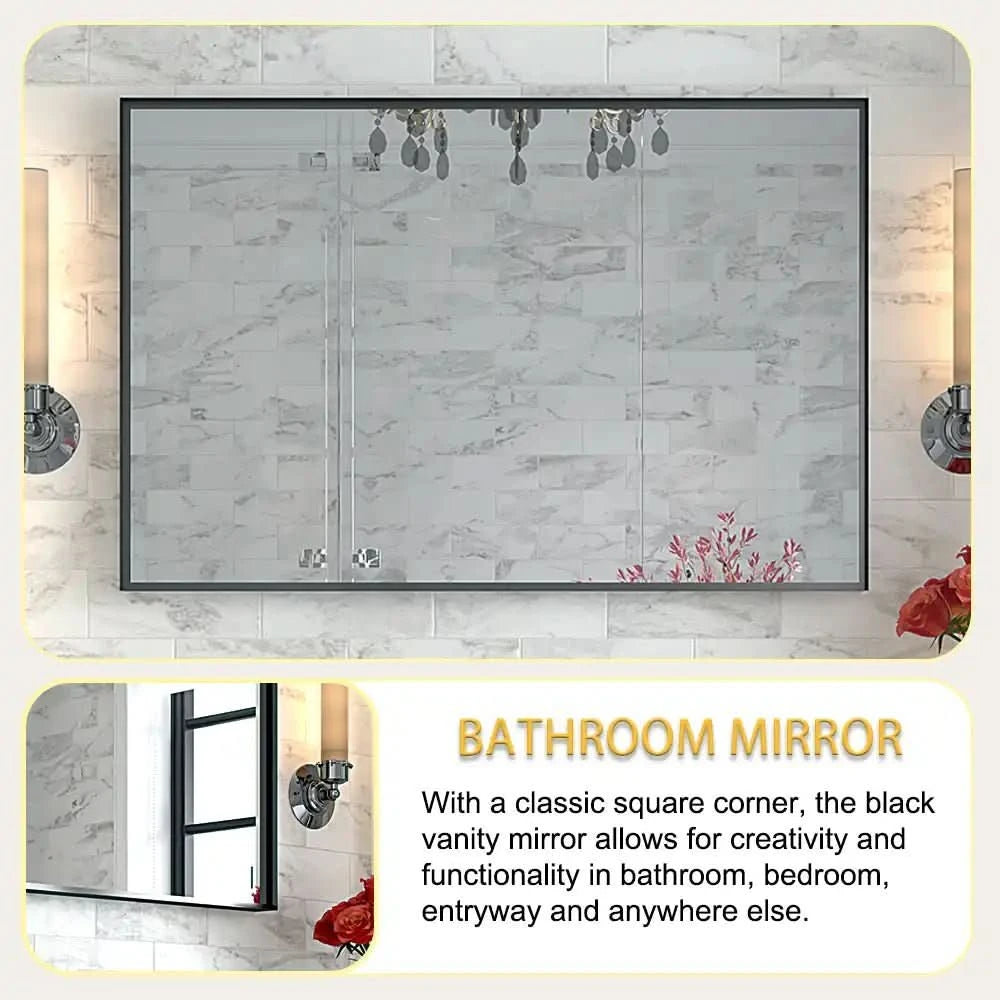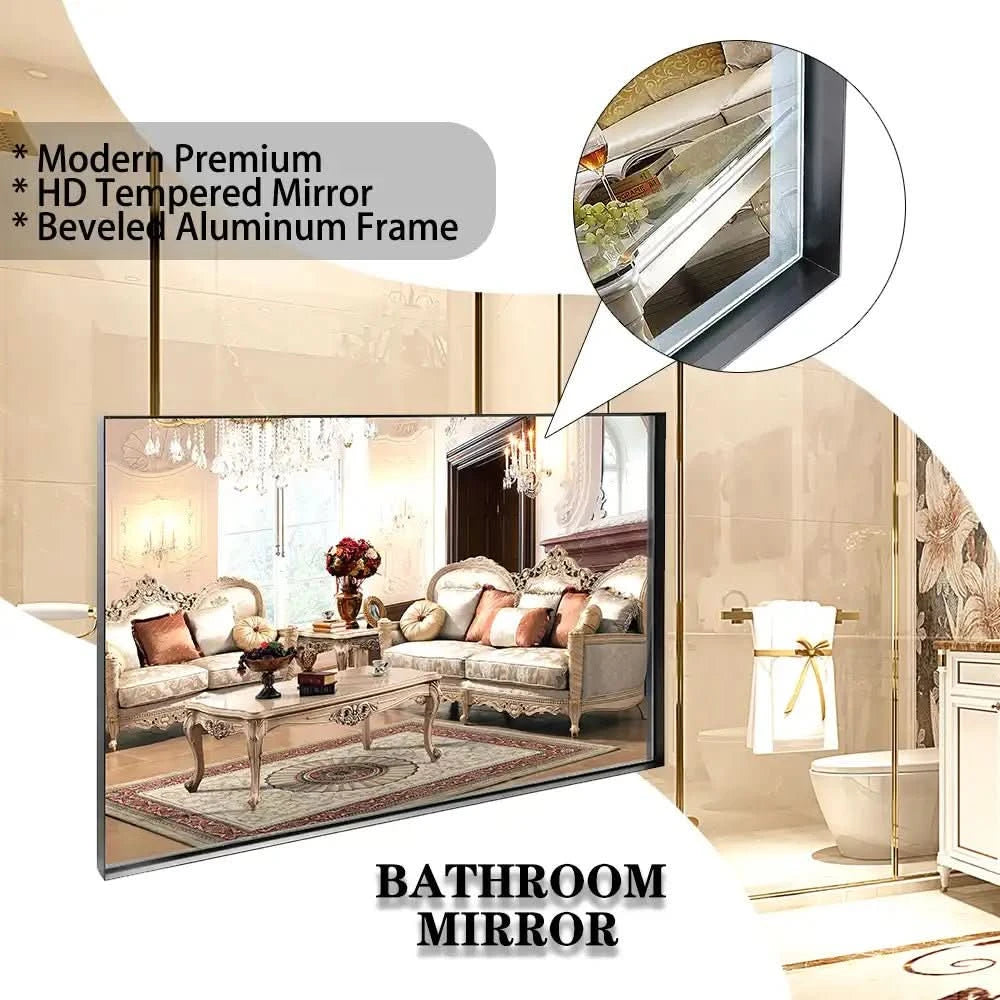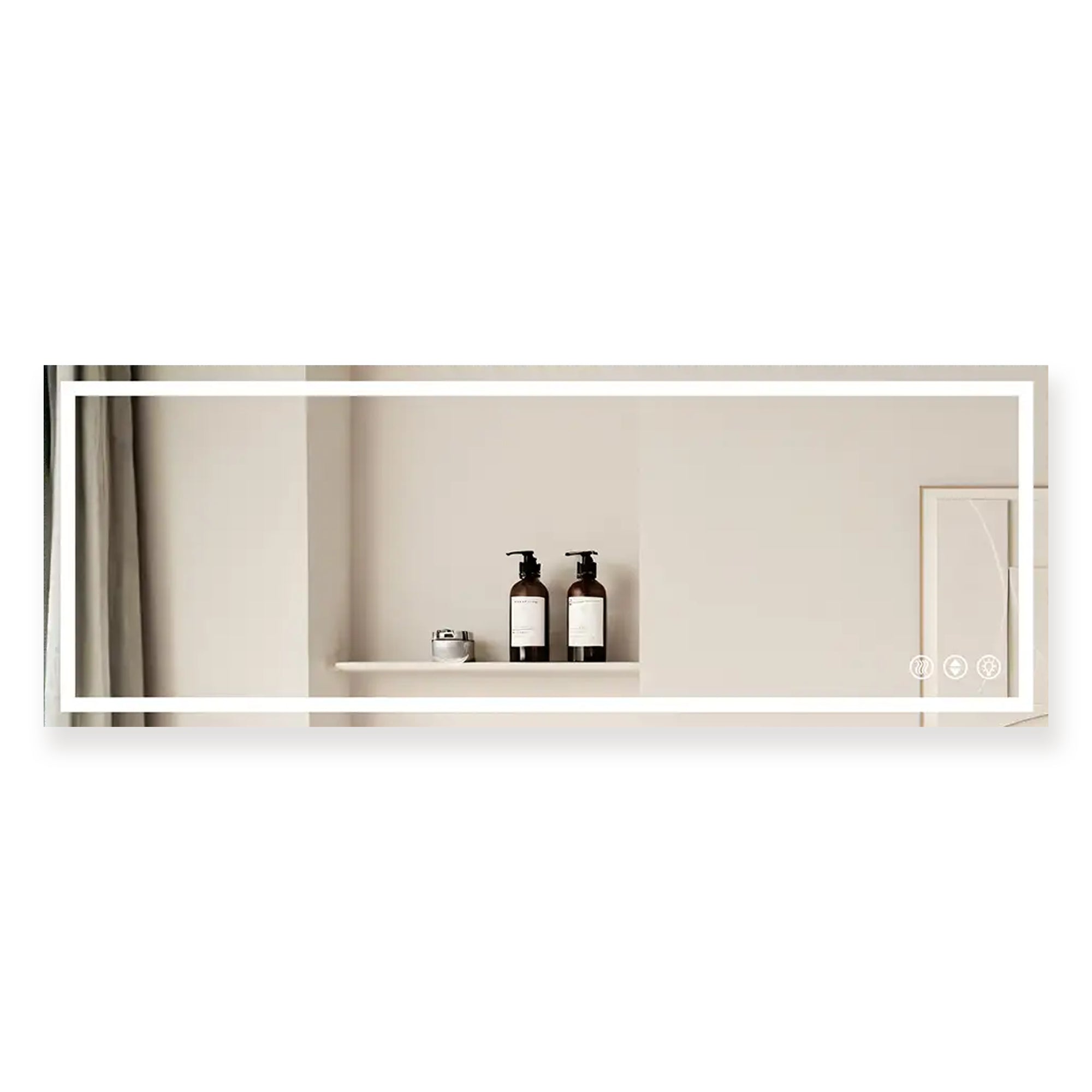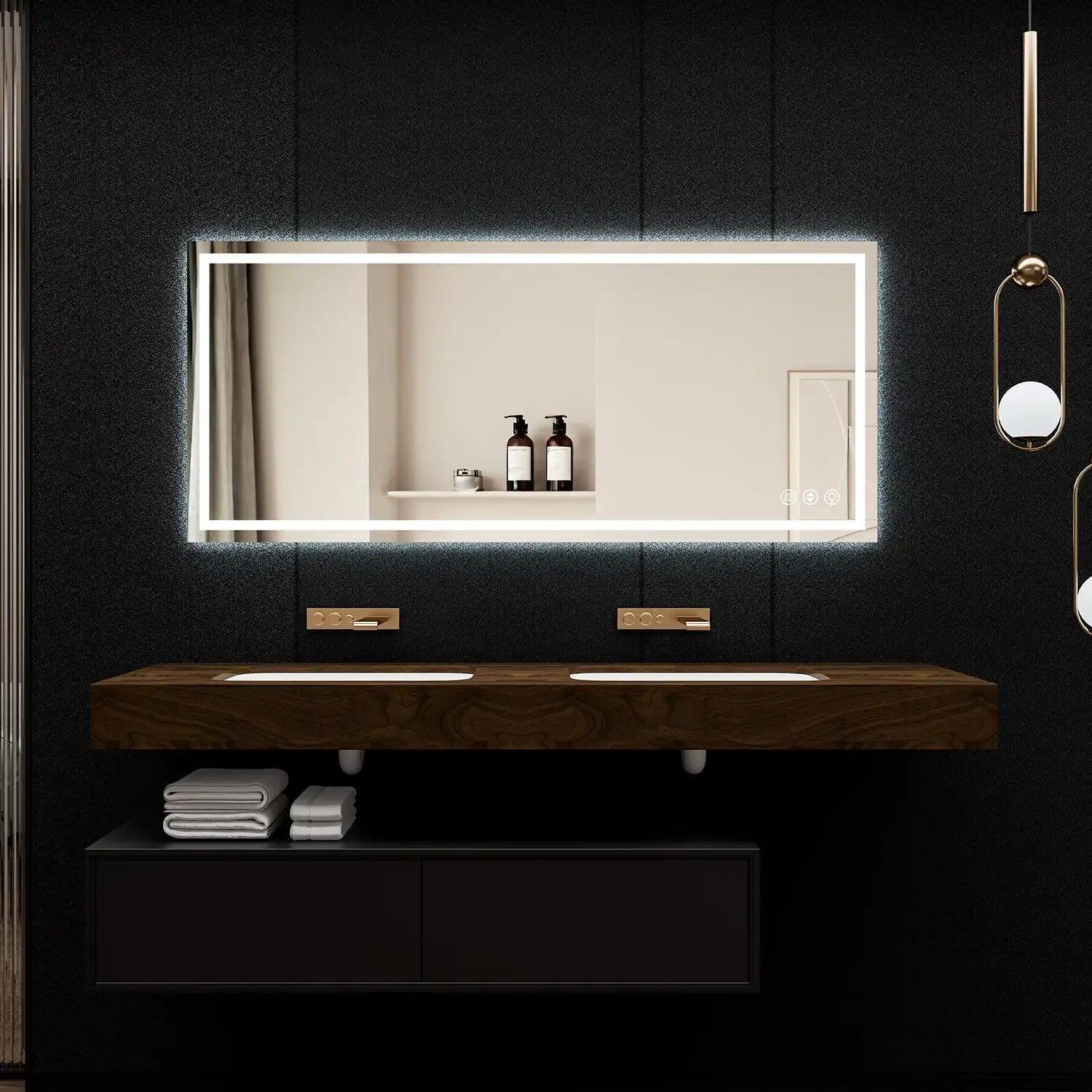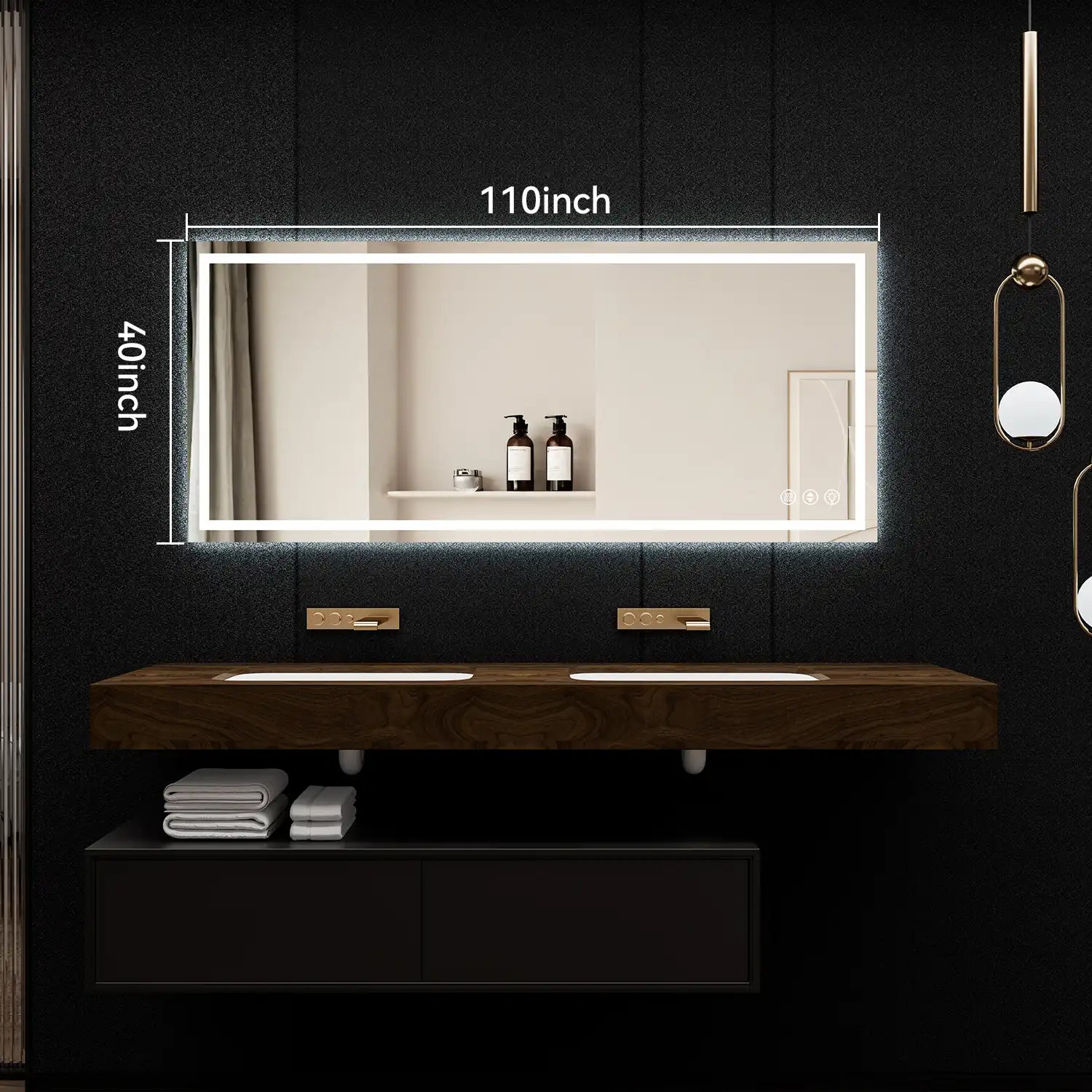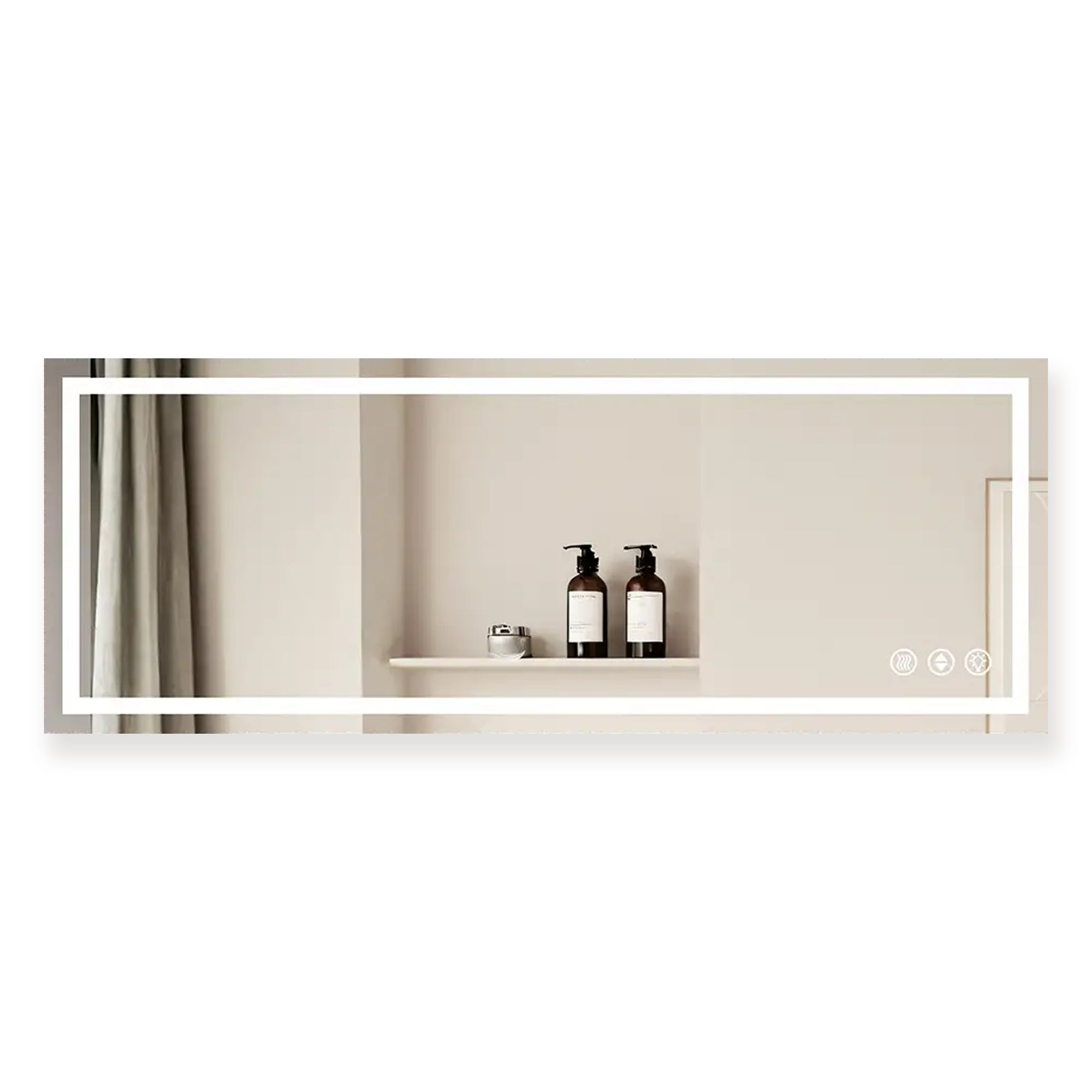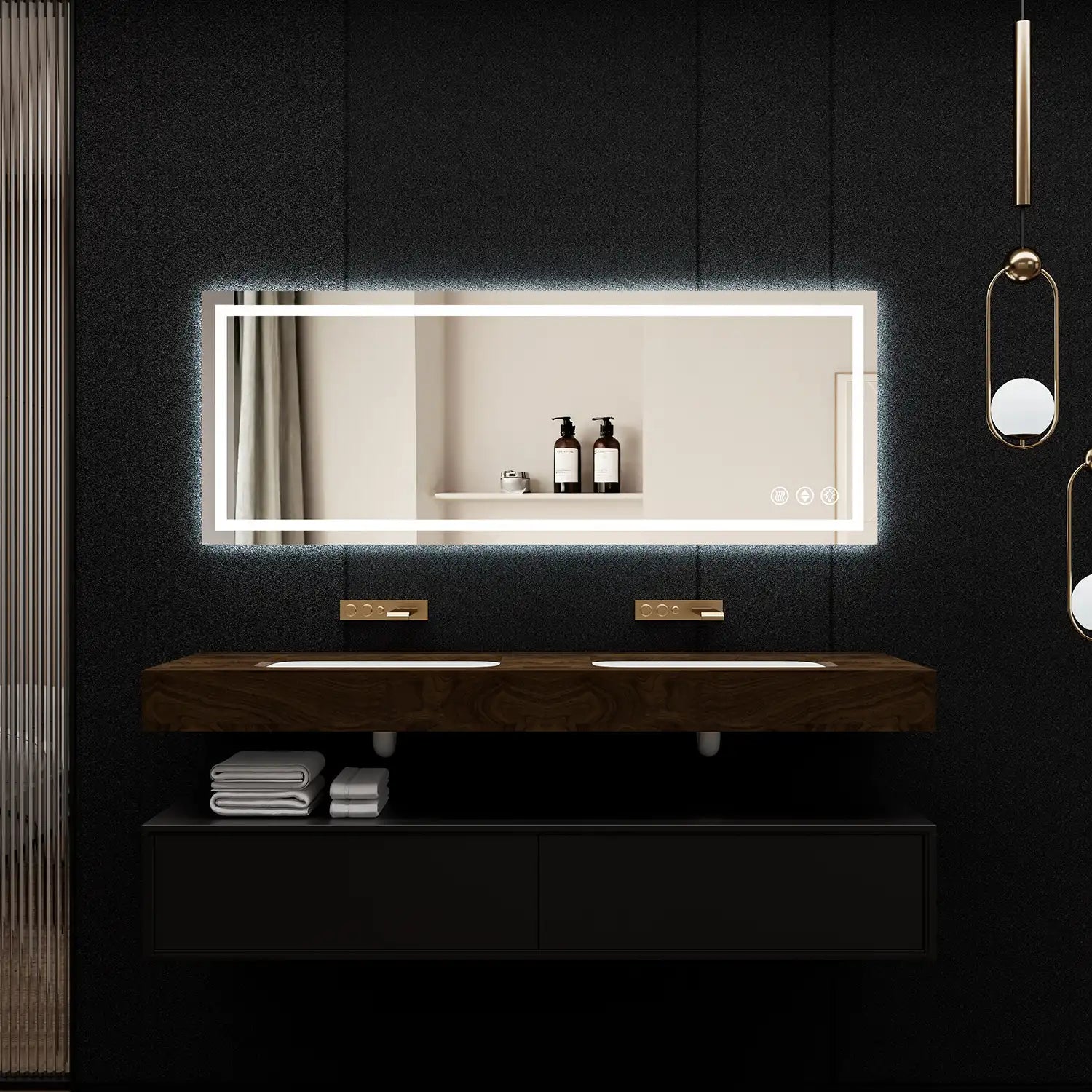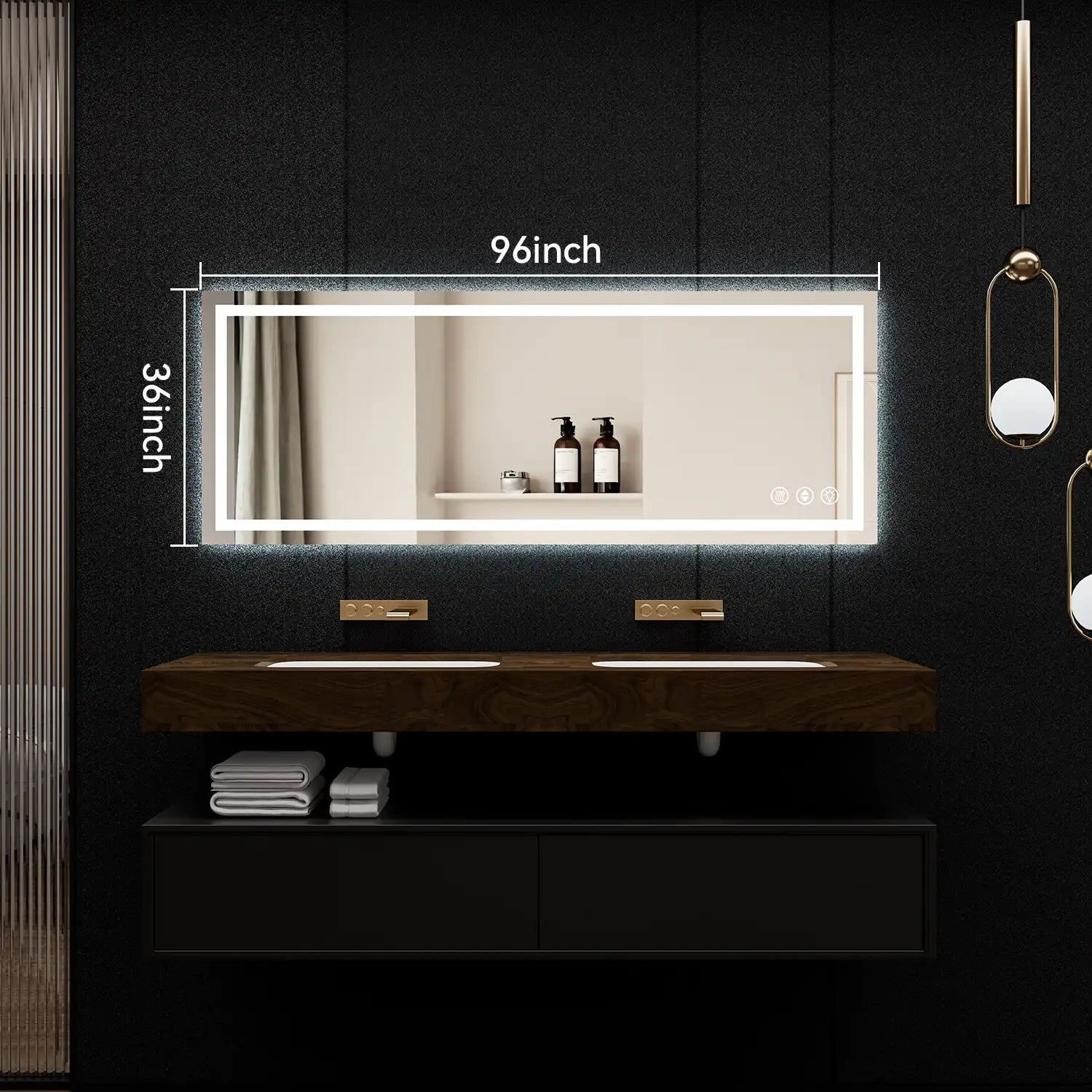Introduction
You’ve been searching for a bathroom mirror 40x40, only to find... nothing. Not on Amazon, not at Home Depot, not even from the boutique designers you follow. Why? Because the bathroom mirror 40x40—though highly searched—isn’t a standard size in the U.S. market.
But don’t worry—this doesn’t mean your dream of a symmetrical, well-proportioned bathroom is out of reach.
What you’re really looking for isn’t just a number—it’s a feeling: balance, function, and a mirror that makes your bathroom feel pulled together. While the exact dimensions of a bathroom mirror 40x40 may be tough to find, the good news is that there are plenty of smarter alternatives that look just as sleek, install more easily, and are available right now.
In this guide, we’ll break down why the 40x40 size is so elusive, what you can choose instead, and how to pick a mirror that looks amazing without all the hassle.

1. Why is the bathroom mirror 40x40 hard to get?
Let’s start with a reality check: a bathroom mirror 40x40 isn’t a common production size. That’s why even though people search for it frequently, it’s rarely in stock. Here's why:
It doesn’t match typical vanity proportions
Most bathroom vanities in American homes range from 30 to 48 inches wide. The ideal mirror width is typically 70–90% of the vanity width. Height, meanwhile, usually falls between 24–30 inches to leave room for lights or cabinetry. A bathroom mirror 40x40 tends to be too tall and can crowd wall lighting or ventilation grilles.
It complicates manufacturing
Mass-market mirrors are designed to be easy to ship, mount, and display. A bathroom mirror 40x40 breaks that system. It requires custom molds, extra packaging, and more fragile handling due to its square shape—none of which appeals to large-scale manufacturers.
It's expensive and risky to ship
Larger mirrors are more fragile, and a bathroom mirror 40x40 weighs more than its rectangular counterparts. That weight adds shipping costs, and the square shape increases risk of edge damage during transport. For retailers, it’s not worth stocking when better-selling options are easier to handle.
Stat Check: According to NKBA’s 2023 report, custom square mirrors cost up to 38% more to install due to mounting complexity and delivery risk.
So, what should you do? Choose an alternative size that’s available, practical, and looks just as sharp.
2. Better alternatives to the bathroom mirror 40x40
These mirrors aren’t just “almost the same”—they’re more flexible, better for your space, and come with enhanced features. Below are the top alternatives we recommend, all tried and tested by thousands of buyers searching for the elusive bathroom mirror 40x40.
40x30 Mirror – The best visual match

Same width as the bathroom mirror 40x40, but with a height that works better for most bathrooms. You still get that symmetrical, clean look, just without crowding your wall space. With HD glass, a beveled anti-stain edge, and a modern silver frame, this mirror suits nearly any decor—from transitional to ultra-modern.
Design Tip: Pair it with vertically mounted sconces to amplify the square illusion.
Why it works: This size is favored in over 35% of U.S. bathroom remodels involving 36–42" vanities, according to a 2022 Lowe’s project analysis.
39x30 Mirror – High-tech and nearly identical in shape

Just an inch shy of your goal width, this LED smart mirror provides touch-sensitive dimming, anti-fog control, and waterproof protection. For many, it’s a huge upgrade from a traditional bathroom mirror 40x40—especially in shared or family bathrooms.
Use Case: In homes where steam is a daily issue (looking at you, Seattle and Miami), the built-in defogger solves a major pain point that square, non-LED mirrors can’t.
Why it’s better: It fits easier into a wall layout and doesn’t demand ceiling rewiring for lighting.
36x30 Mirror – The functional classic

It’s not square, but it’s widely used and visually balanced. A bathroom mirror 40x40 may appeal to your inner perfectionist, but in practice, 36x30 fits far more cabinets and wall arrangements.
Extra Benefit: Easy DIY install. Two brackets, a level, and 20 minutes—and you’re done.
Customer Insight: "We originally wanted a bathroom mirror 40x40, but this was in stock and worked better with our light bar above the vanity.” — Jenna M., Phoenix, AZ
48x30 Mirror – Go big, stay balanced

Why settle for a square when you can get something that makes your space feel twice as open? A 48x30 mirror is ideal for double sinks or larger vanities and offers a stronger horizontal presence than a bathroom mirror 40x40.
Design Strategy: Use it with dual sconces or recessed wall lighting. The result is elegant, layered lighting that elevates your bathroom instantly.
Fun Fact: This size has grown 22% in market demand since 2021 due to its compatibility with modern farmhouse and spa-inspired bathroom designs.
24x24 or 28x28 – Compact with clean proportions

If you’re outfitting a small guest bath or powder room, these smaller square mirrors can still give you the aesthetic of a bathroom mirror 40x40—without overpowering your walls.
Use Case: Perfect for narrow wall spaces or for doubling up in shared bathrooms where side-by-side symmetry matters.
Bonus: Some customers install two 24x24s over a single 60" vanity to create dual personal zones—a brilliant alternative to custom-length mirrors.
3. How to choose the right mirror size for your bathroom
Choosing the correct mirror isn’t just about looks. Here’s what truly matters if you’re shopping with a bathroom mirror 40x40 in mind:
Fit your vanity first
Measure the width of your vanity. Multiply by 0.75 to get your ideal mirror width. A 40" vanity? A 30" mirror is your sweet spot.
Mind the lighting
Too tall a mirror—like the bathroom mirror 40x40—can block wall-mounted lights or cast awkward shadows. Mirrors between 28"–32" tall tend to leave just the right space.
Consider your ceiling height
Low ceilings? Choose a wider, shorter mirror. High ceilings? You can go taller—just don’t forget the lighting placement.
Vertical vs. horizontal mounting
The bathroom mirror 40x40 is square, so it’s flexible on paper. But many rectangular mirrors (40x30, 36x30) are bi-directional too. Mounting vertically gives you the height illusion of a square mirror while preserving wall space.
Tip: Want symmetry? Use wall-mounted shelves or towel bars to “frame” a non-square mirror and create the same spatial balance you’d get from a bathroom mirror 40x40.
4. Hidden costs of chasing the bathroom mirror 40x40
Before custom-ordering that elusive square mirror, consider these added expenses:
Shipping fees: Mirrors over 38" often incur oversize freight surcharges.
Mounting: A 40x40 may require reinforced wall anchors—especially on drywall without studs.
Break risk: Square mirrors distribute force differently in transit and are more prone to edge cracking.
Electrical tweaks: If lighting is already hardwired above your vanity, taller mirrors could block access.
All of these are solvable—but cost money. Most customers don’t factor in these extras until it’s too late.
Conclusion
At first glance, a bathroom mirror 40x40 might seem like the ultimate choice: symmetrical, bold, and Pinterest-worthy. But once you get into the practical details—availability, installation, lighting clearance, and cost—it quickly becomes clear that it’s not always the best solution.
The truth is, you don’t need a perfectly square mirror to achieve a perfectly designed bathroom. Options like 40x30, 39x30, and even 36x30 offer similar visual weight and proportion, with added benefits like LED lighting, defogging technology, and flexible mounting. They’re not just more available—they’re often more versatile and better aligned with real-world layouts.
So don’t get stuck chasing a rare spec. Choose a mirror that fits your space, works with your lighting, complements your vanity—and still gives you the visual symmetry and design satisfaction you’re after.
Explore our curated mirror collection to find your perfect match—no compromises required.
FAQ
Q1: Can I custom-order a bathroom mirror 40x40?
Yes—but expect 4–6 weeks of lead time and up to 40% higher cost than standard options.
Q2: What if I want the exact symmetry a 40x40 provides?
Use 40x30 or 36x30 with vertical sconces and framing. Visually, the effect is nearly identical.
Q3: Do wider mirrors make small bathrooms look bigger?
Absolutely. Mirrors like 48x30 increase perceived space, reflect more light, and feel more open than a small square option.
Q4: Do LED mirrors come in 40x40?
Rarely. Most smart mirrors come in rectangular formats, with 39x30 being a top-performing alternative.
Q5: What if I really want a square mirror?
Try two 24x24s side-by-side, or look into a 36x36 model—both give you that square vibe with more install options.
Related Articles:
Top Mistakes to Avoid When Choosing a Mirror Size for Your Bathroom Vanity
How to Choose the Right Size Round Mirror for Your Bathroom Vanity
How to Choose the Right Mirror Shape for Your Bathroom Vanity
